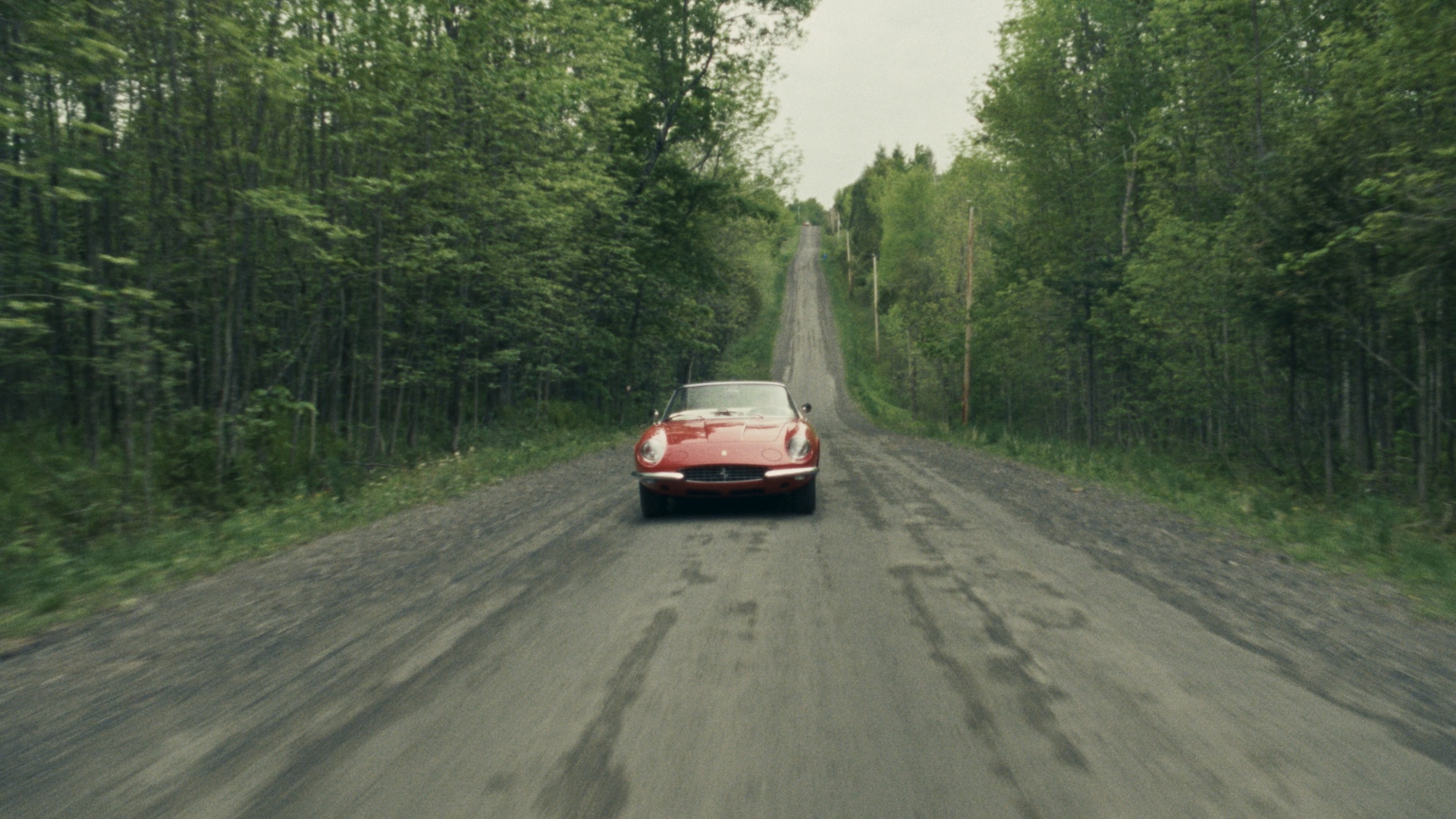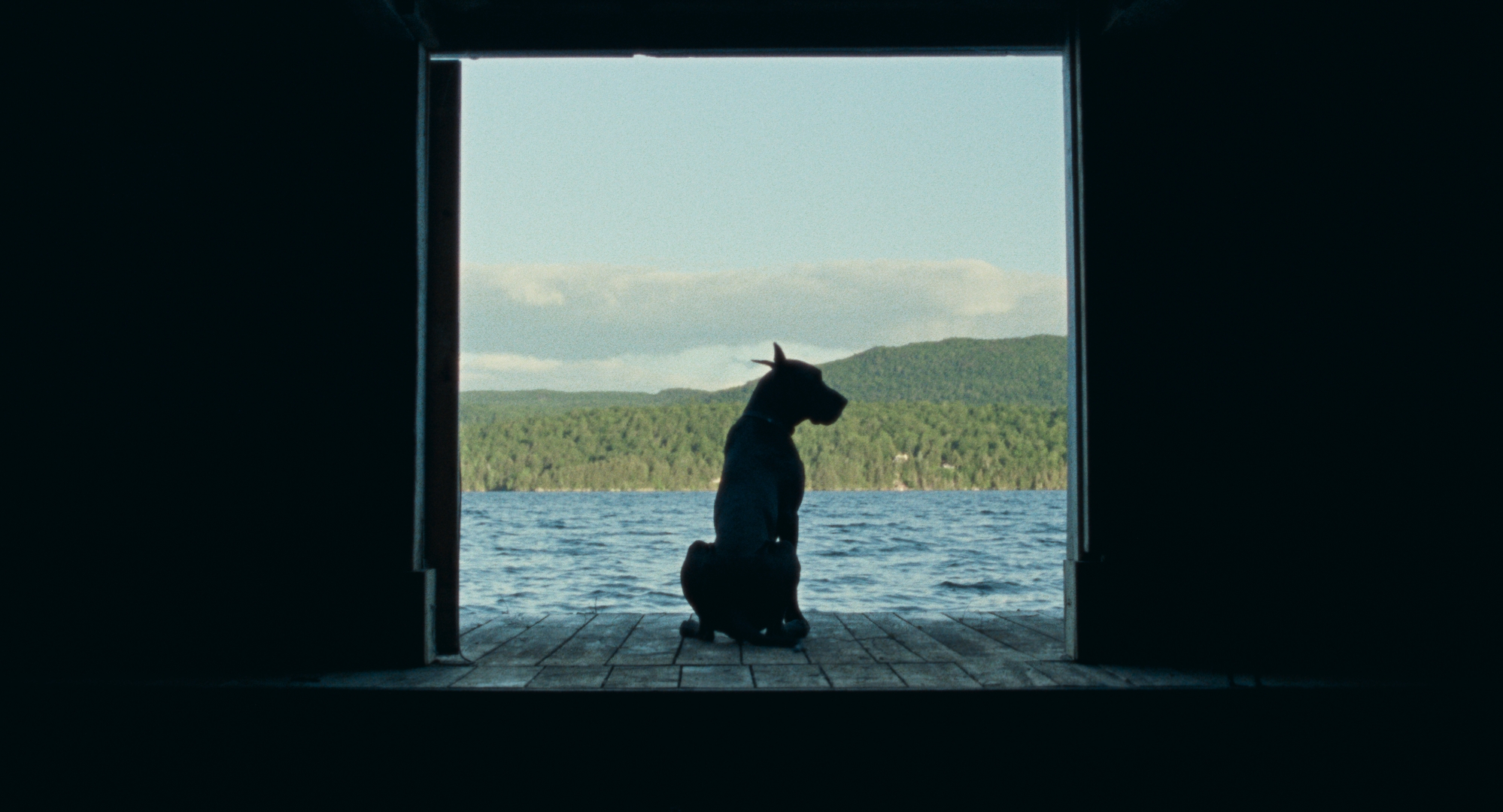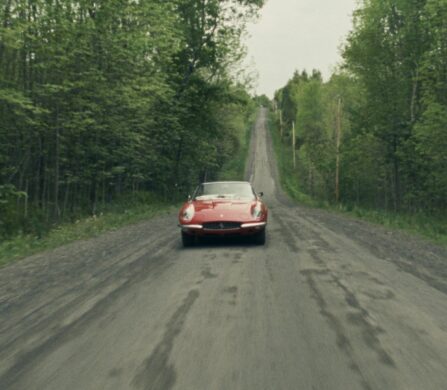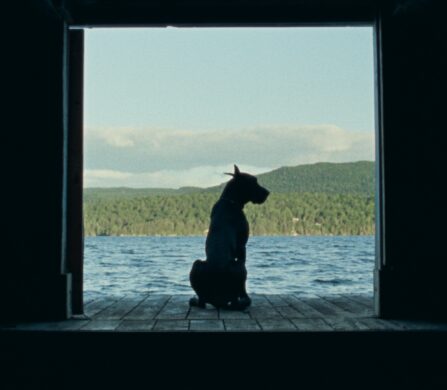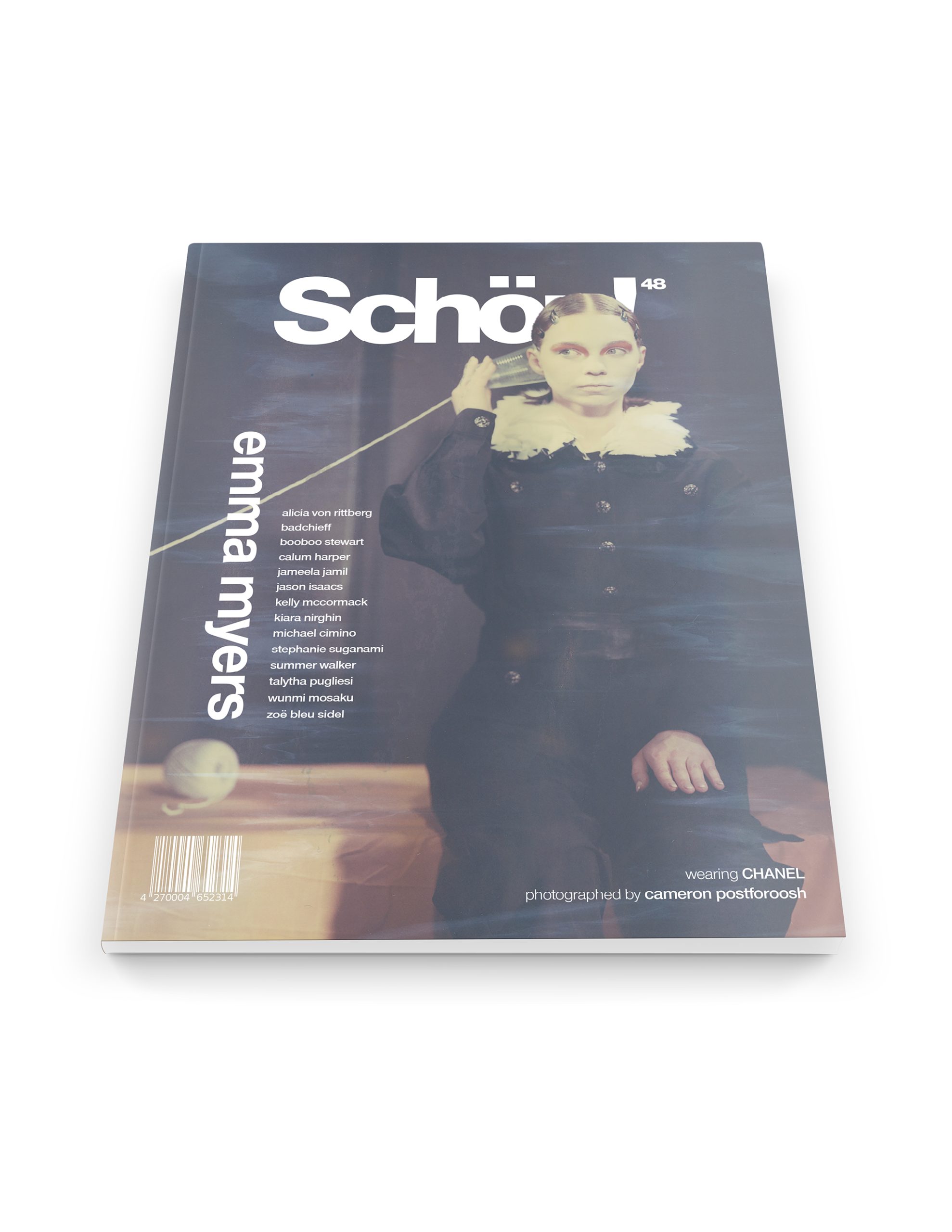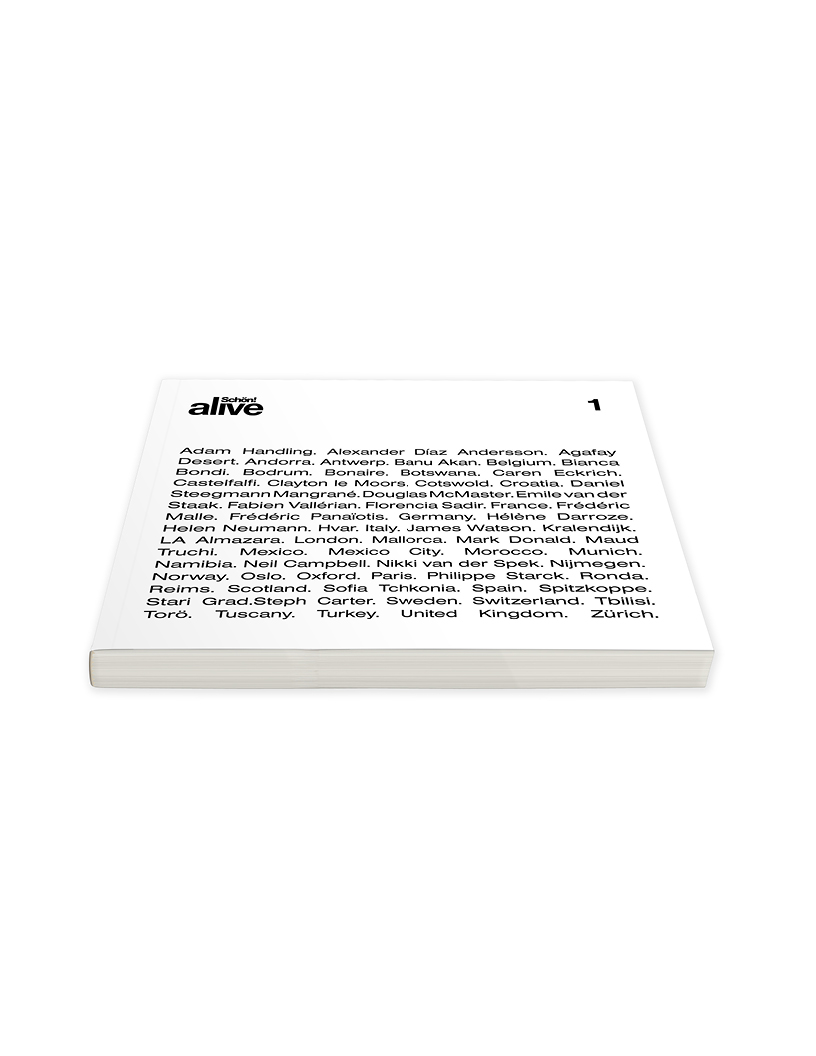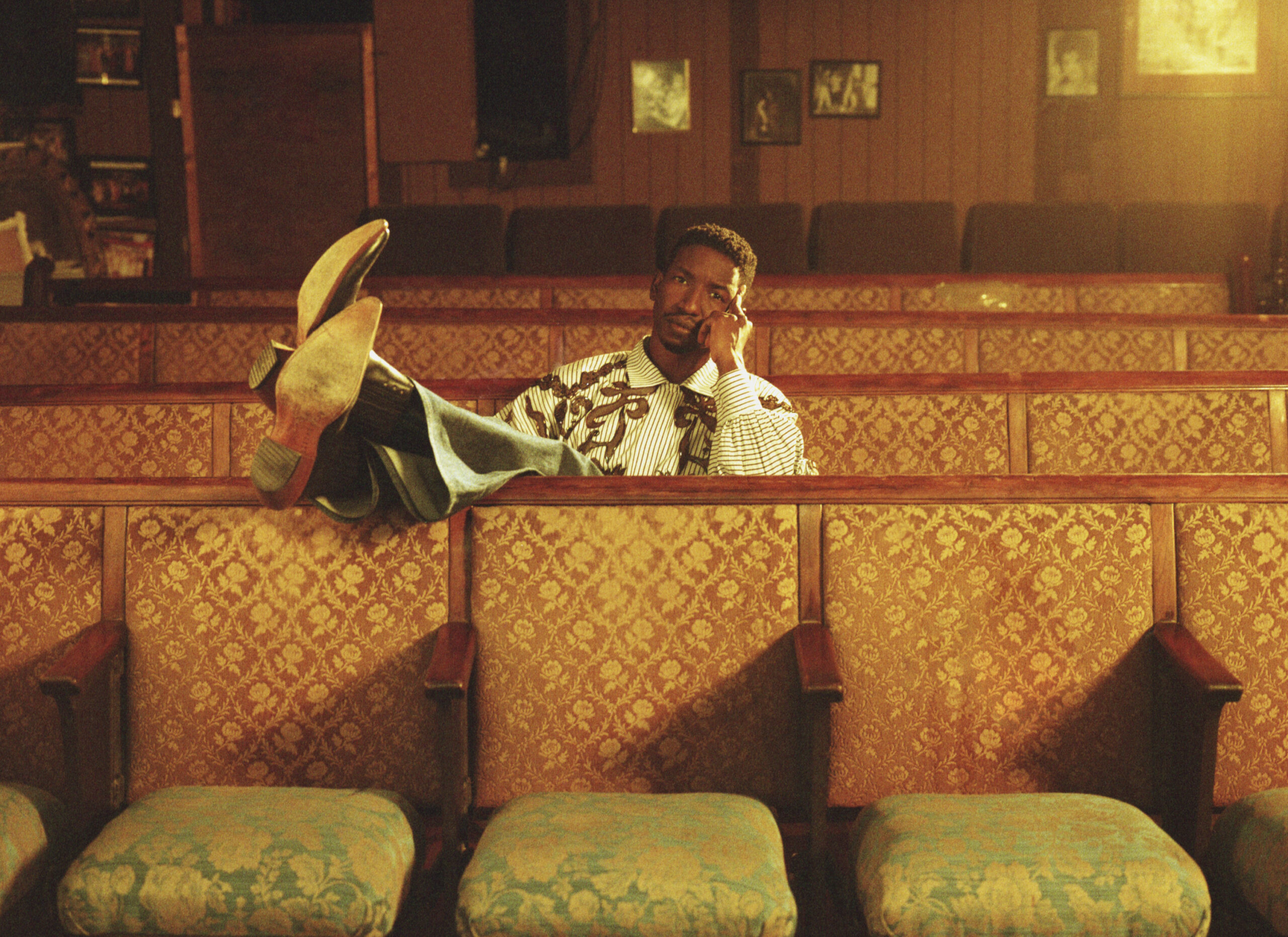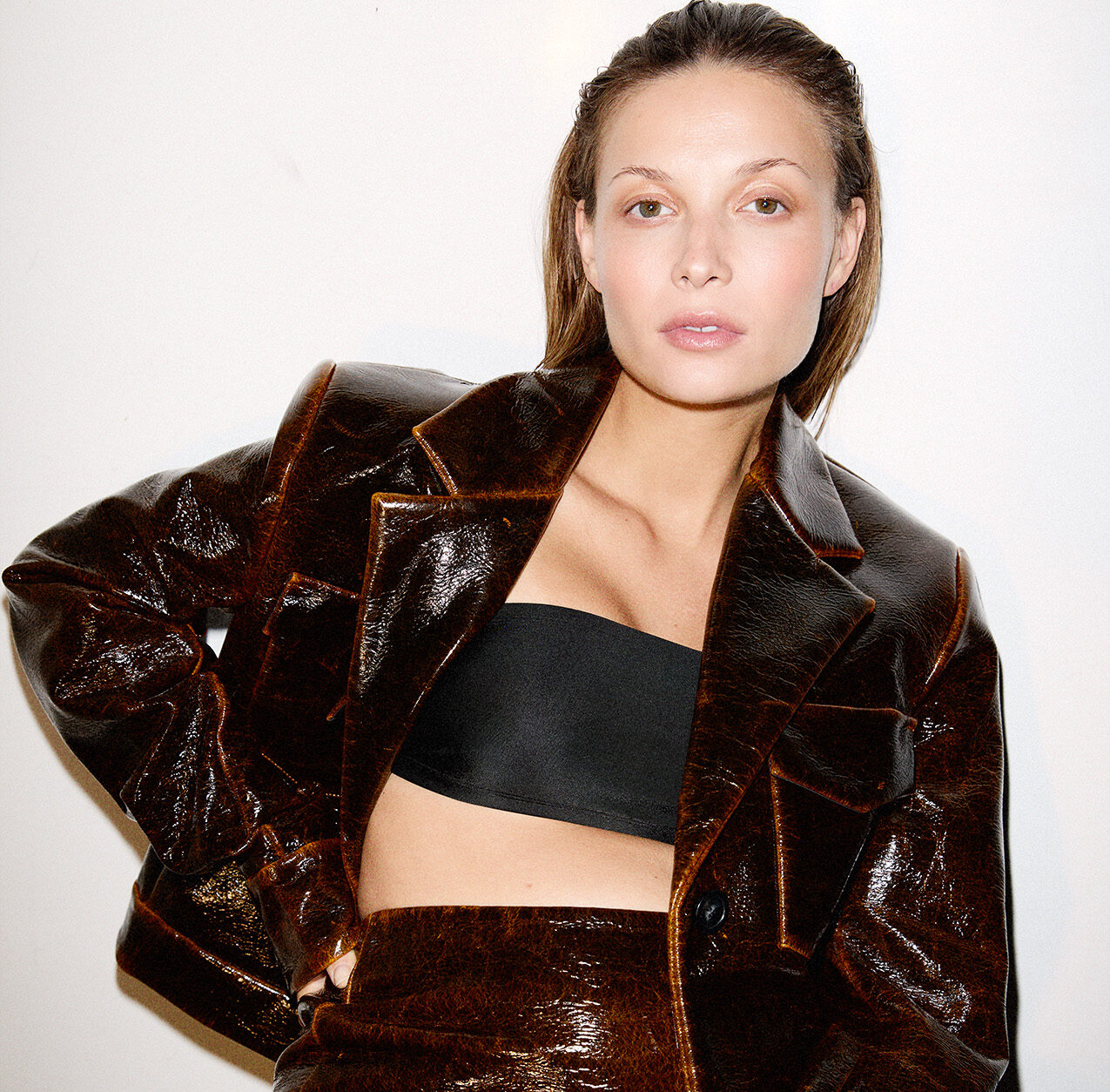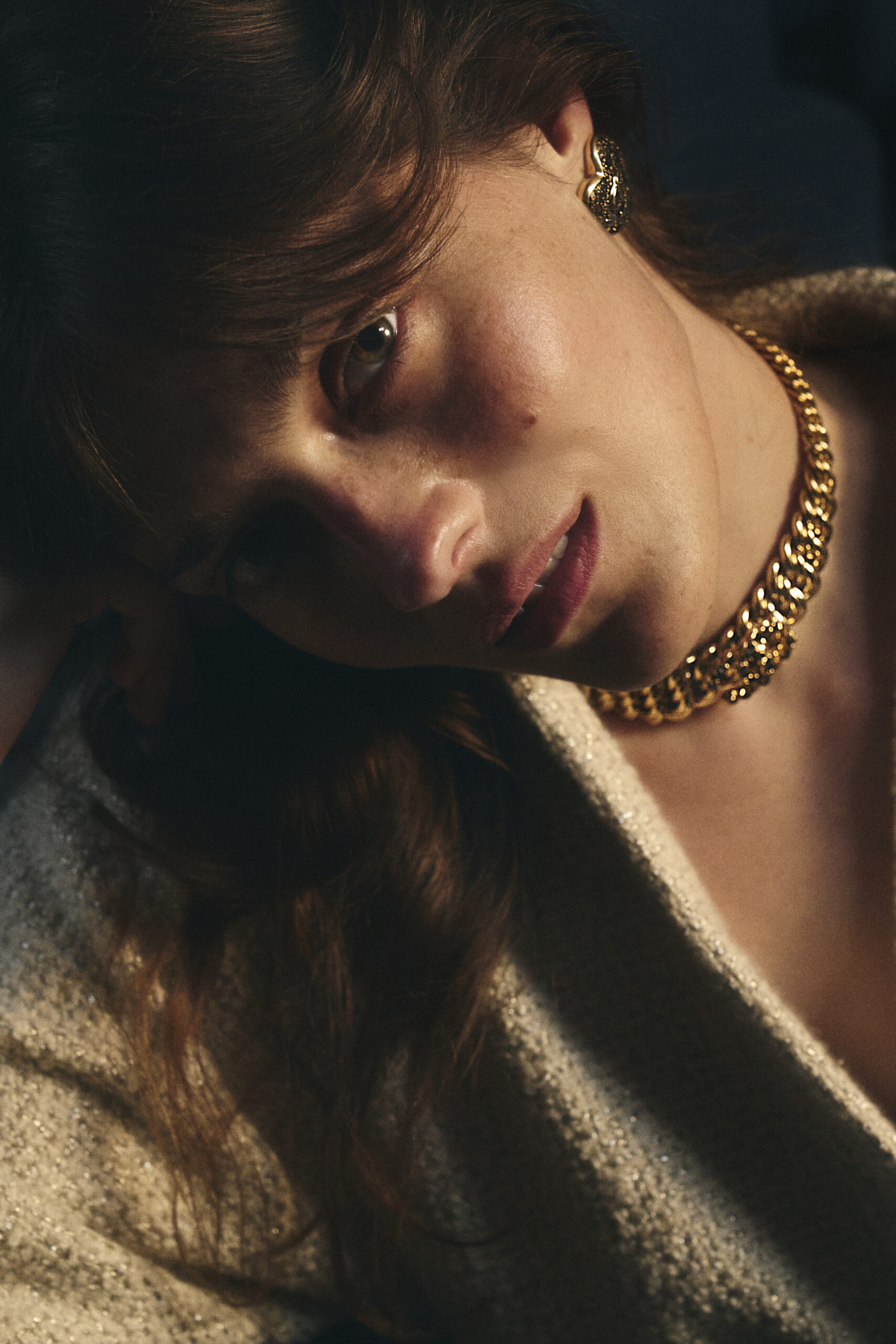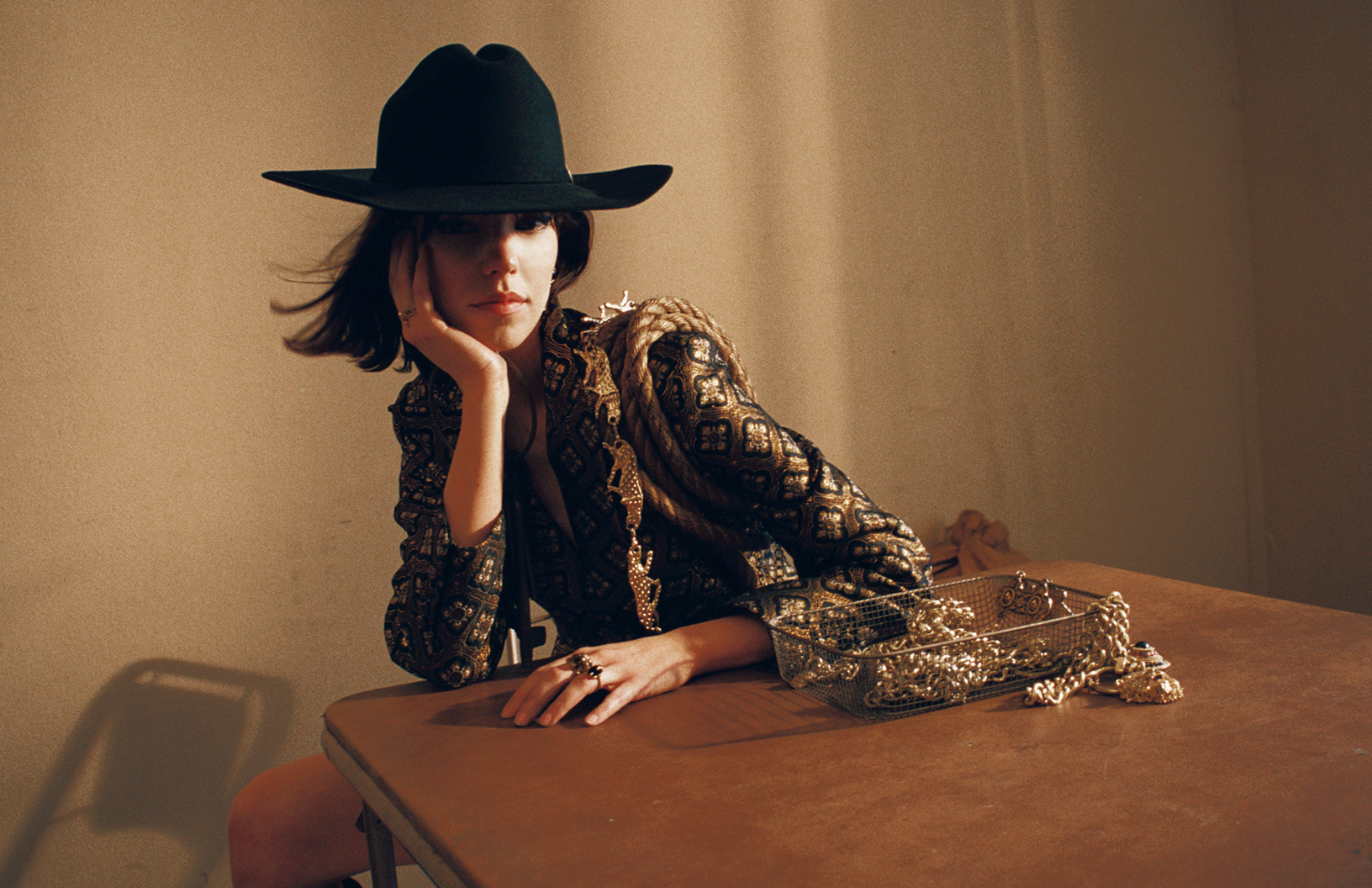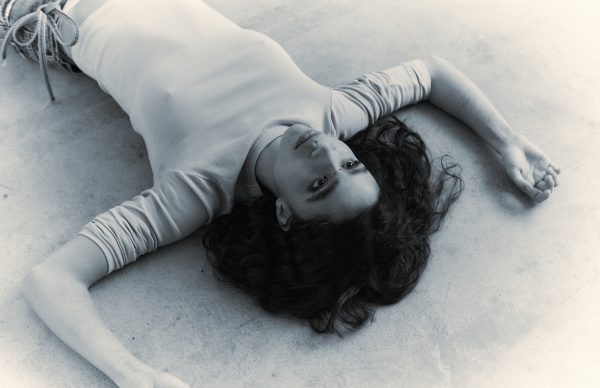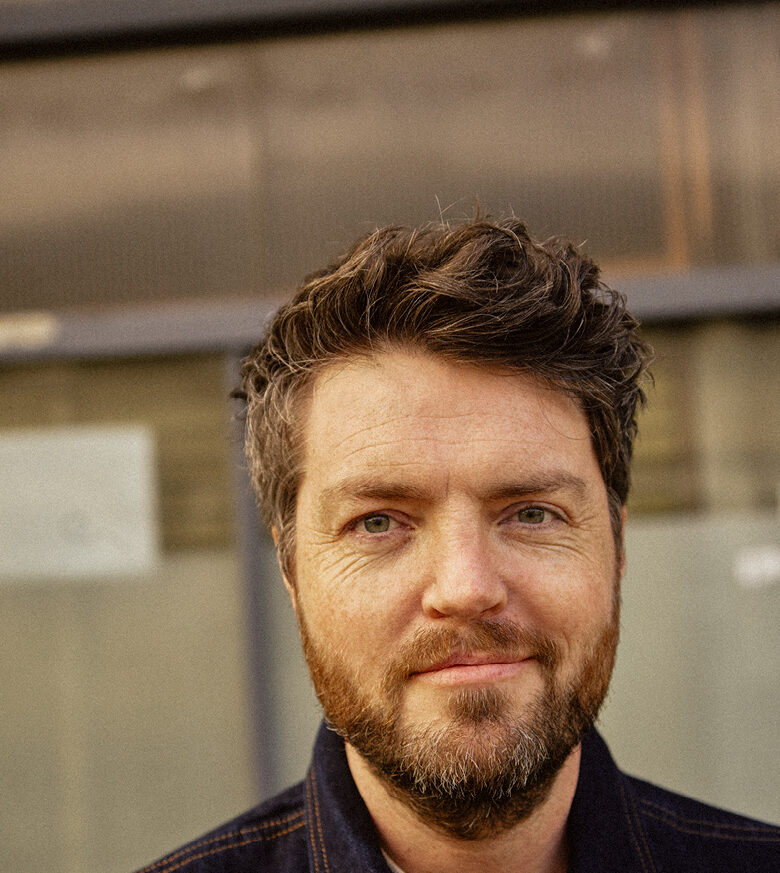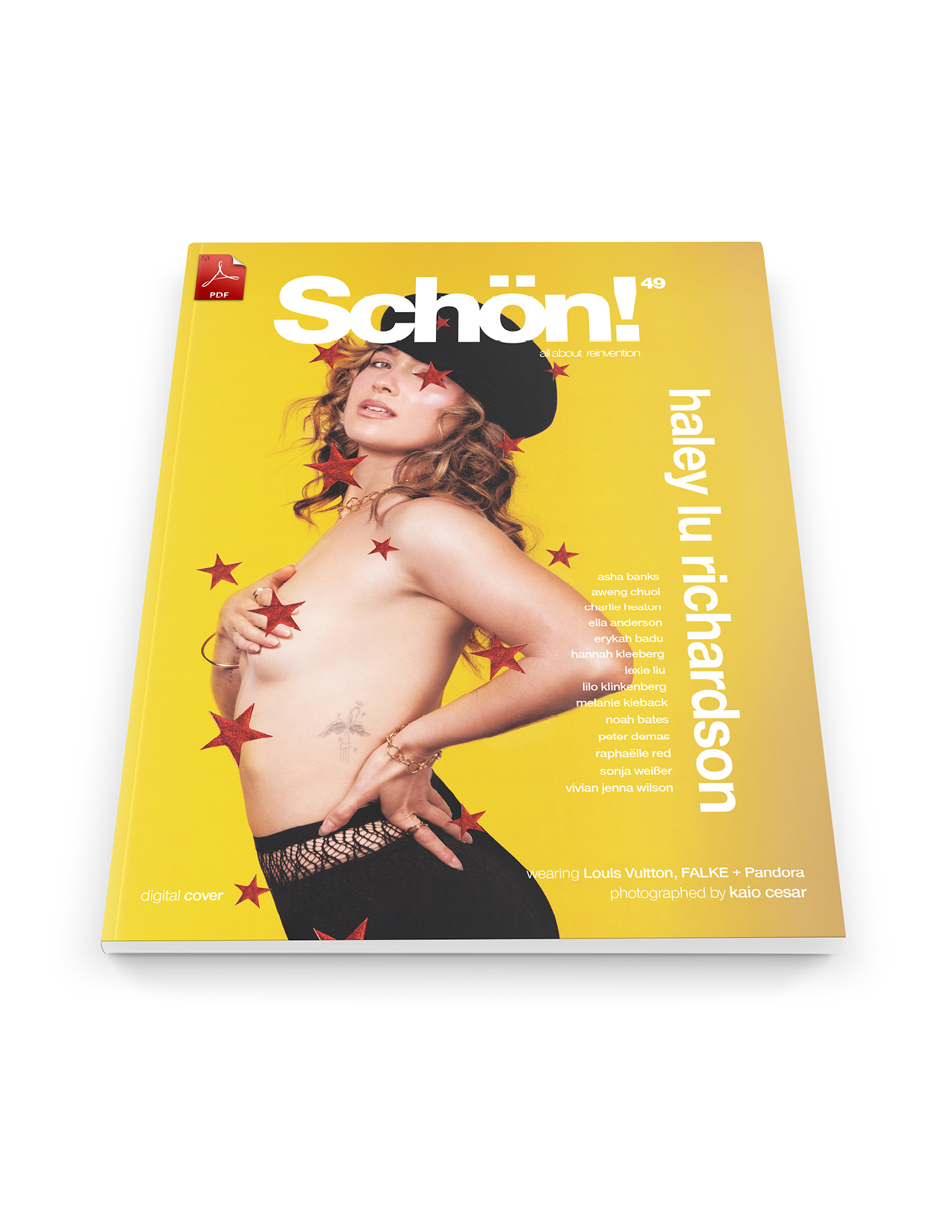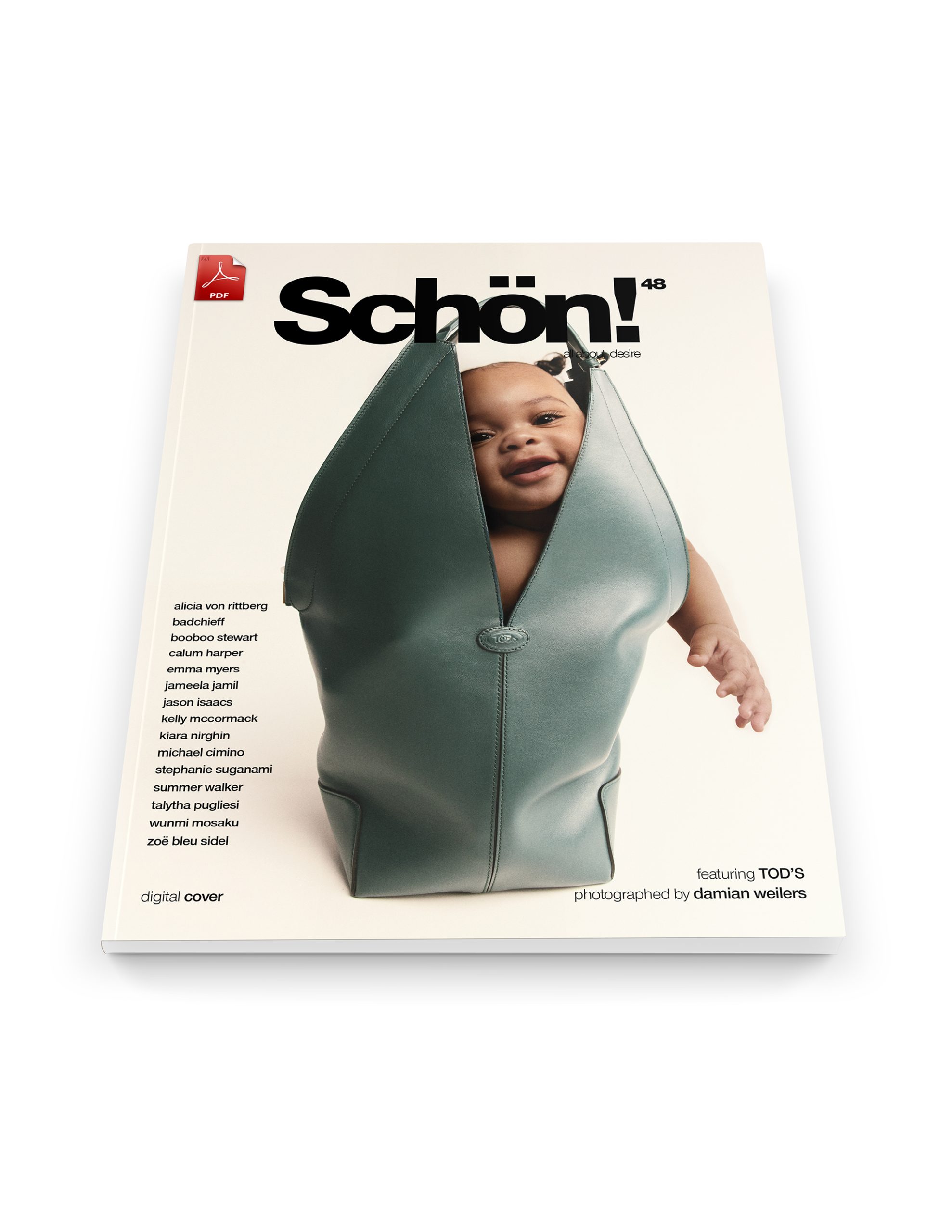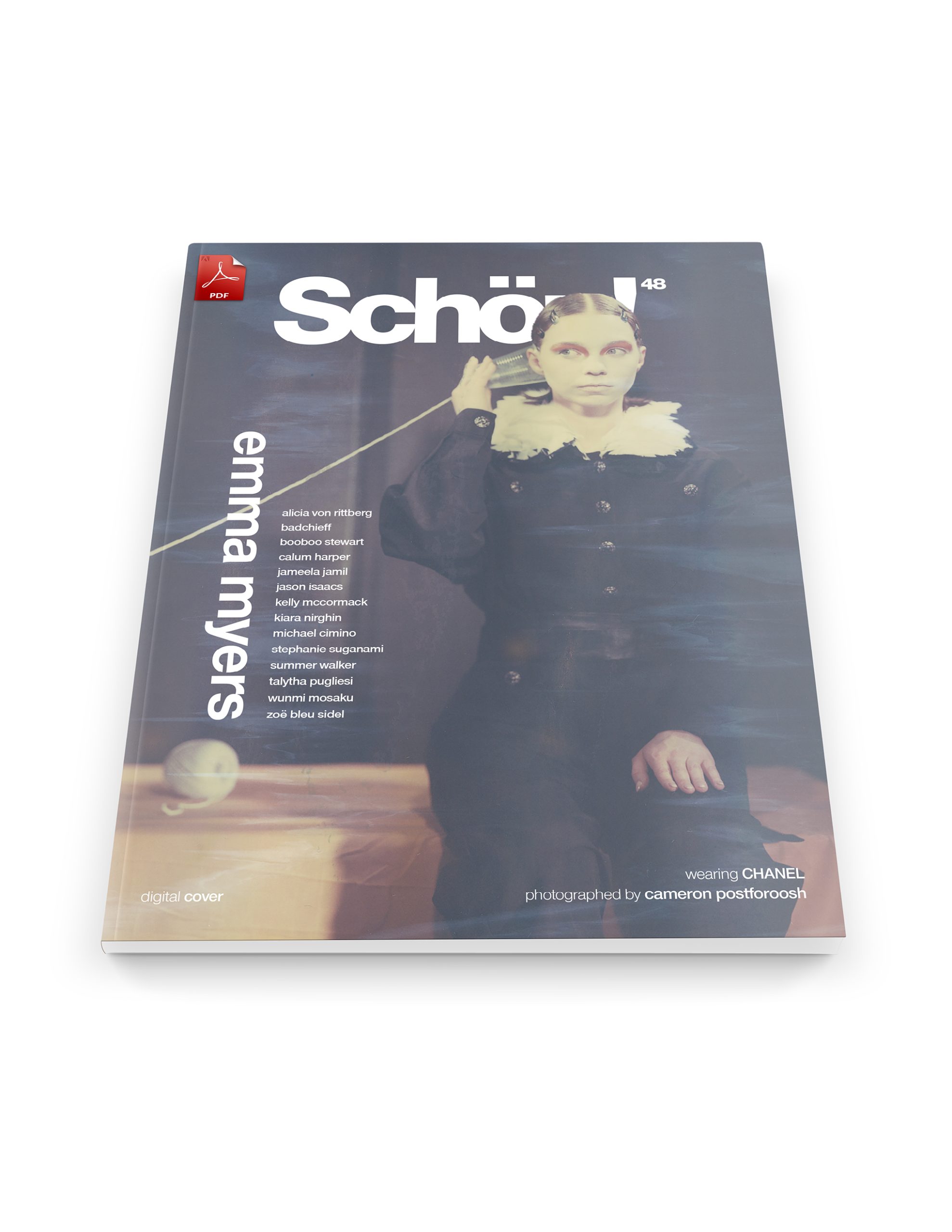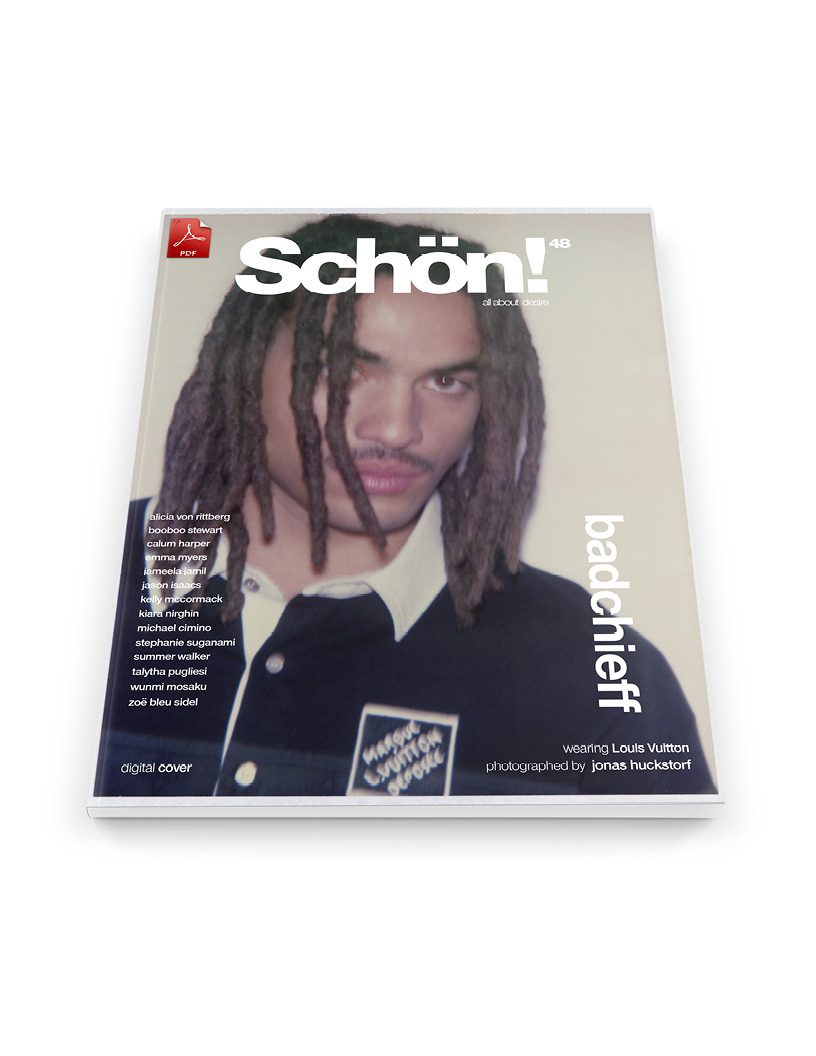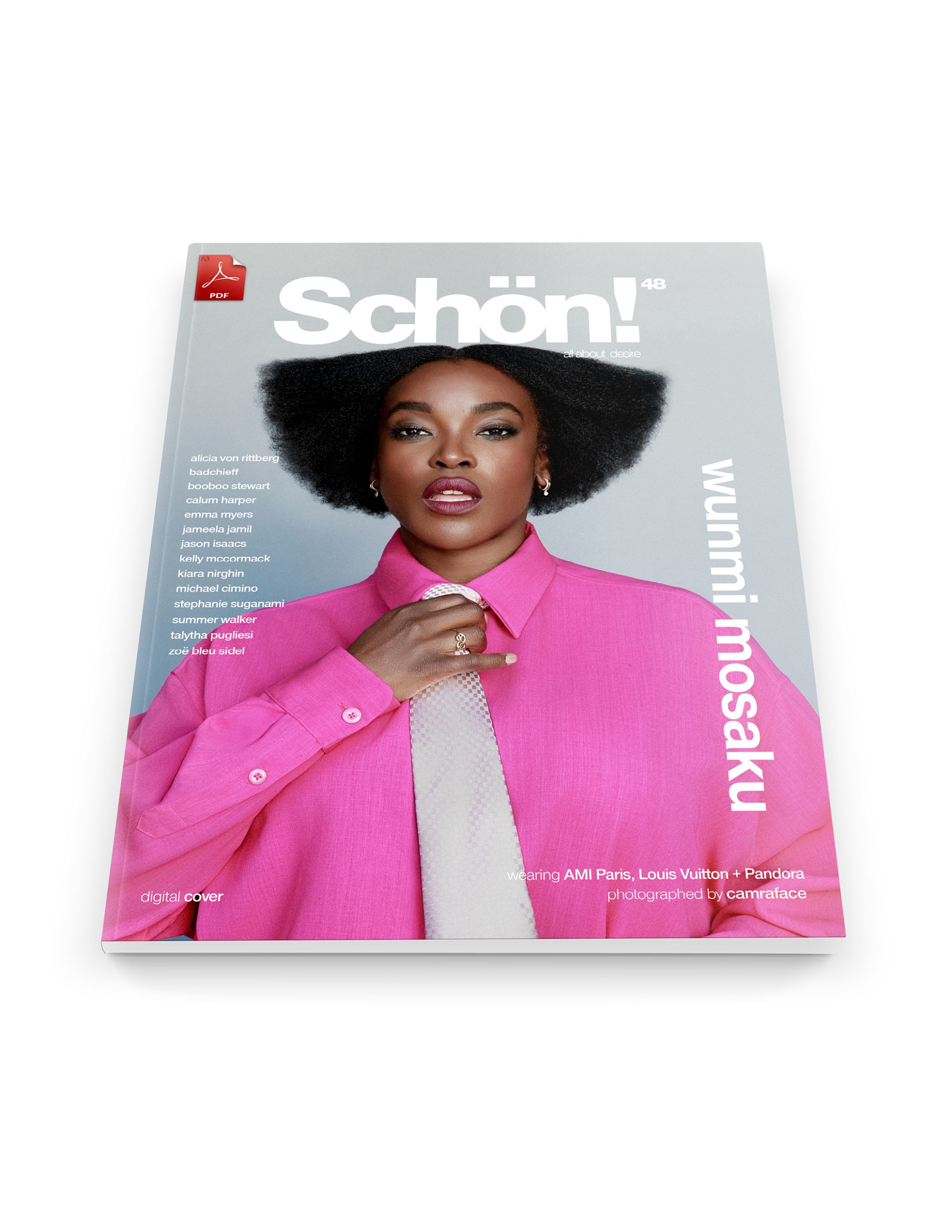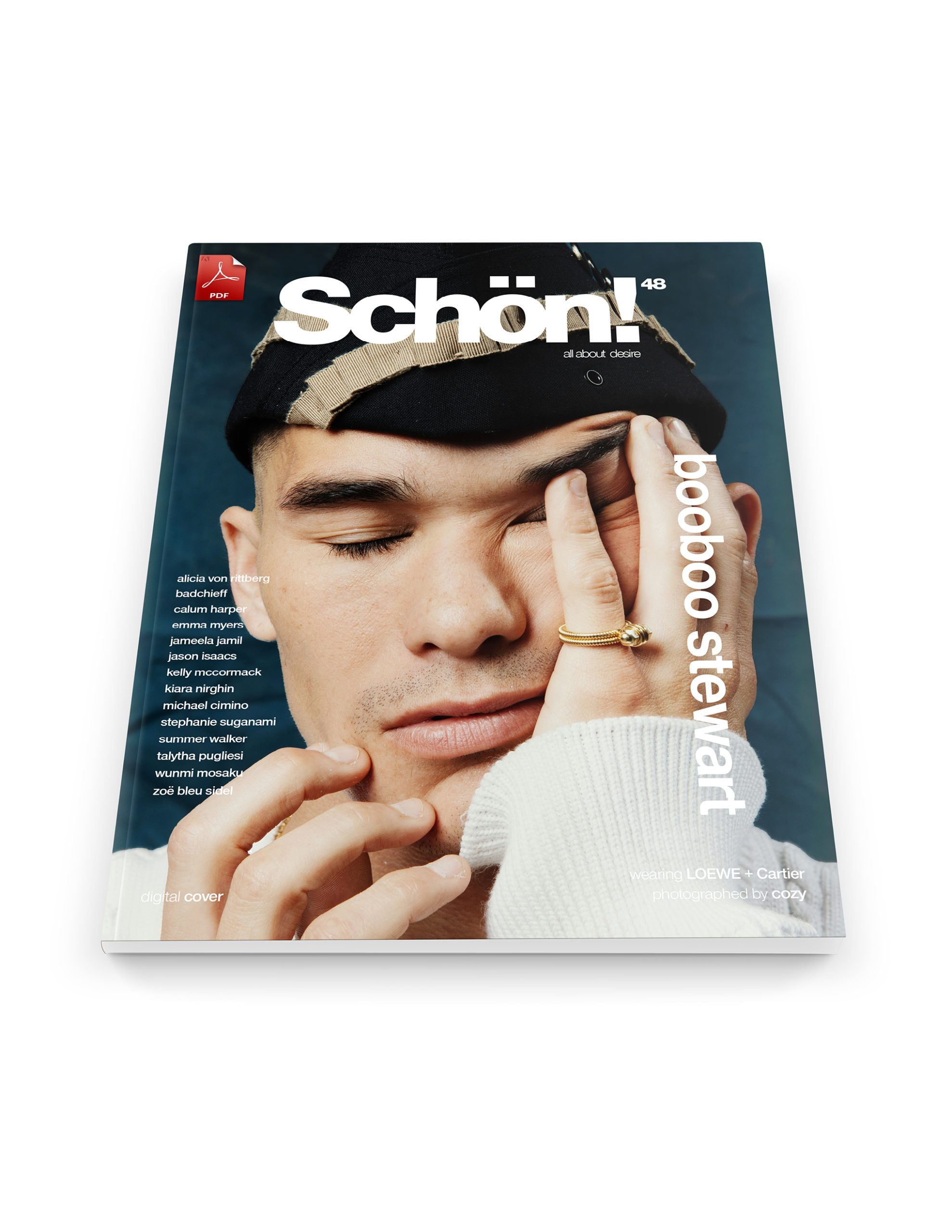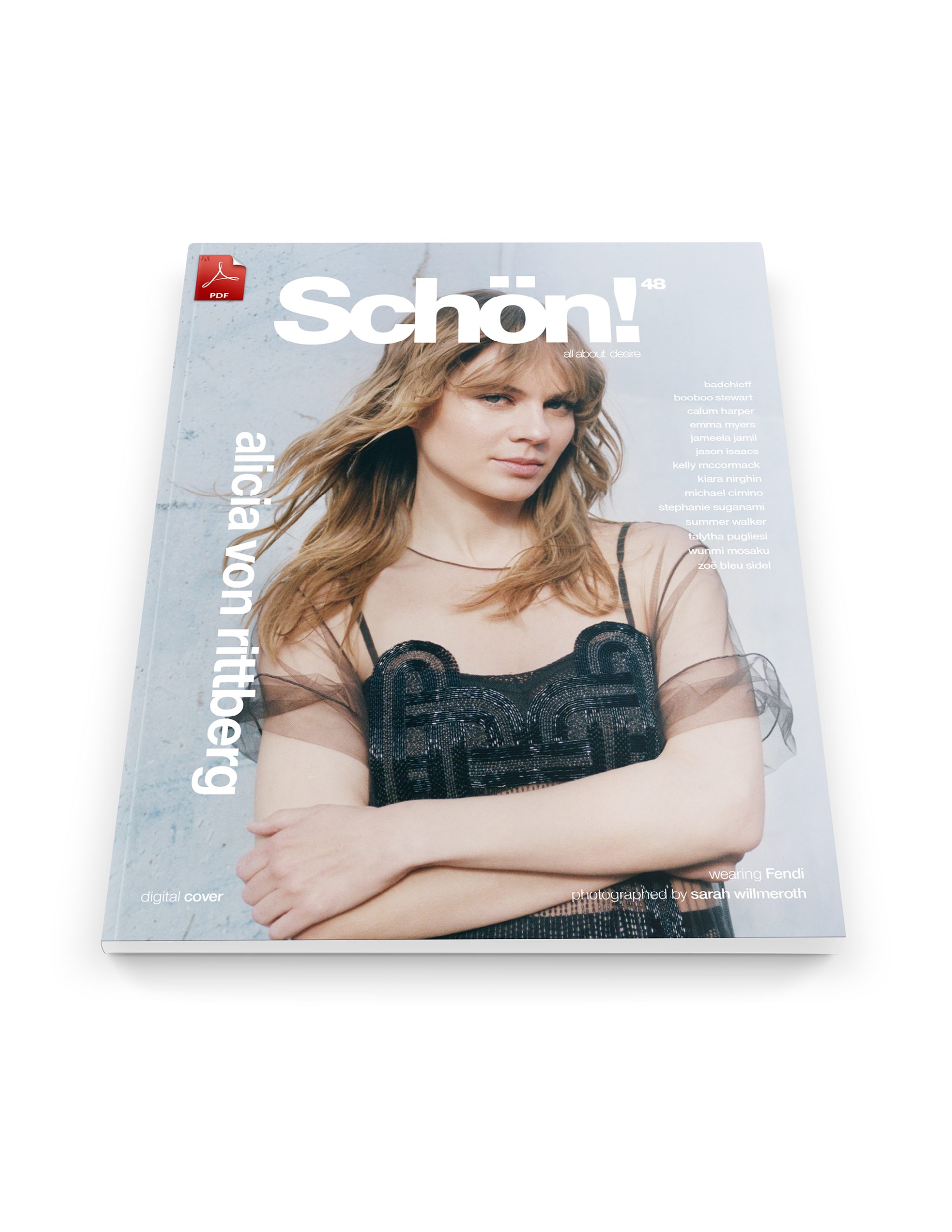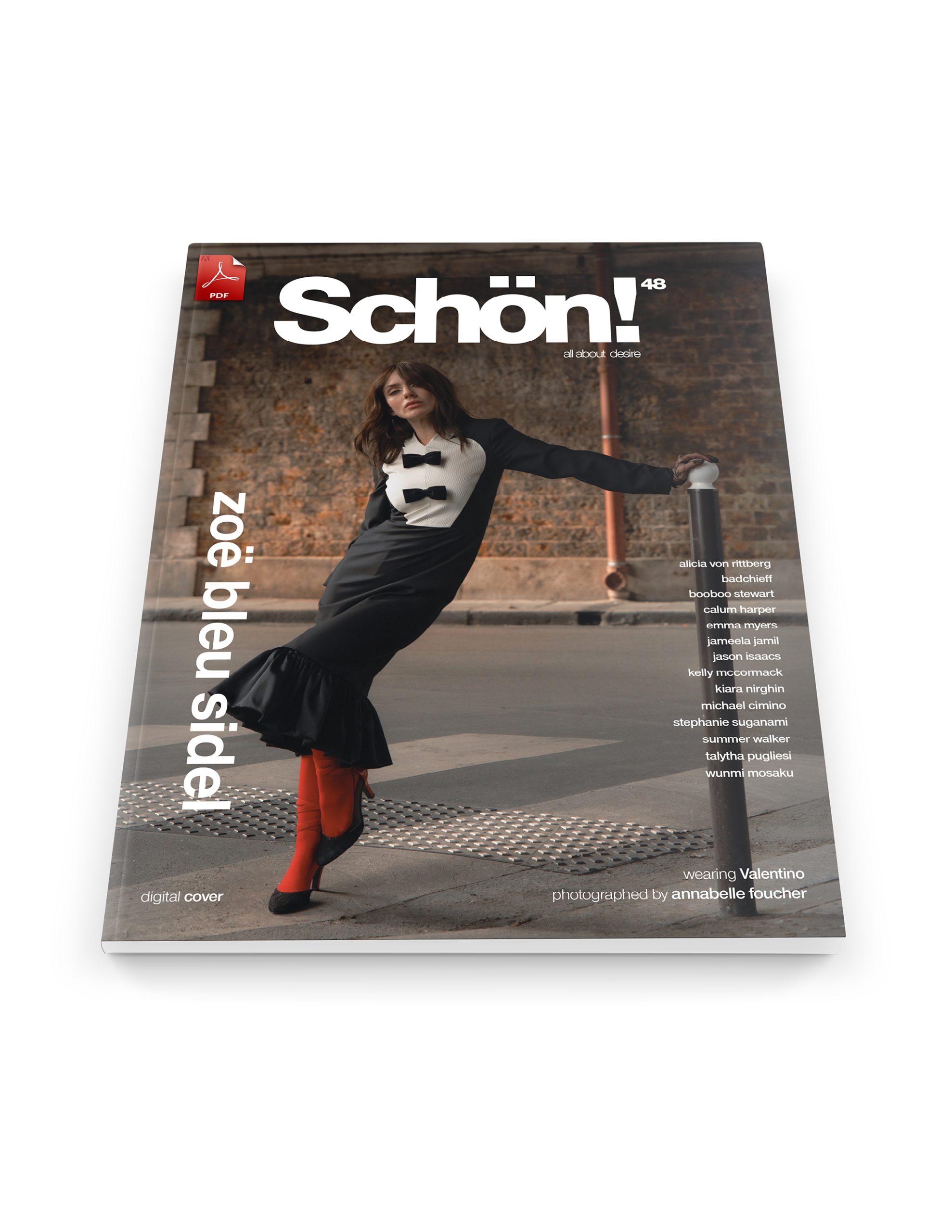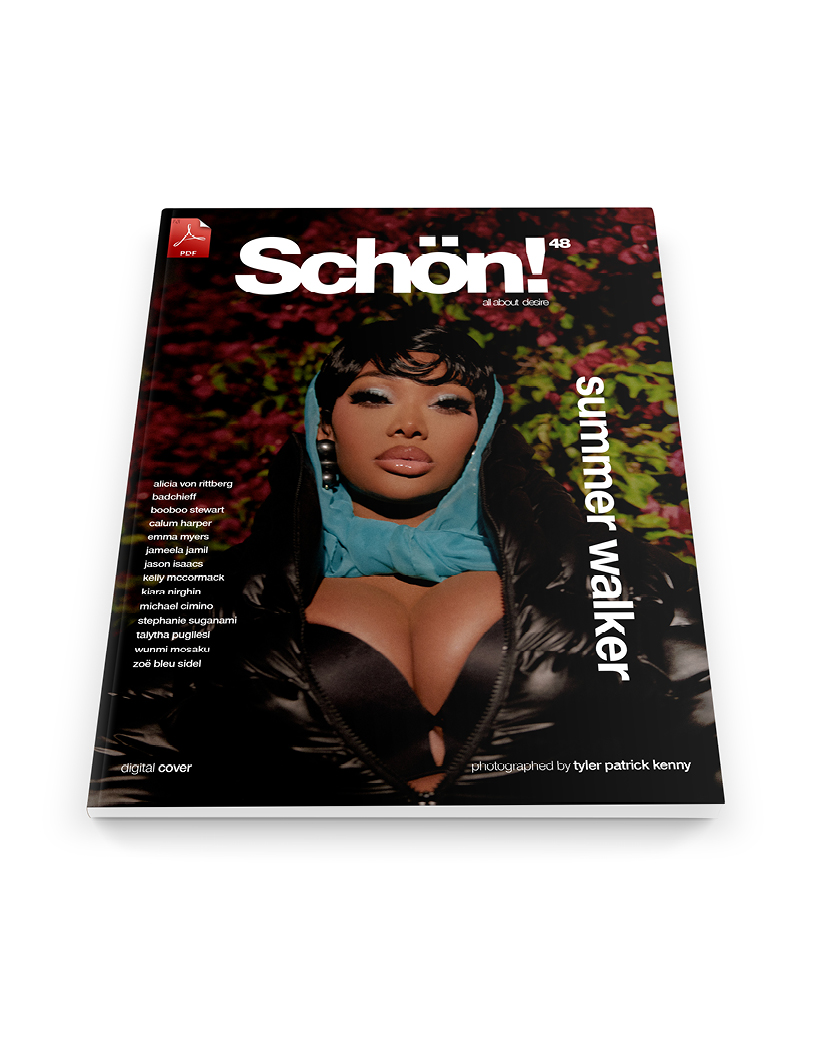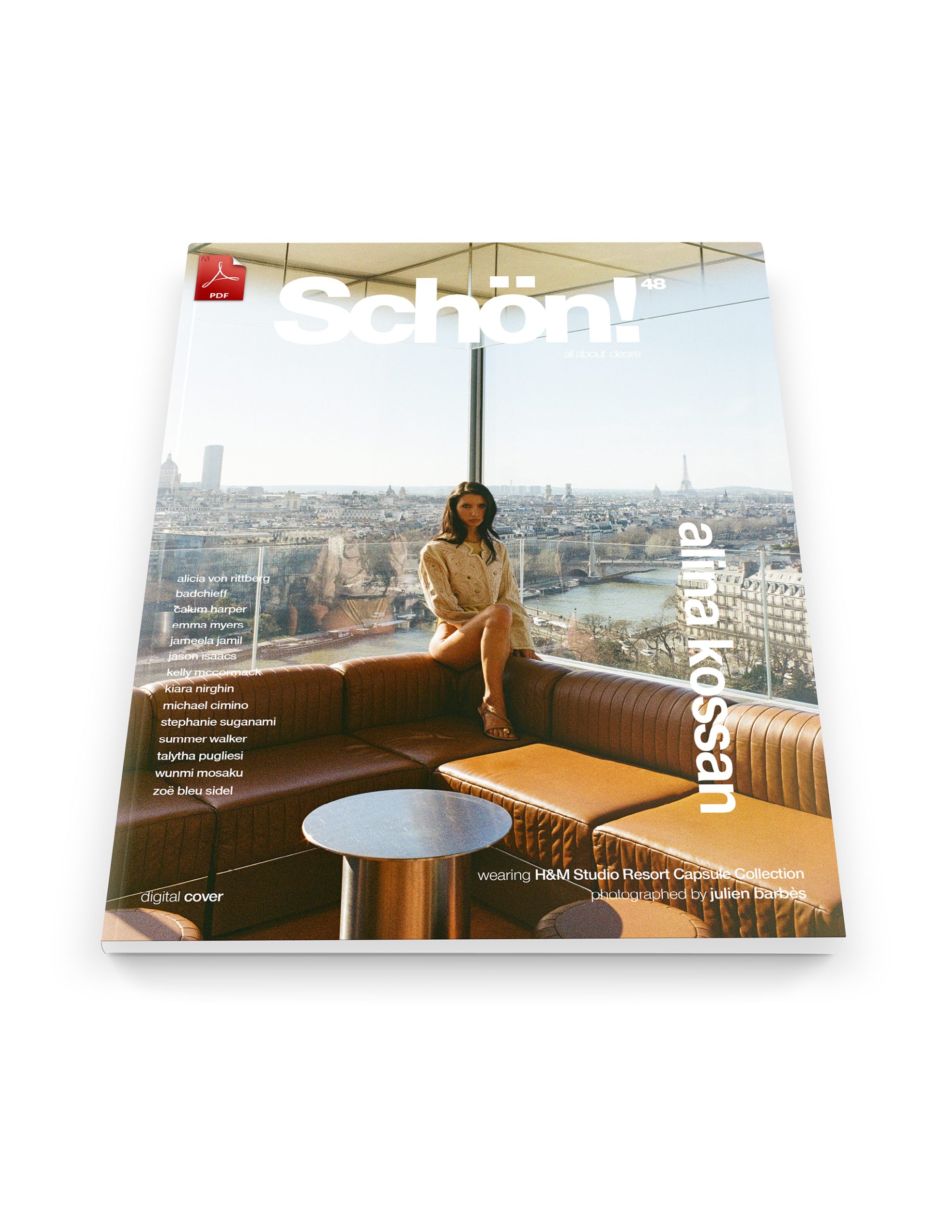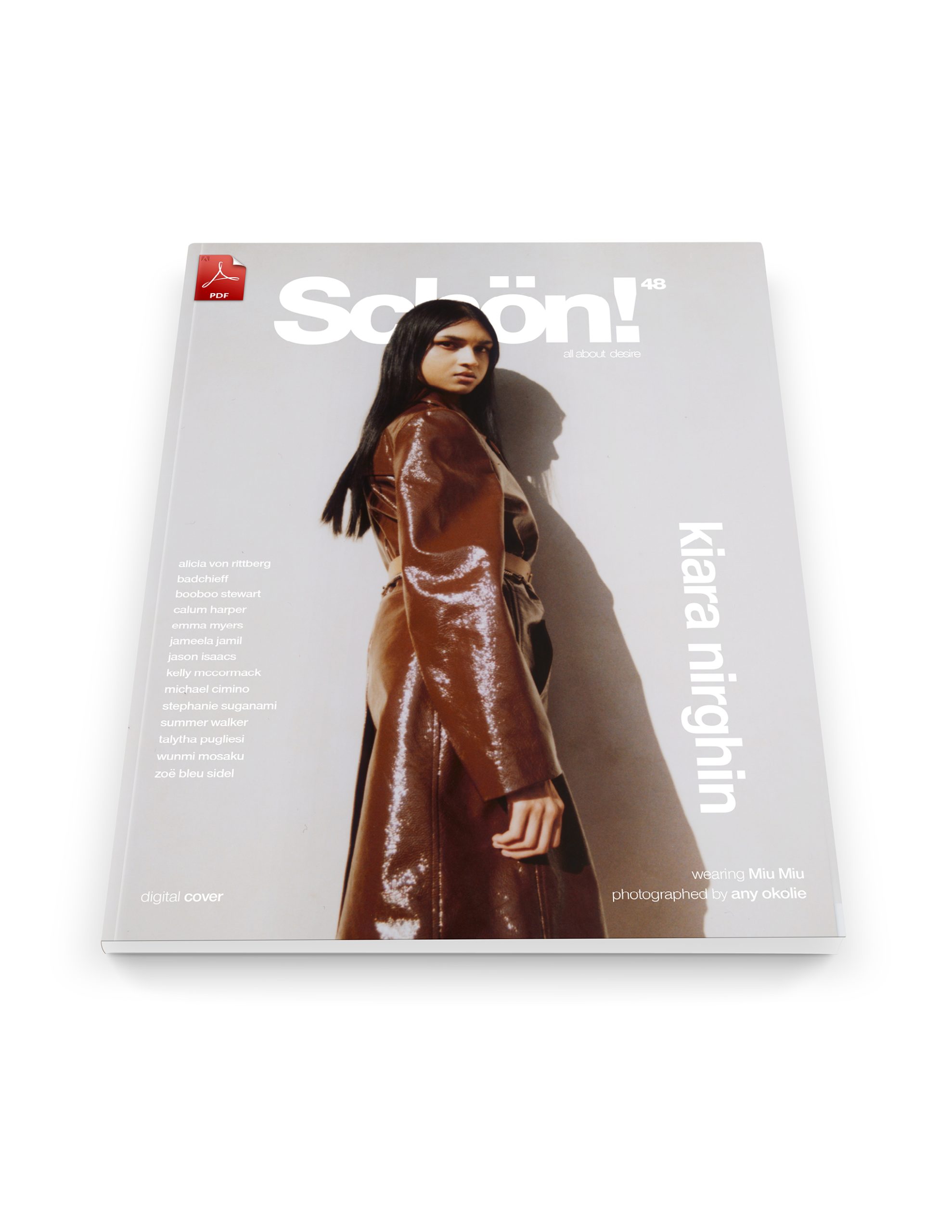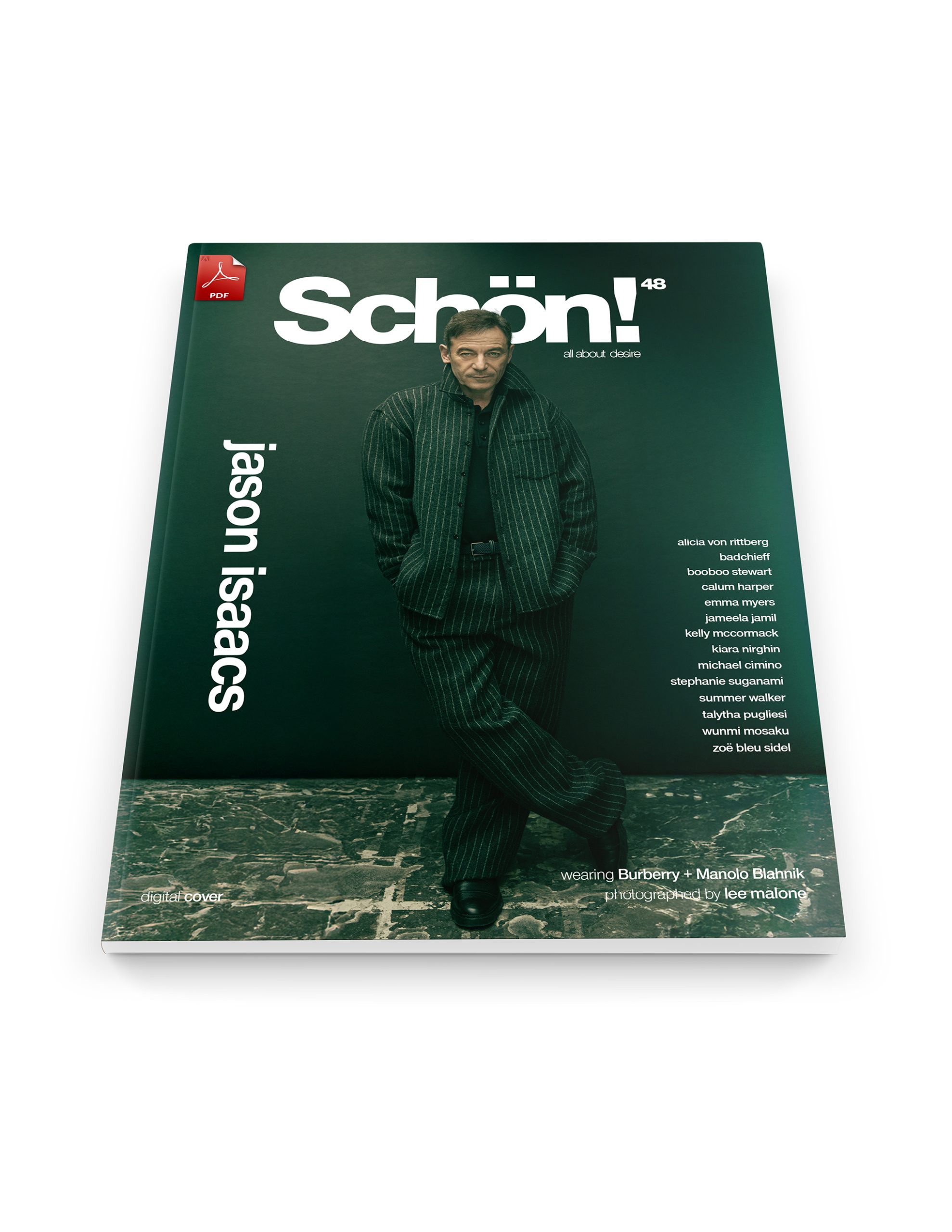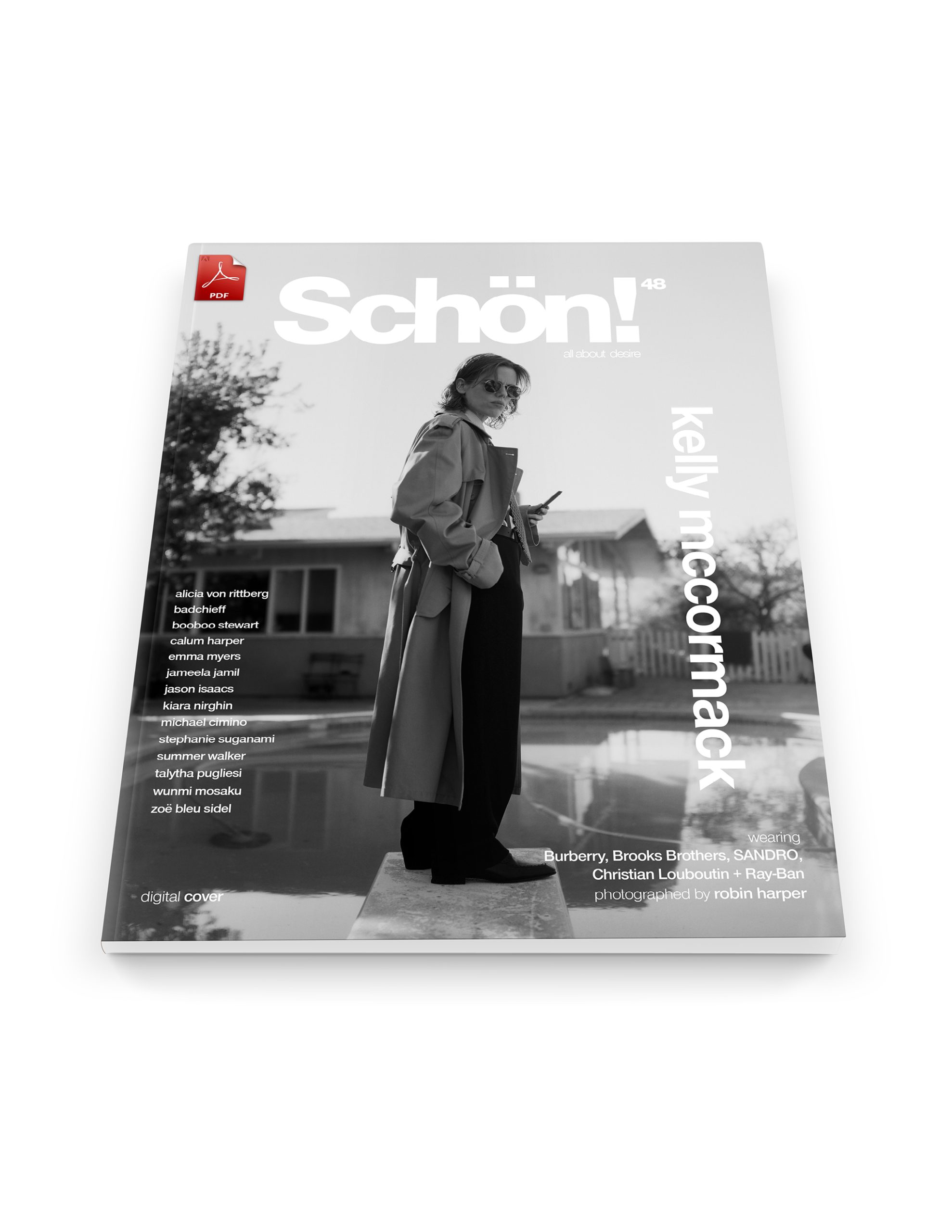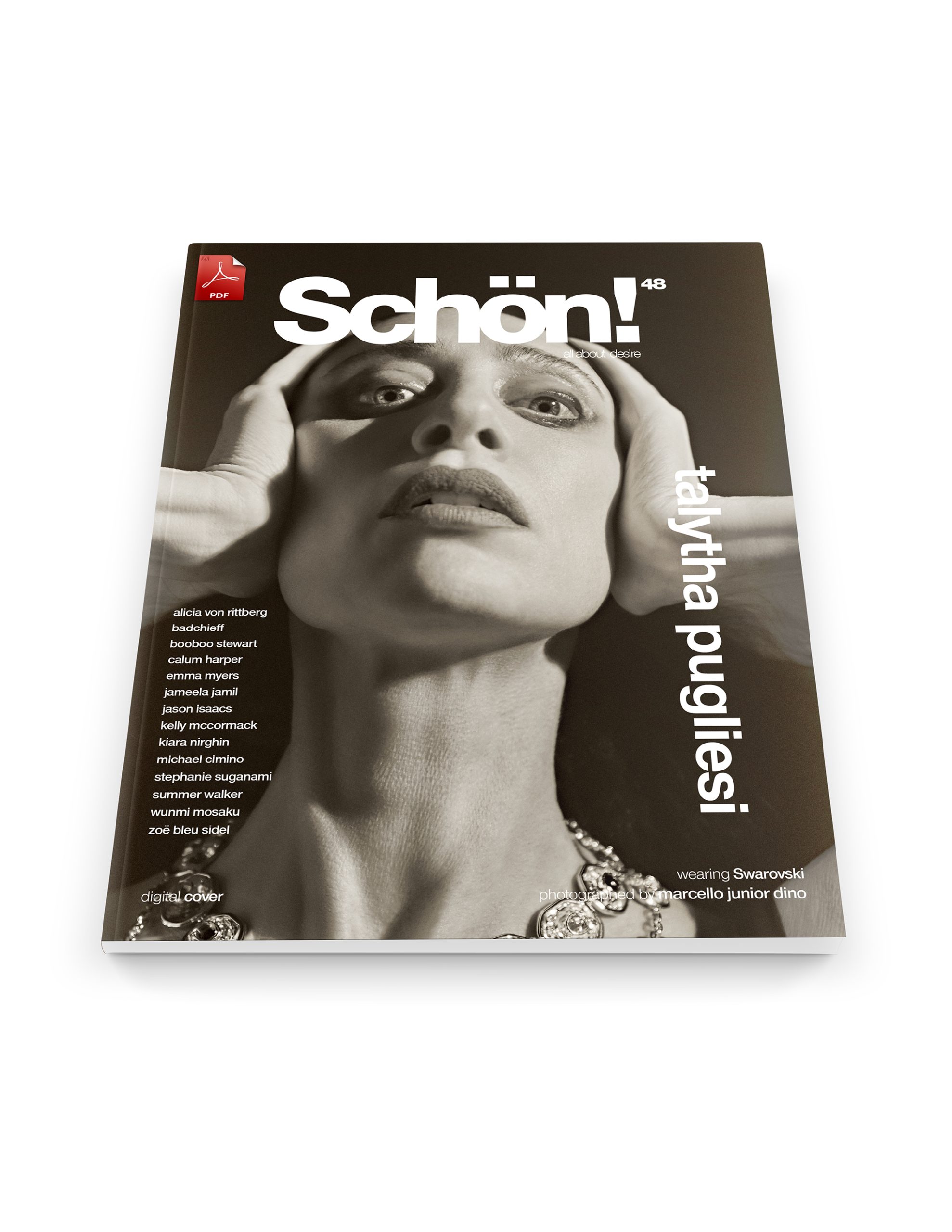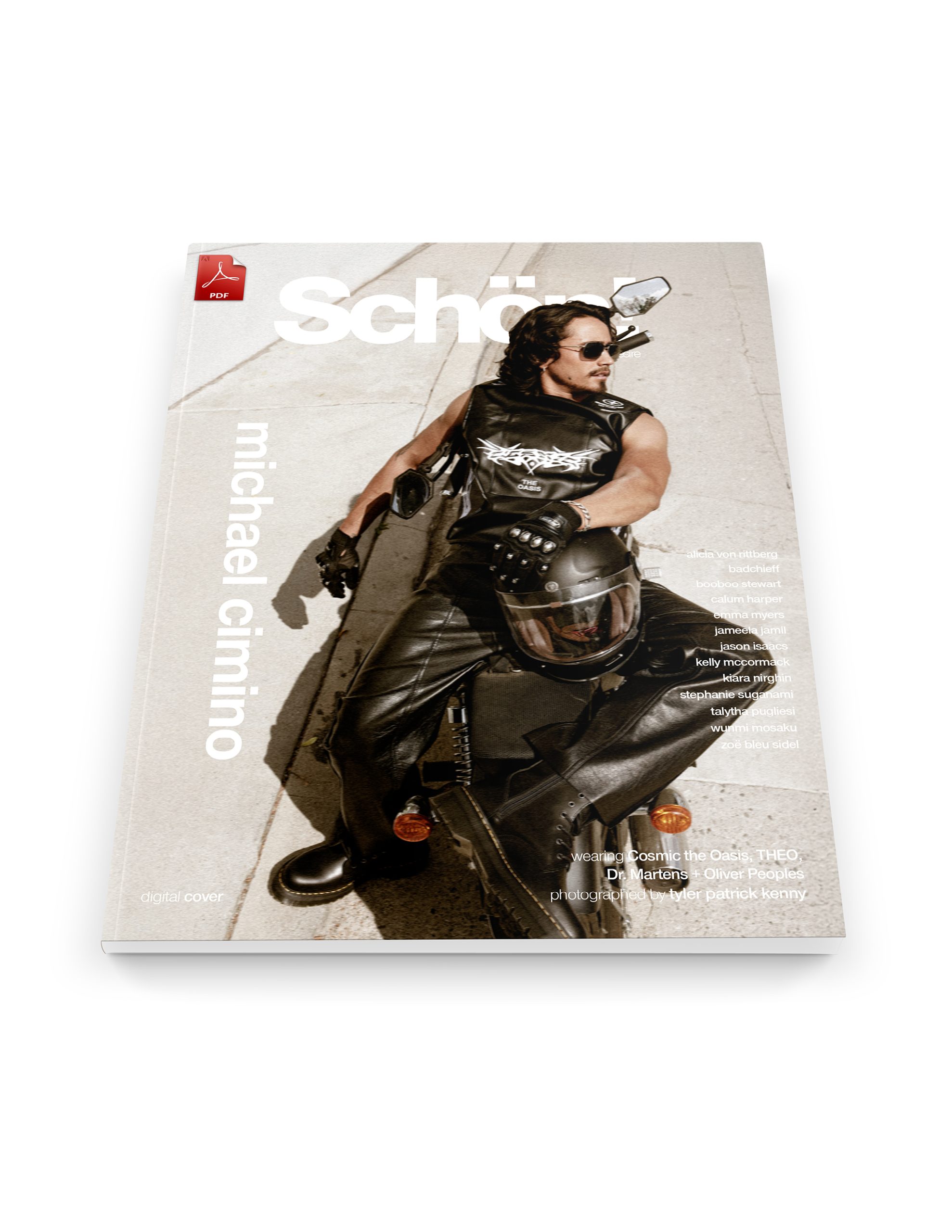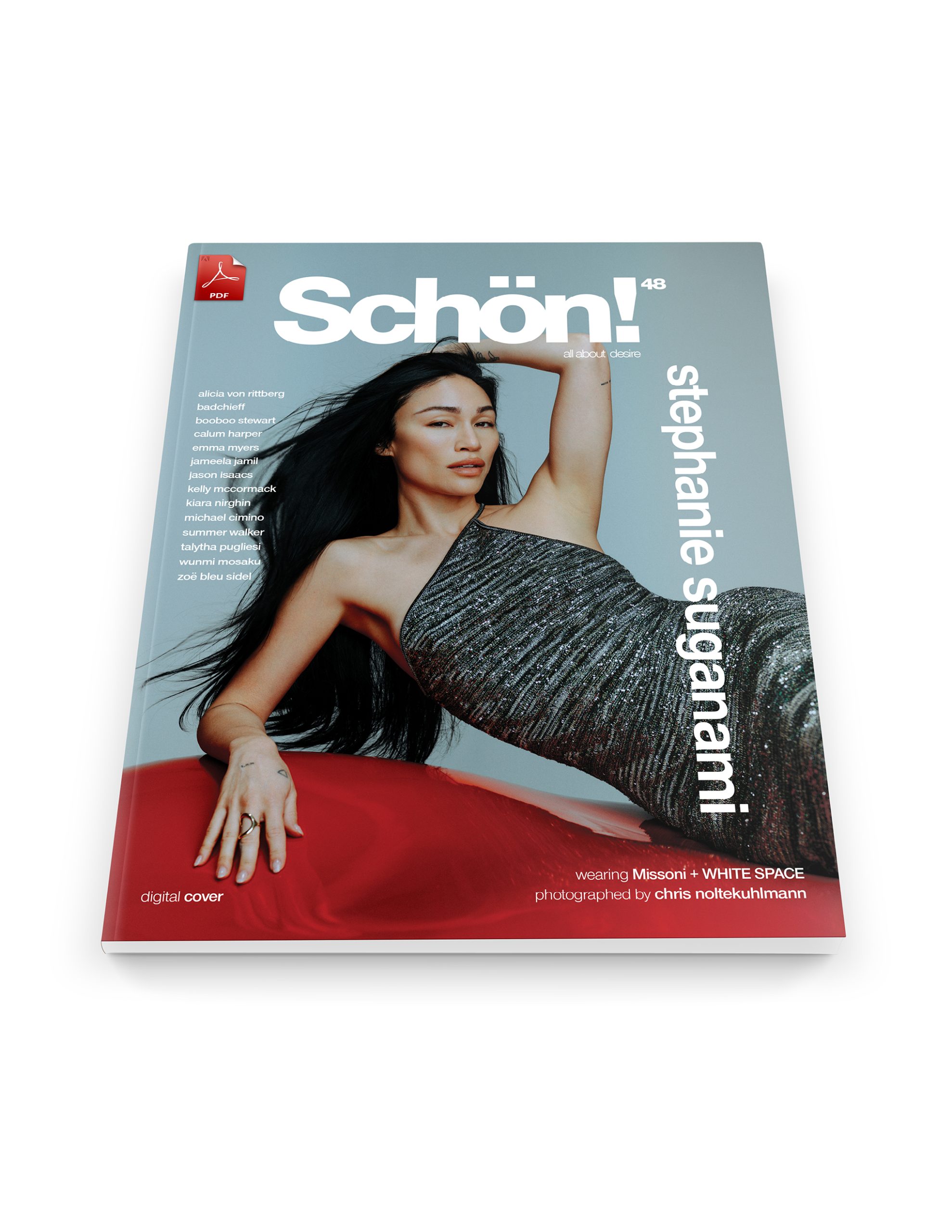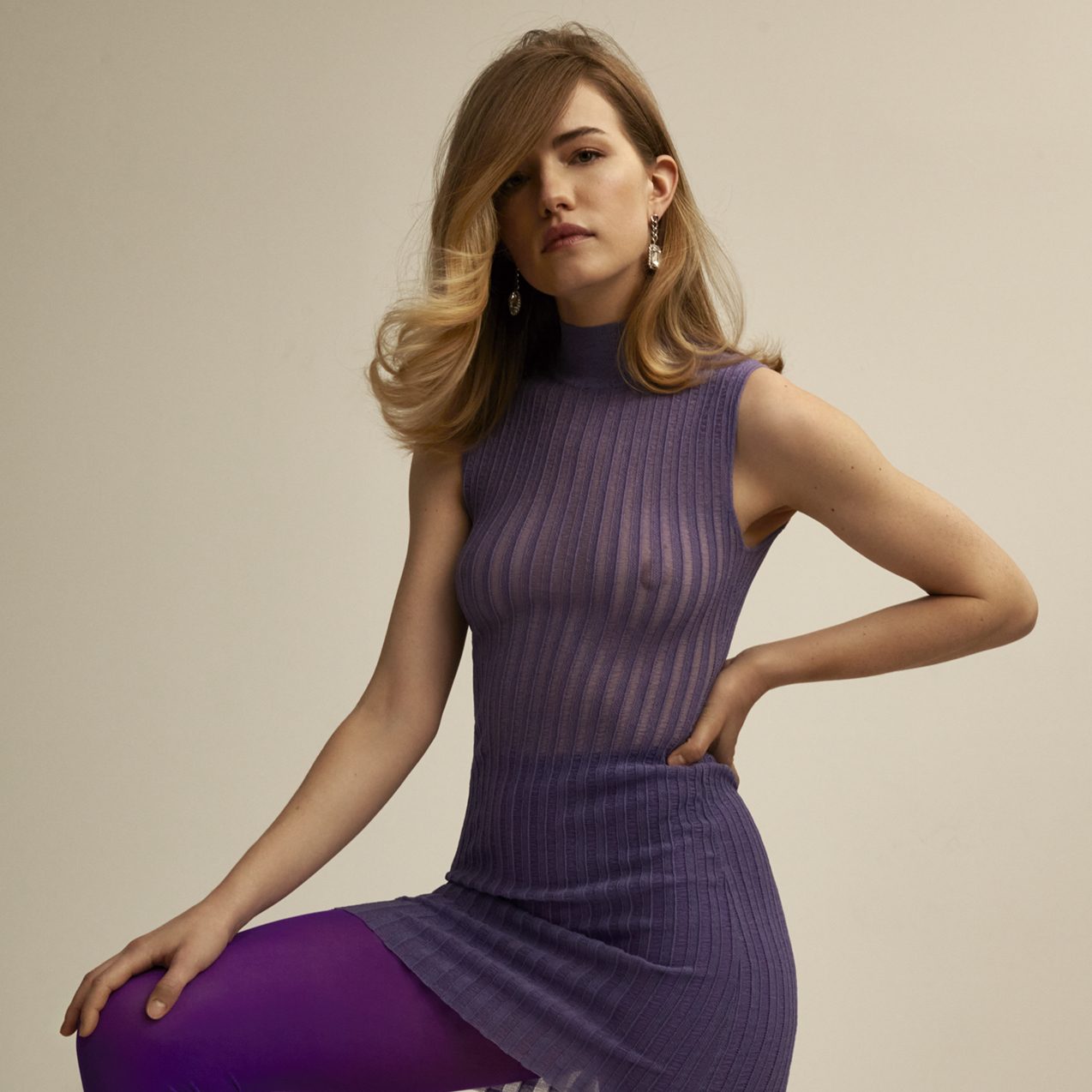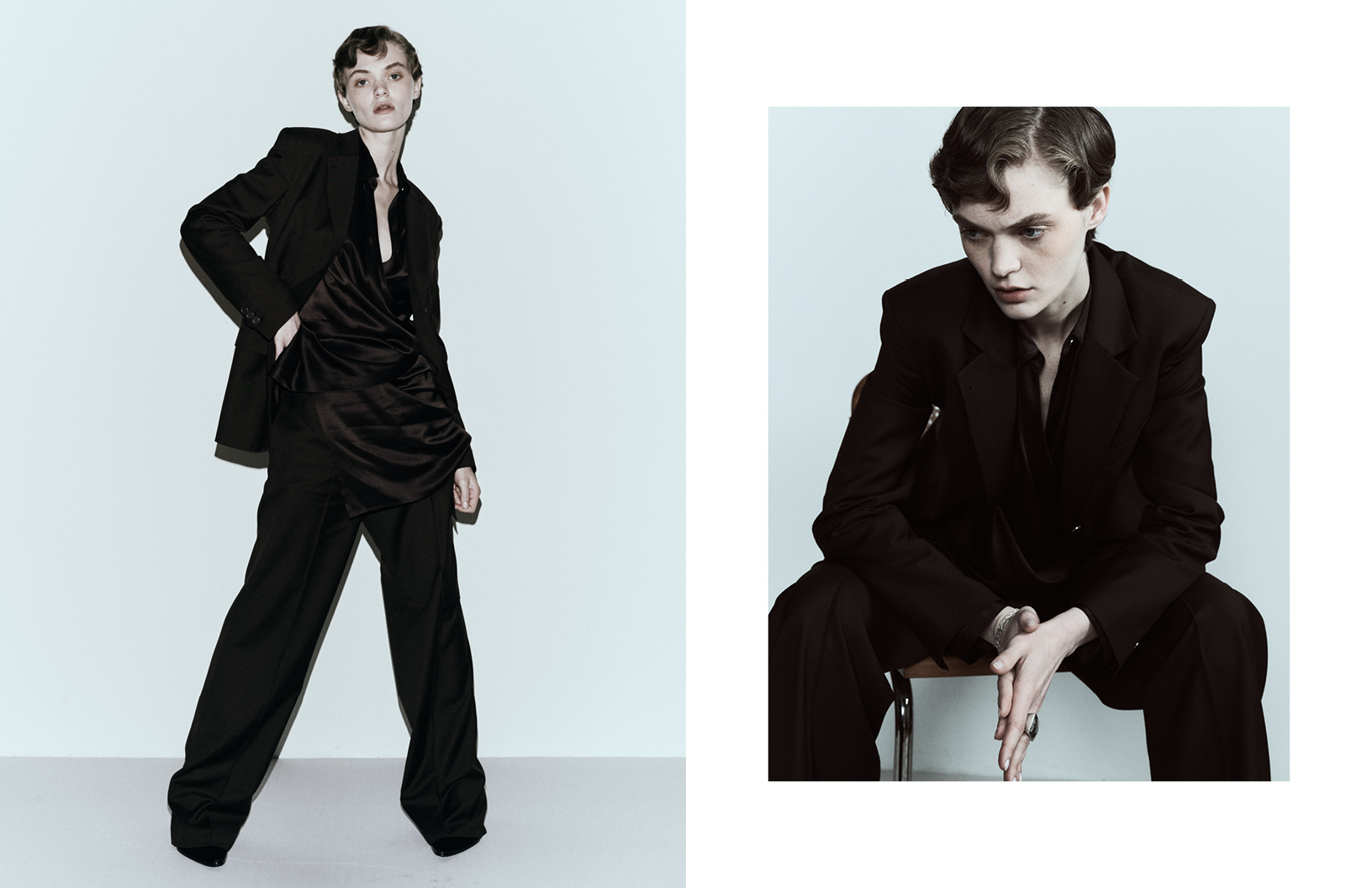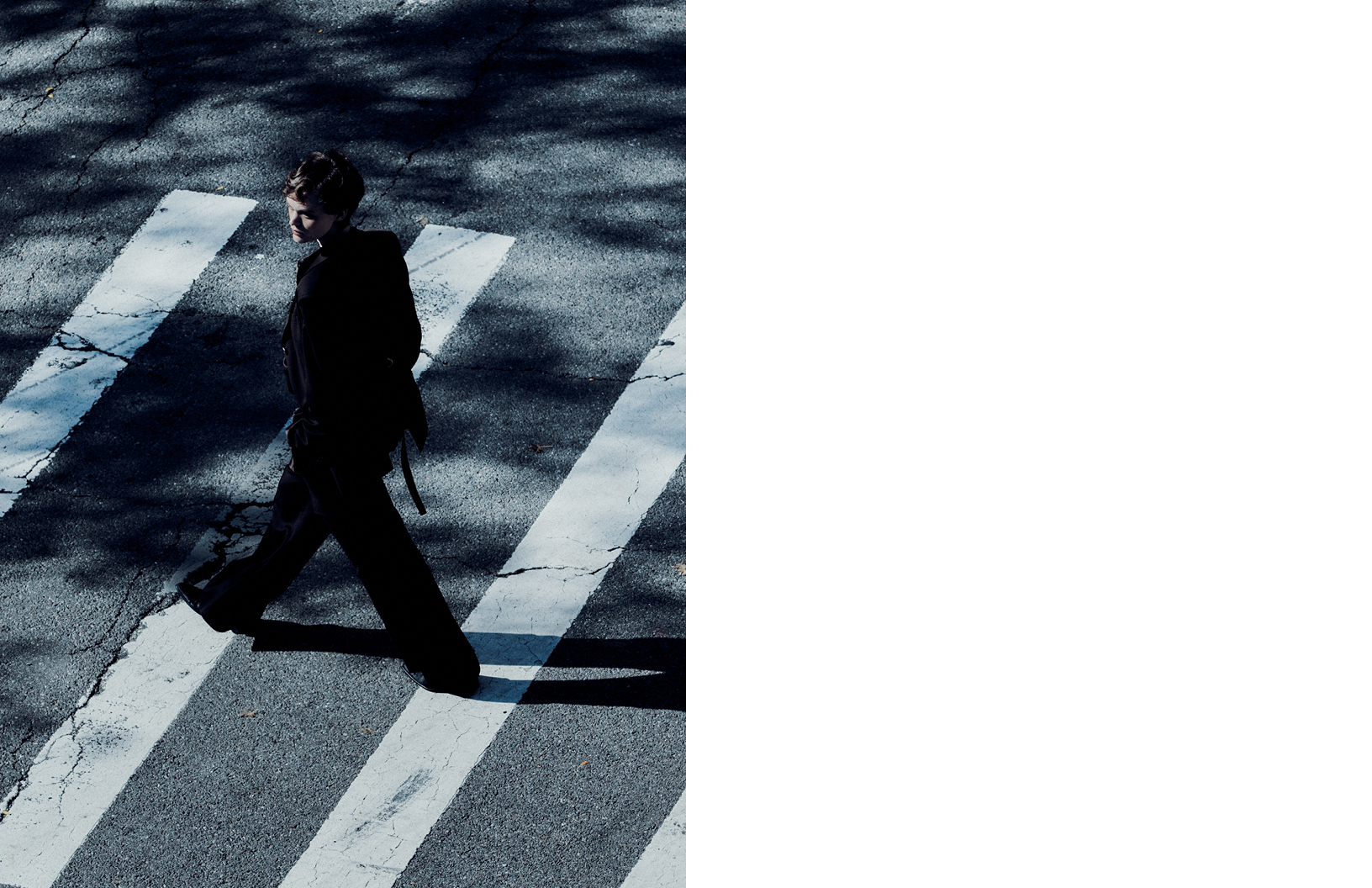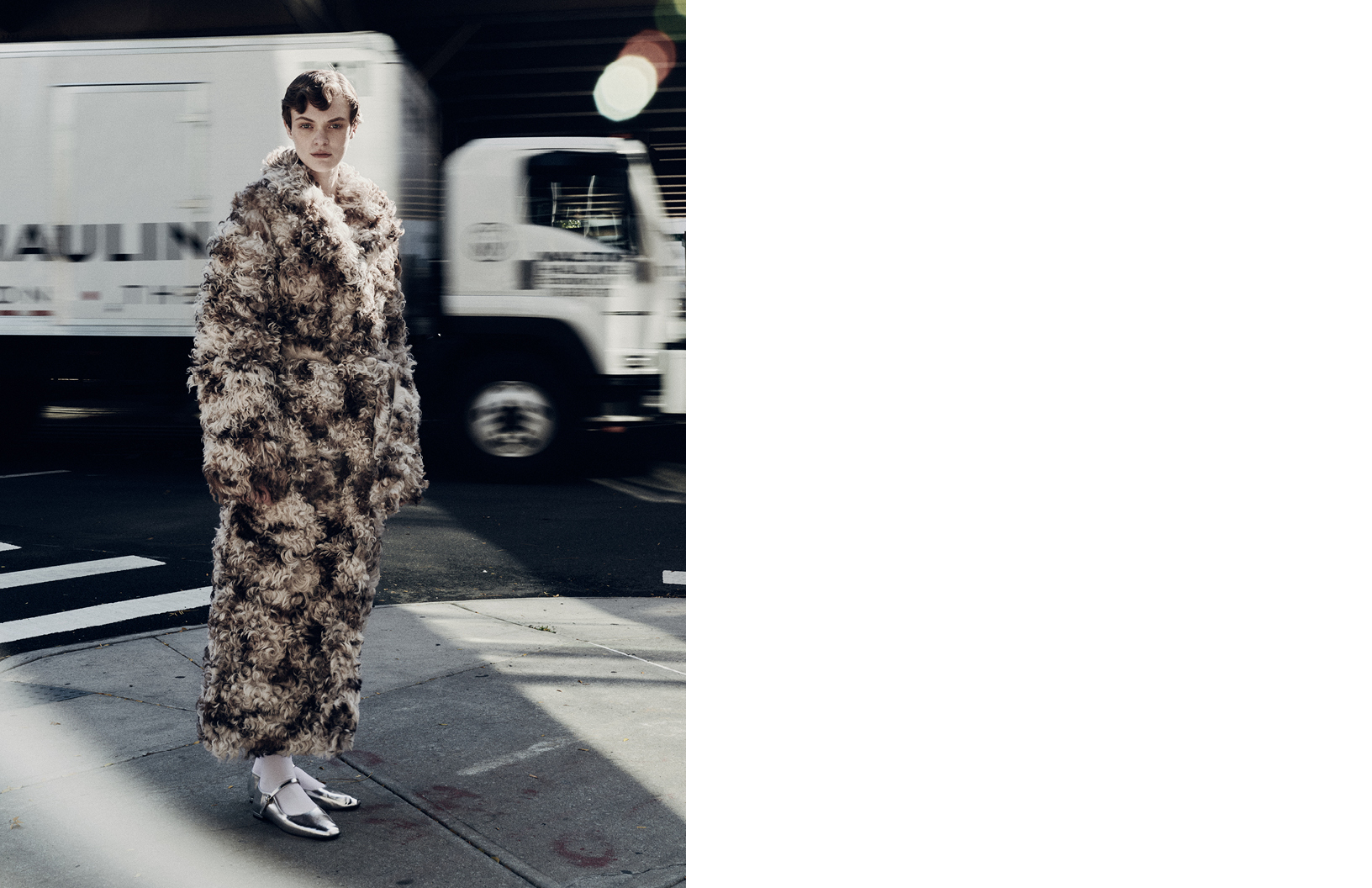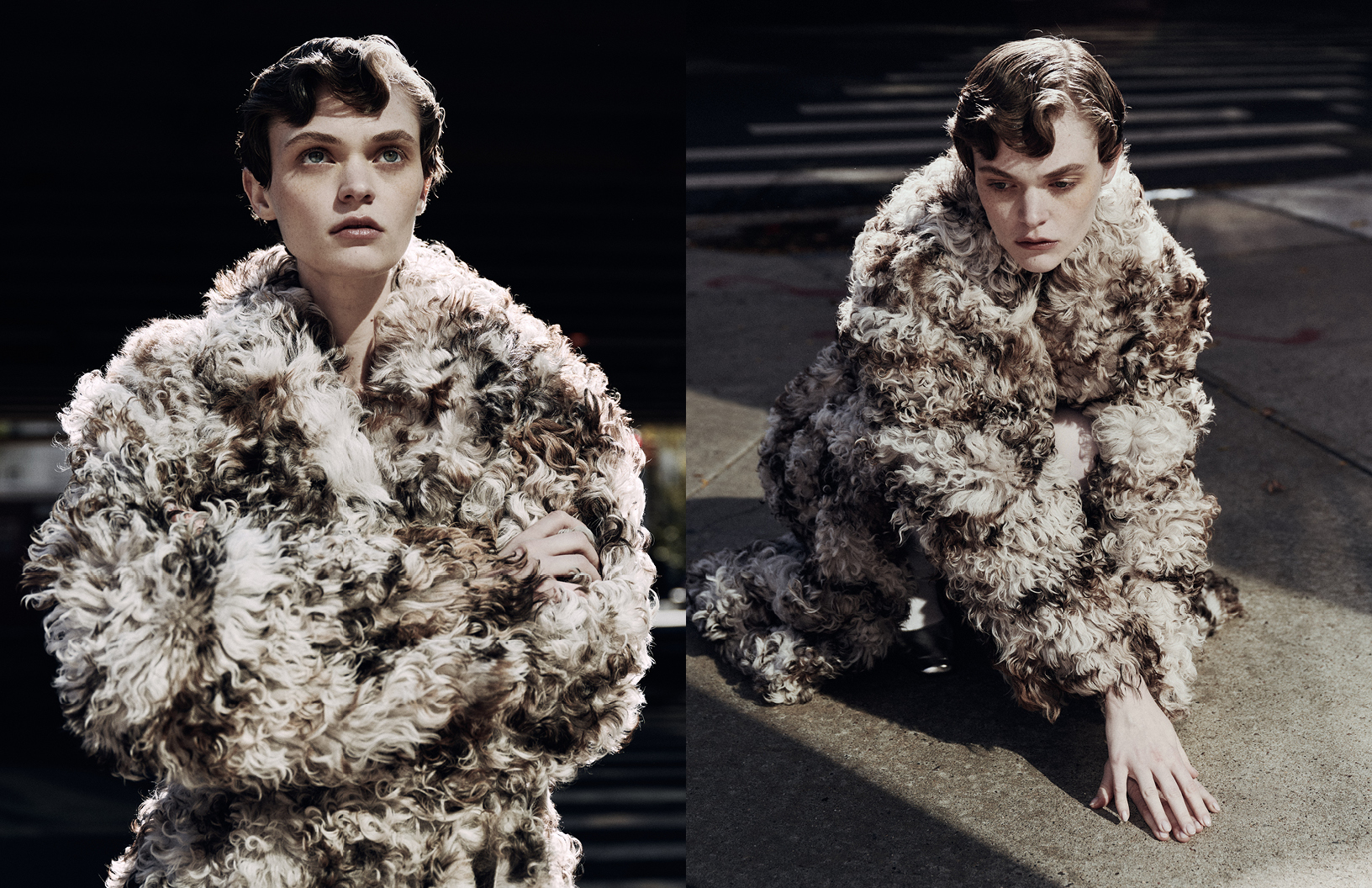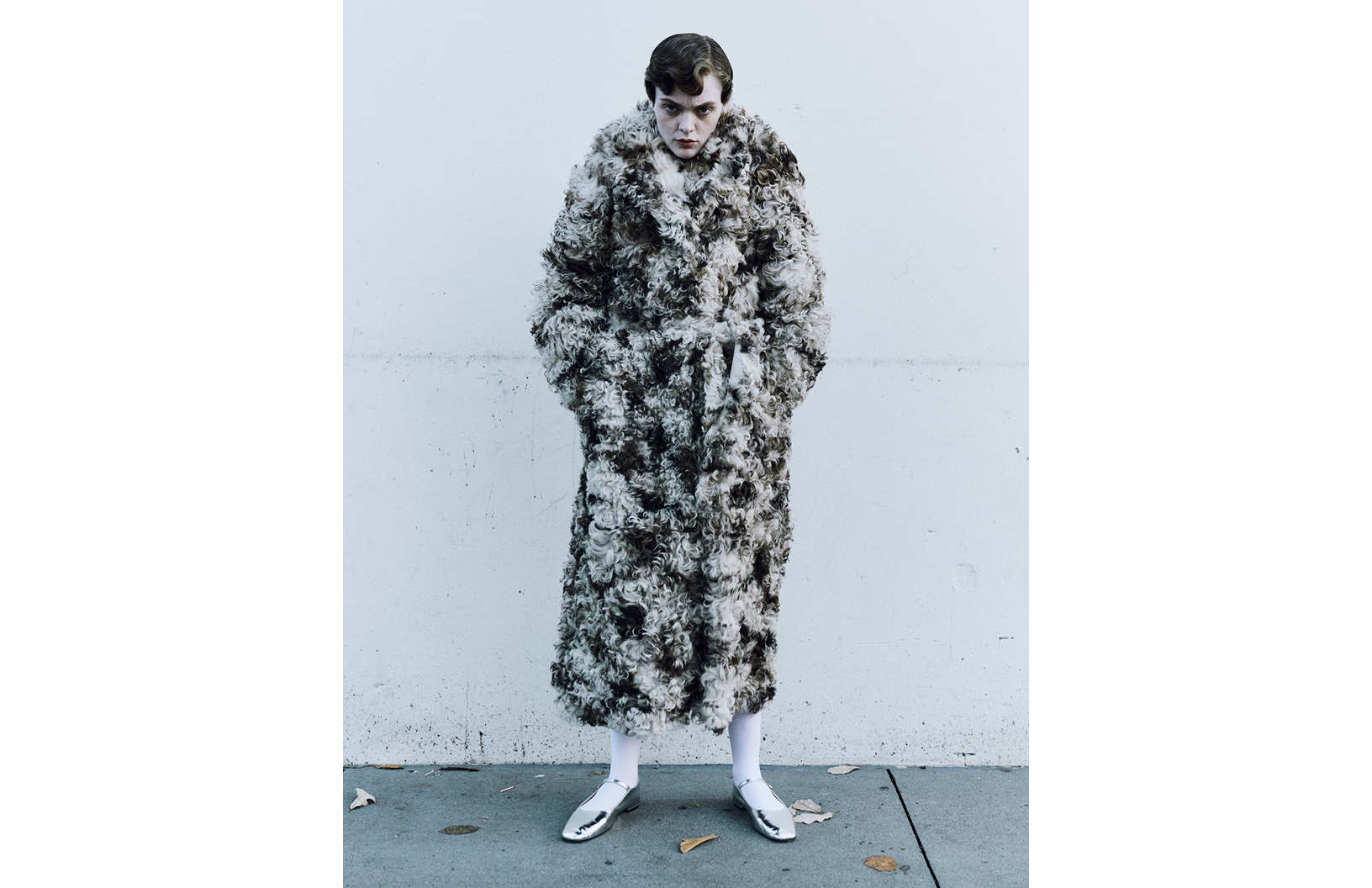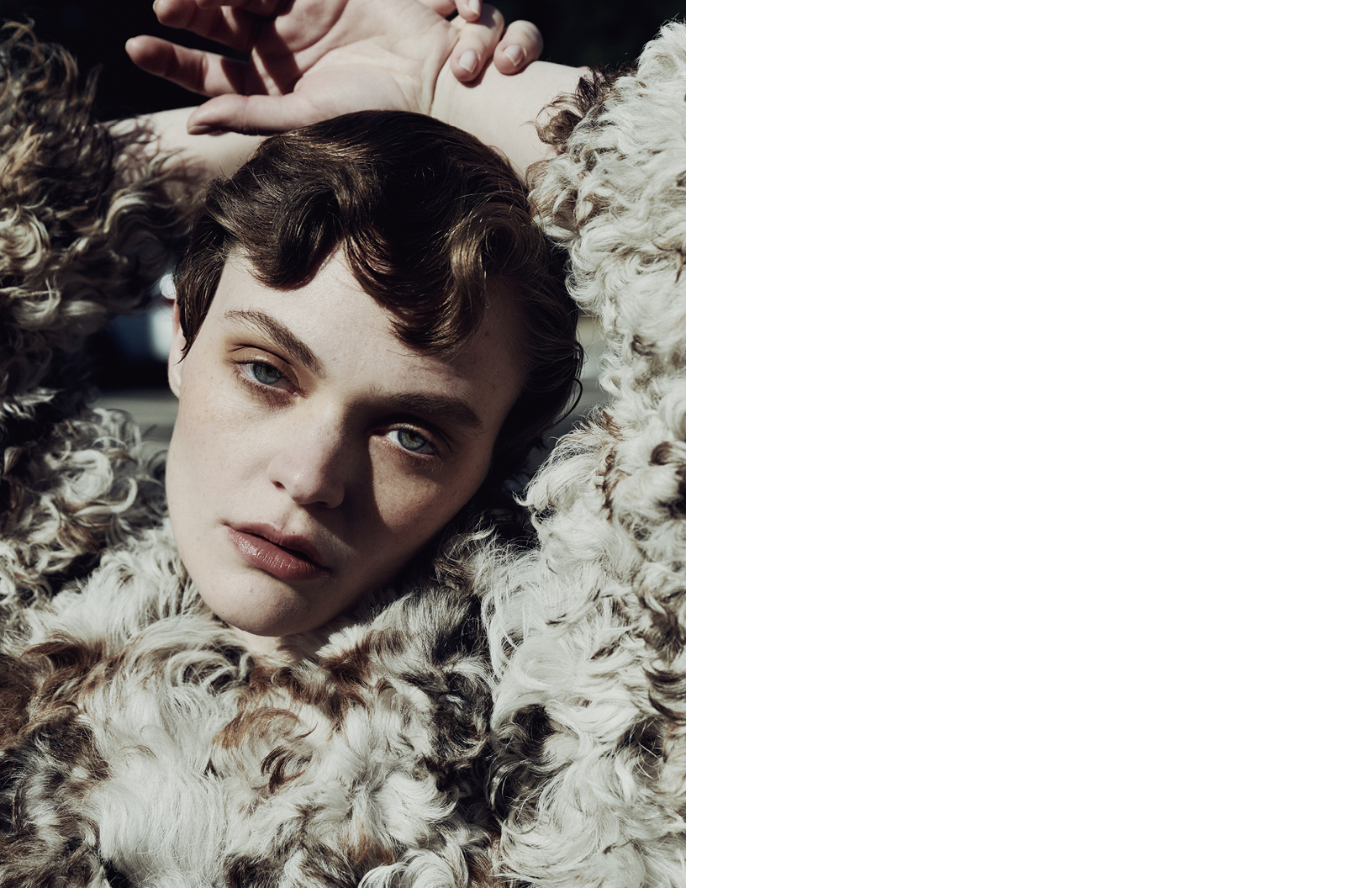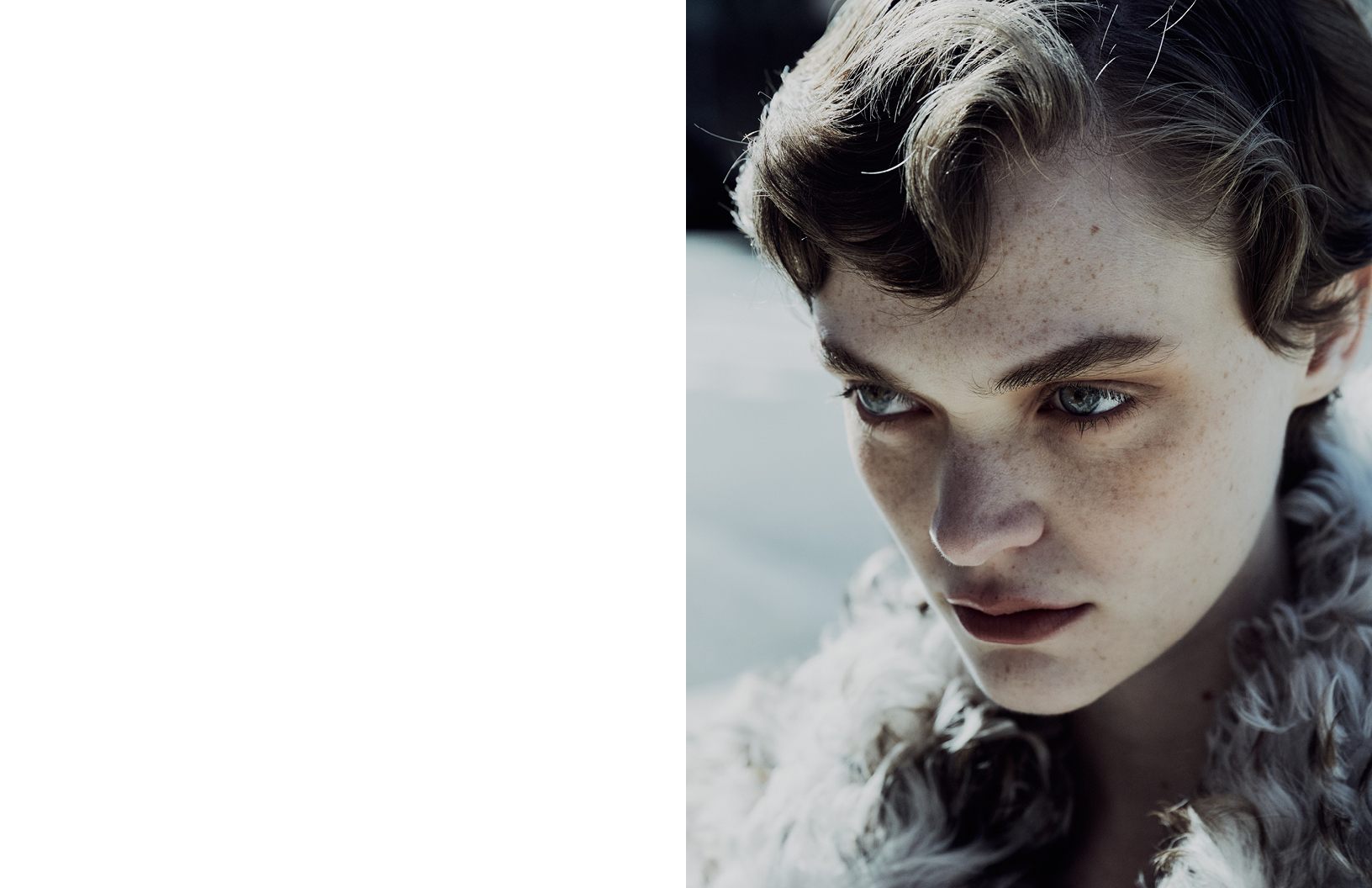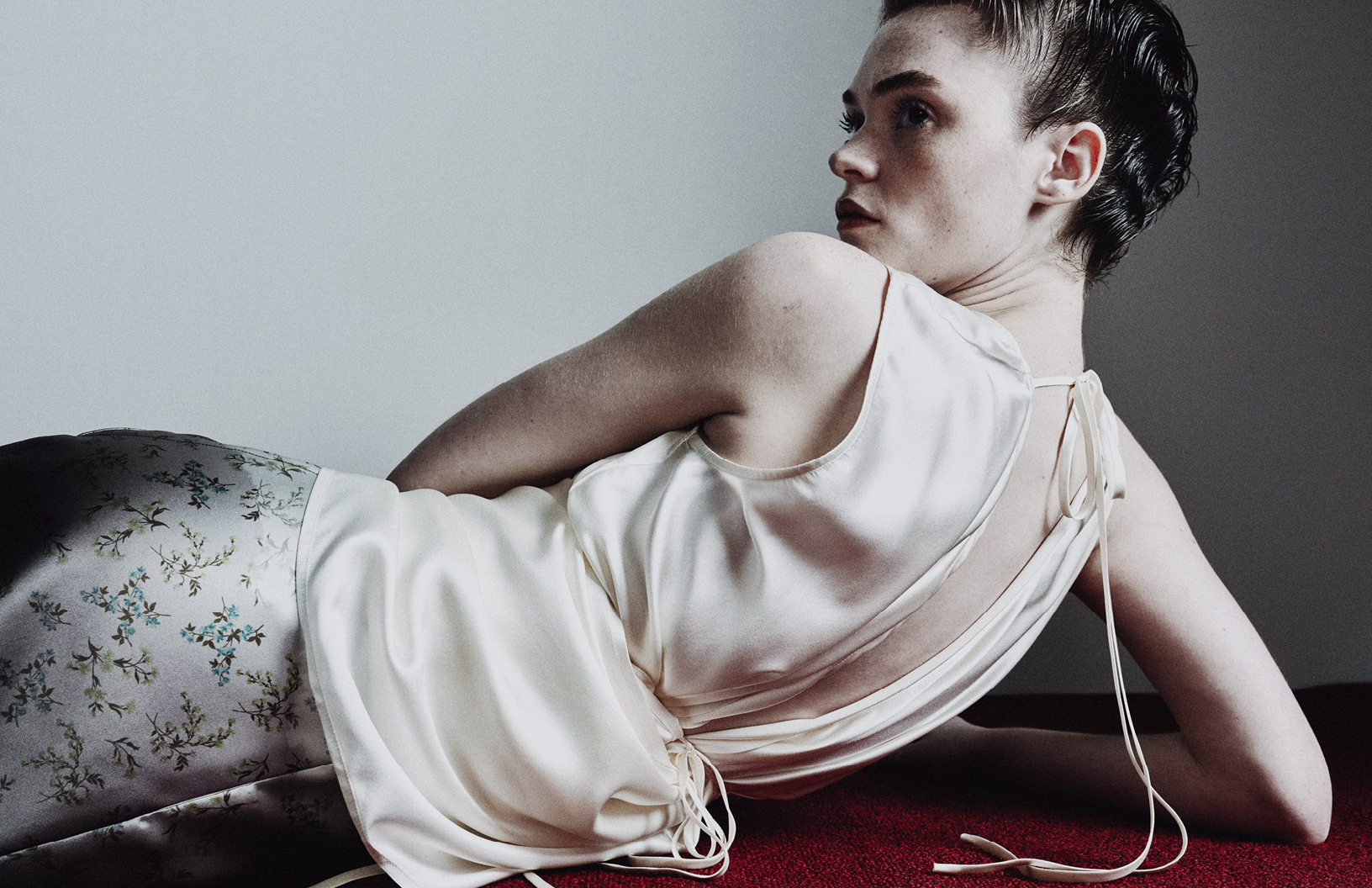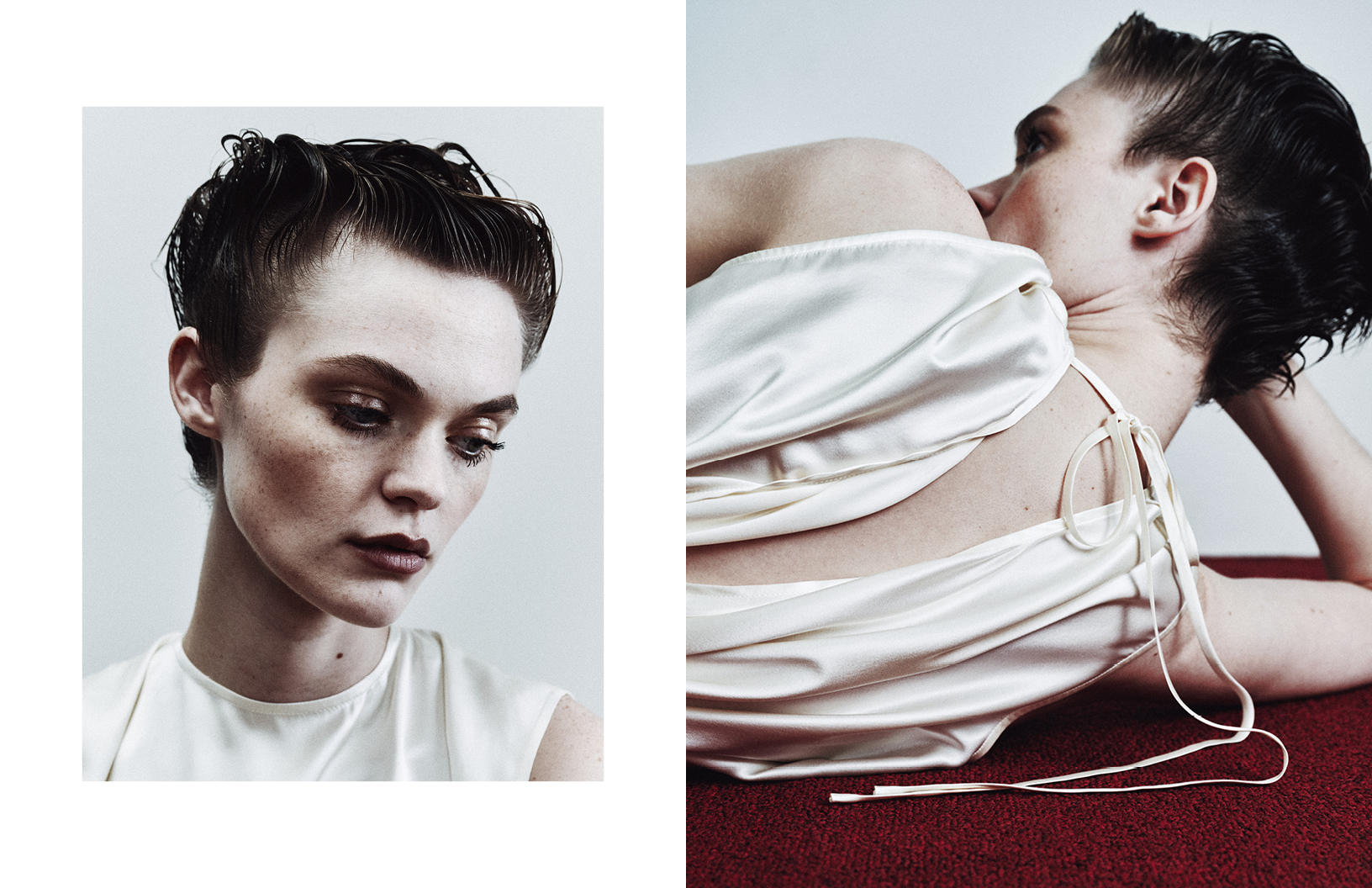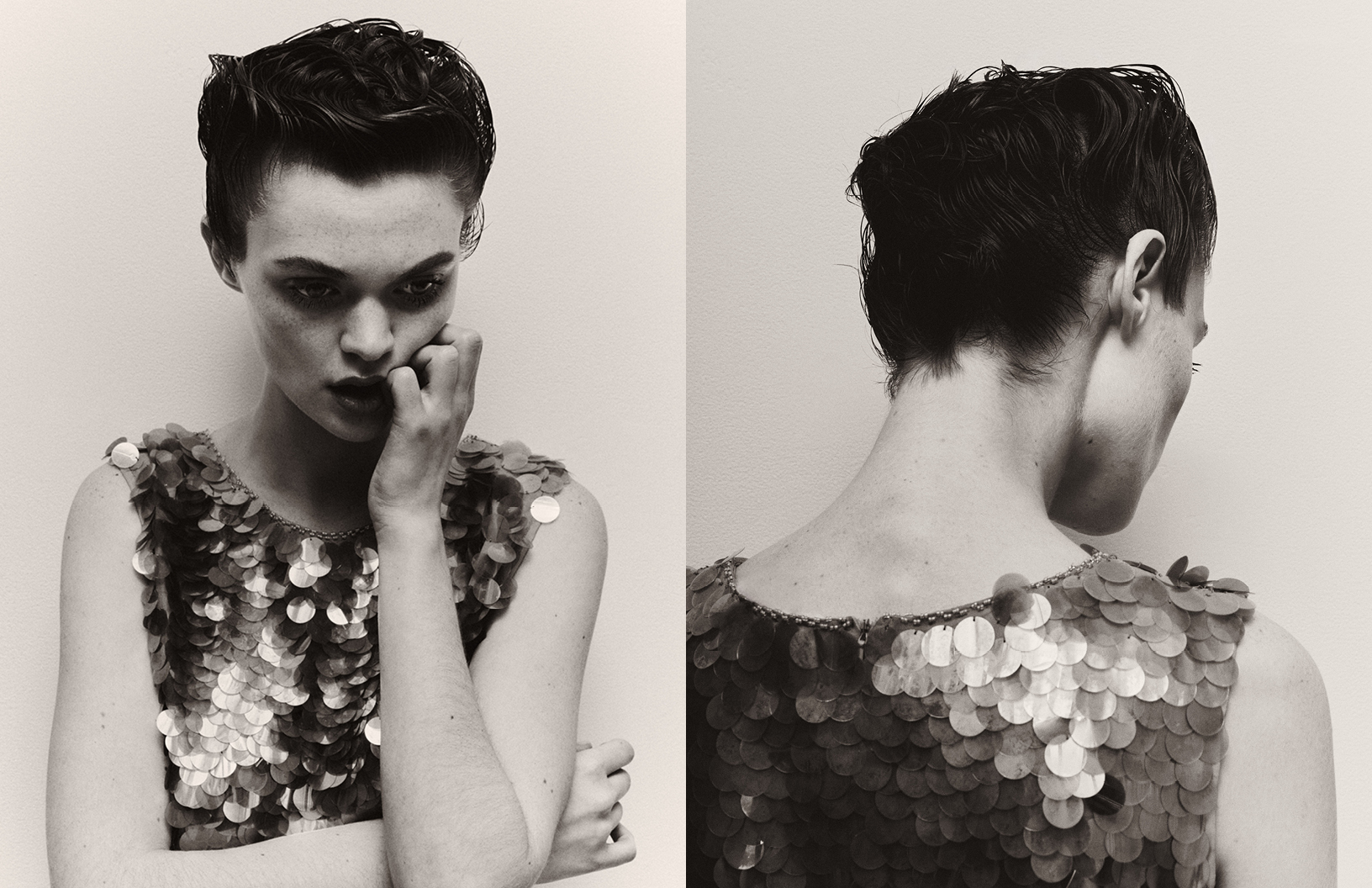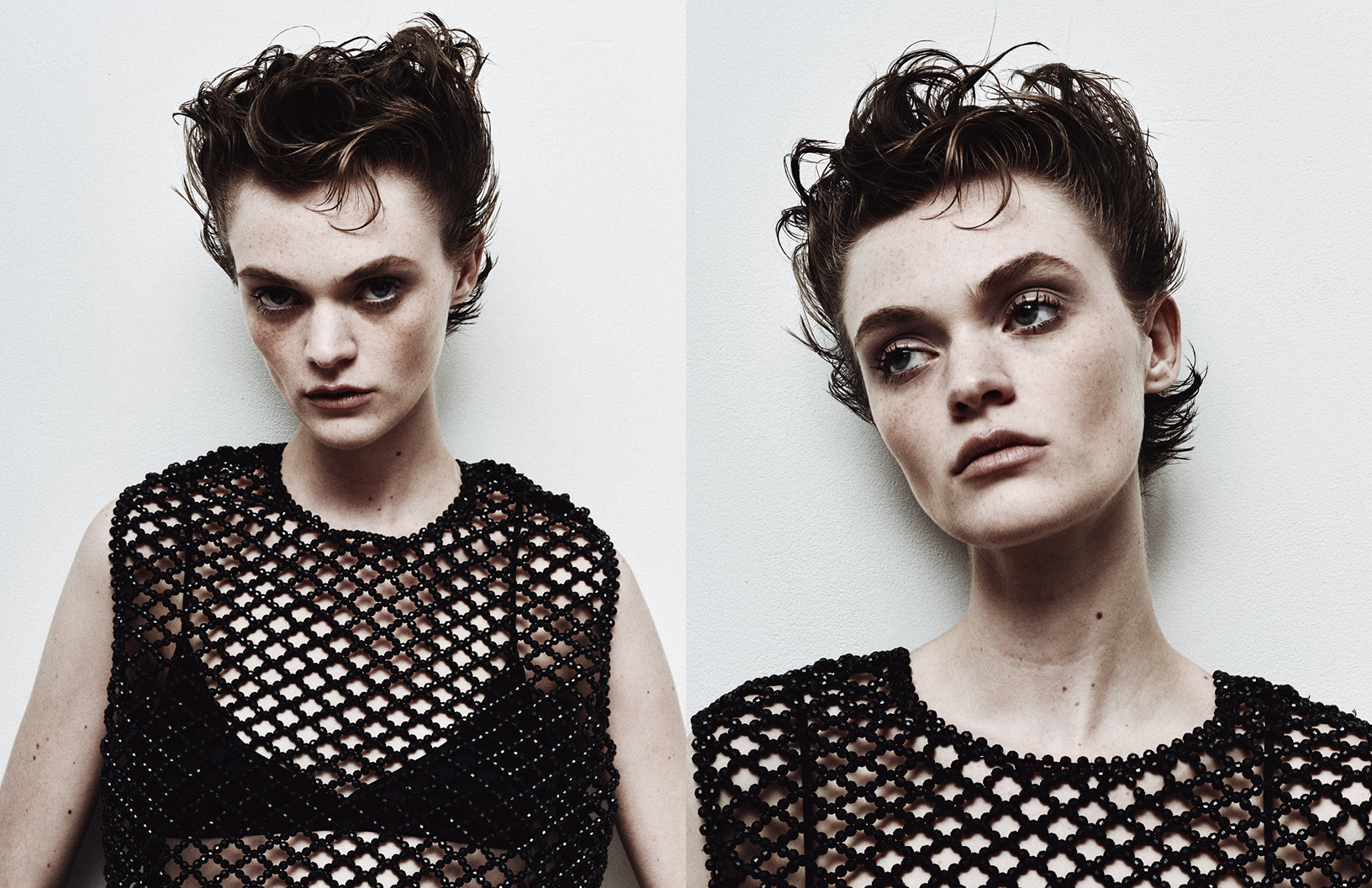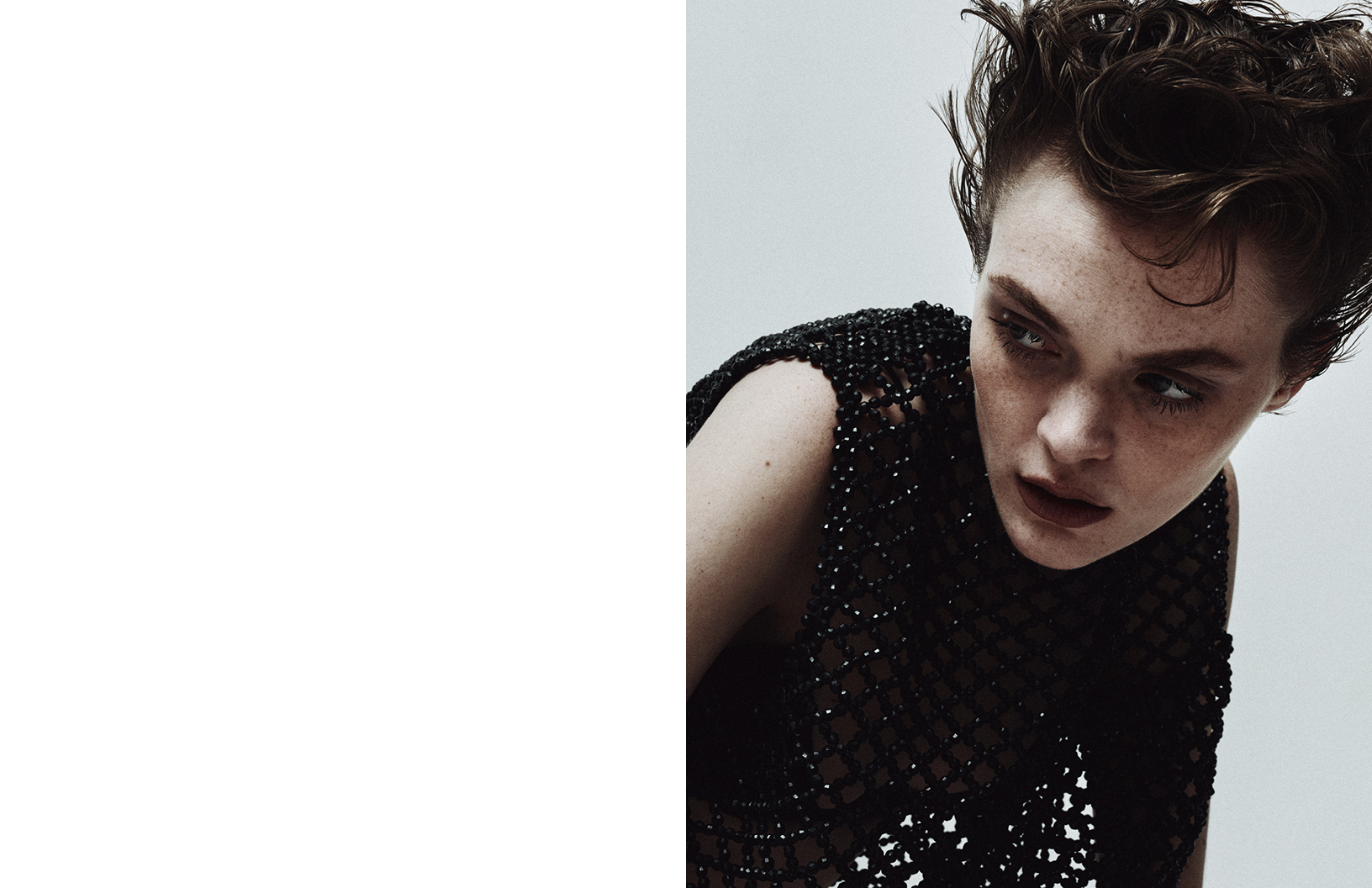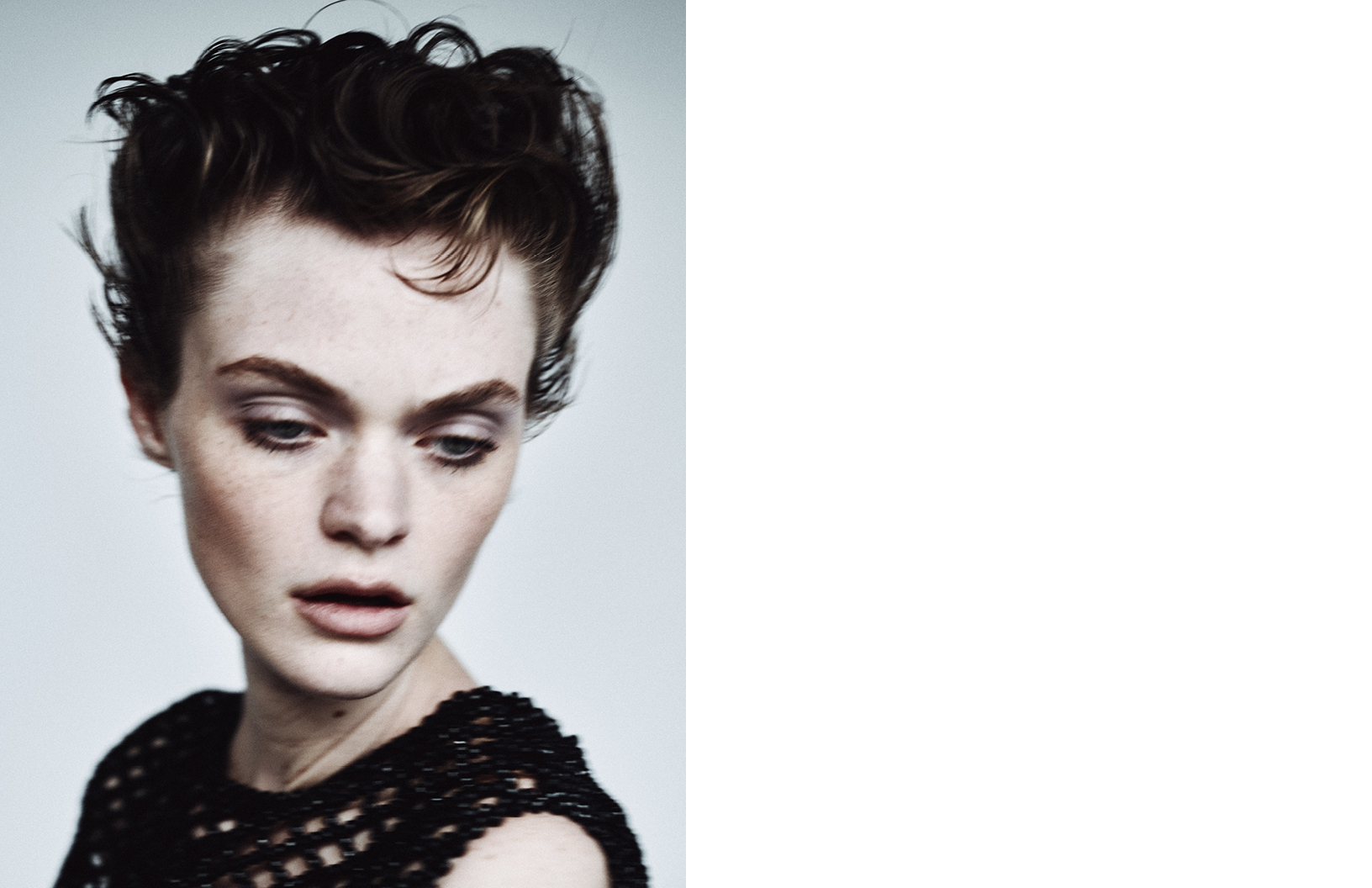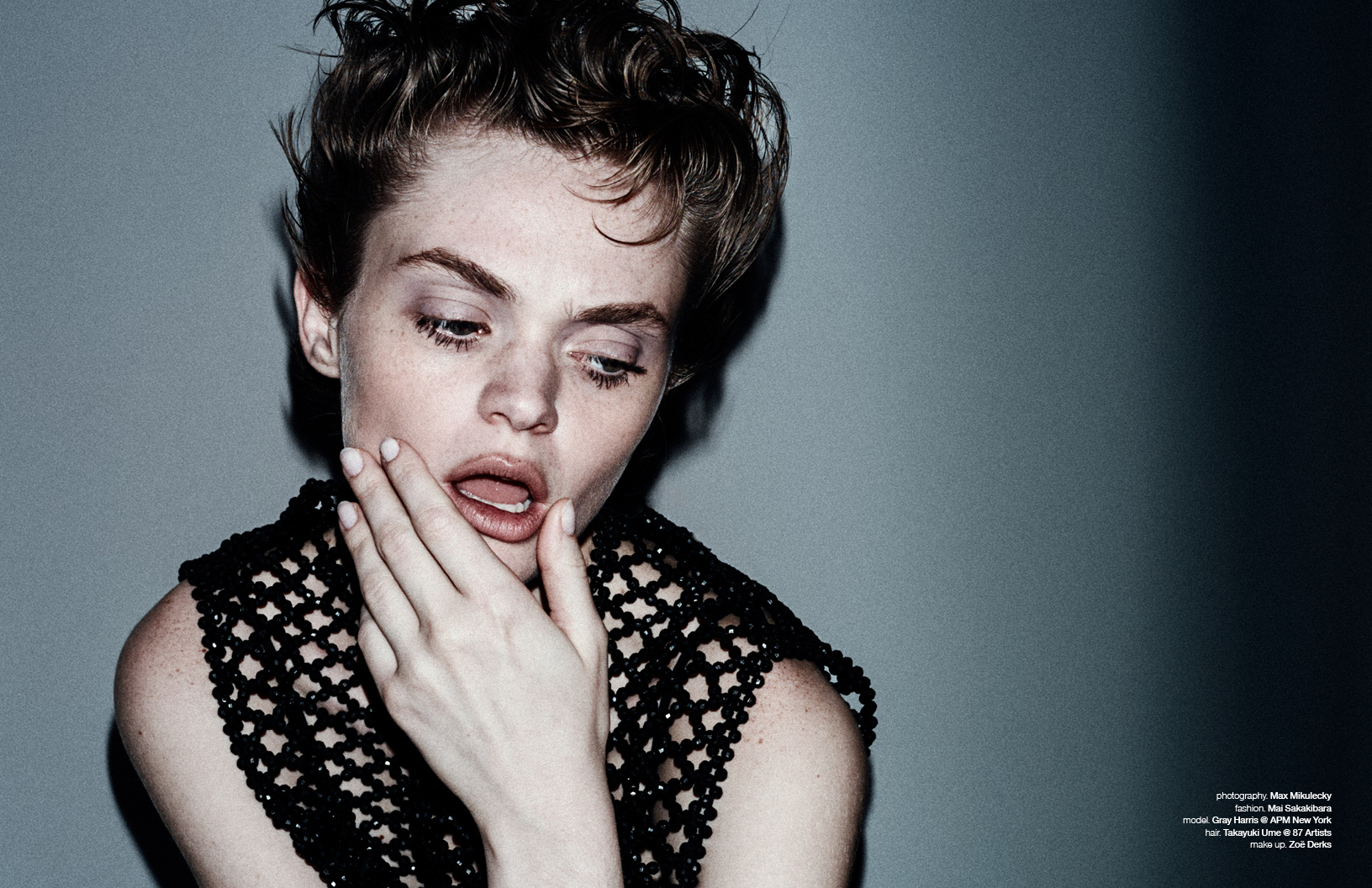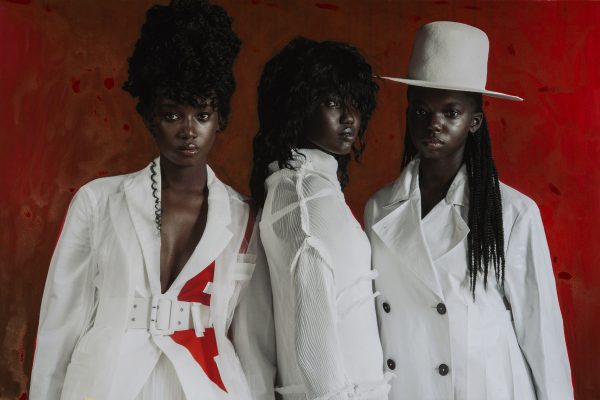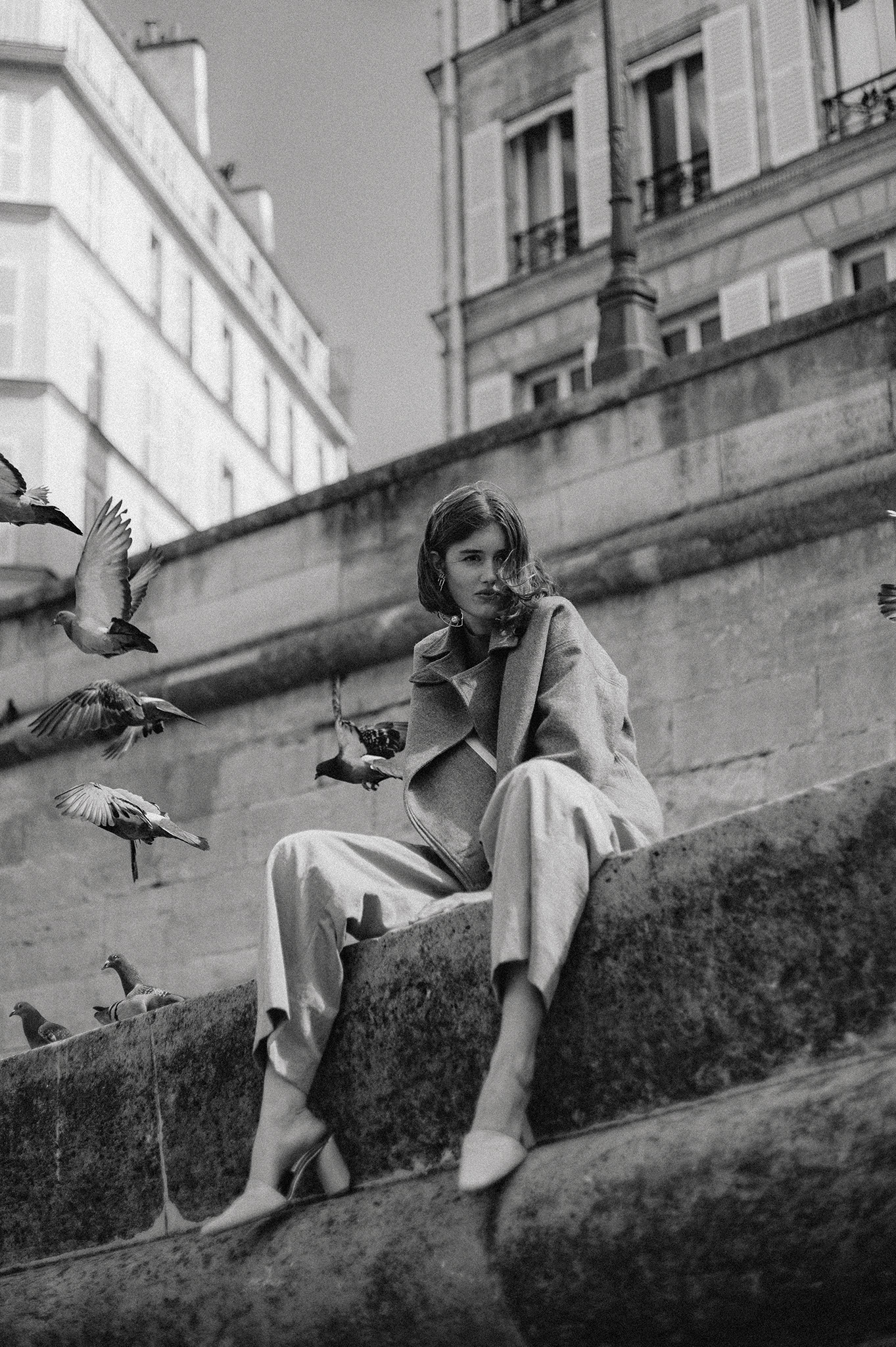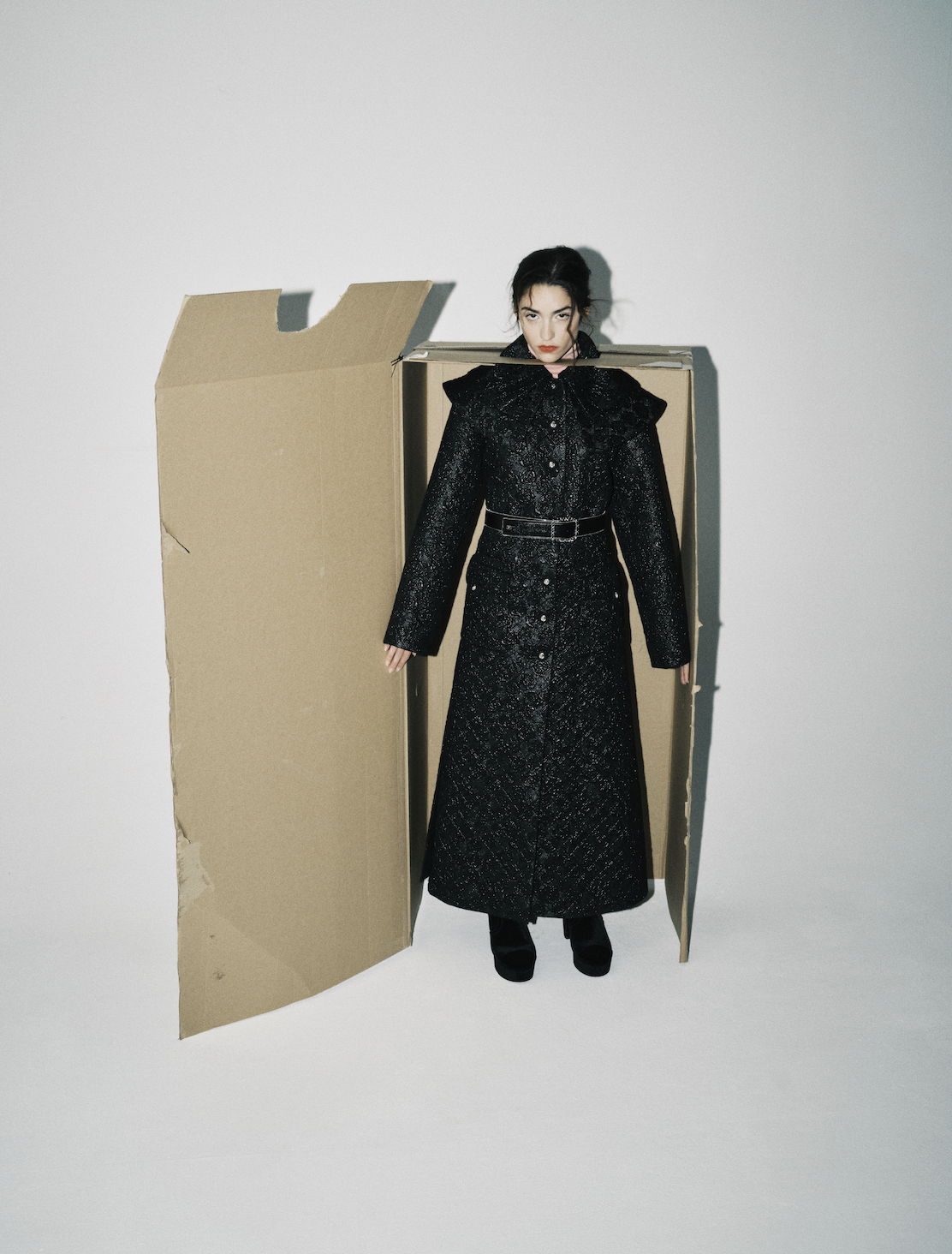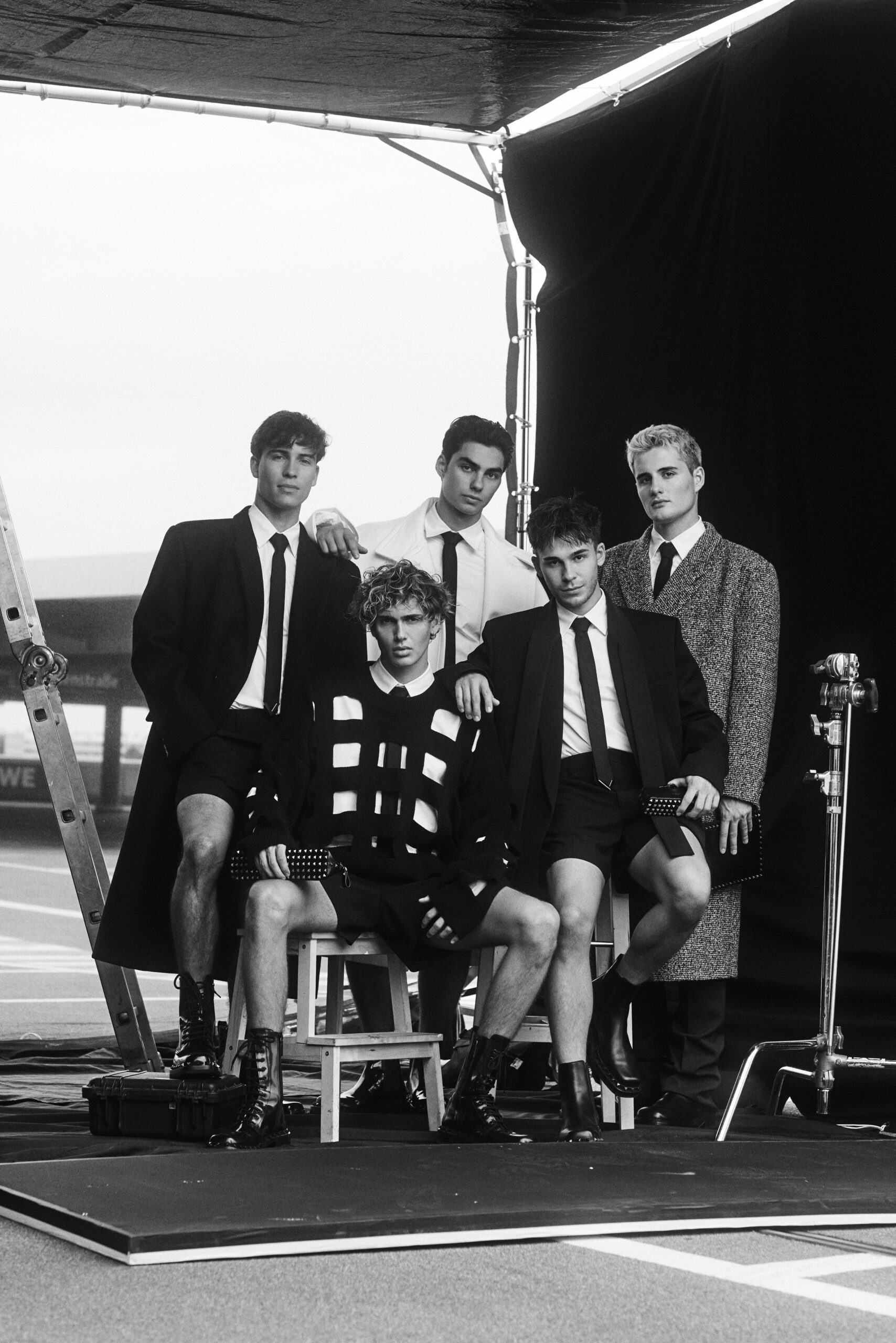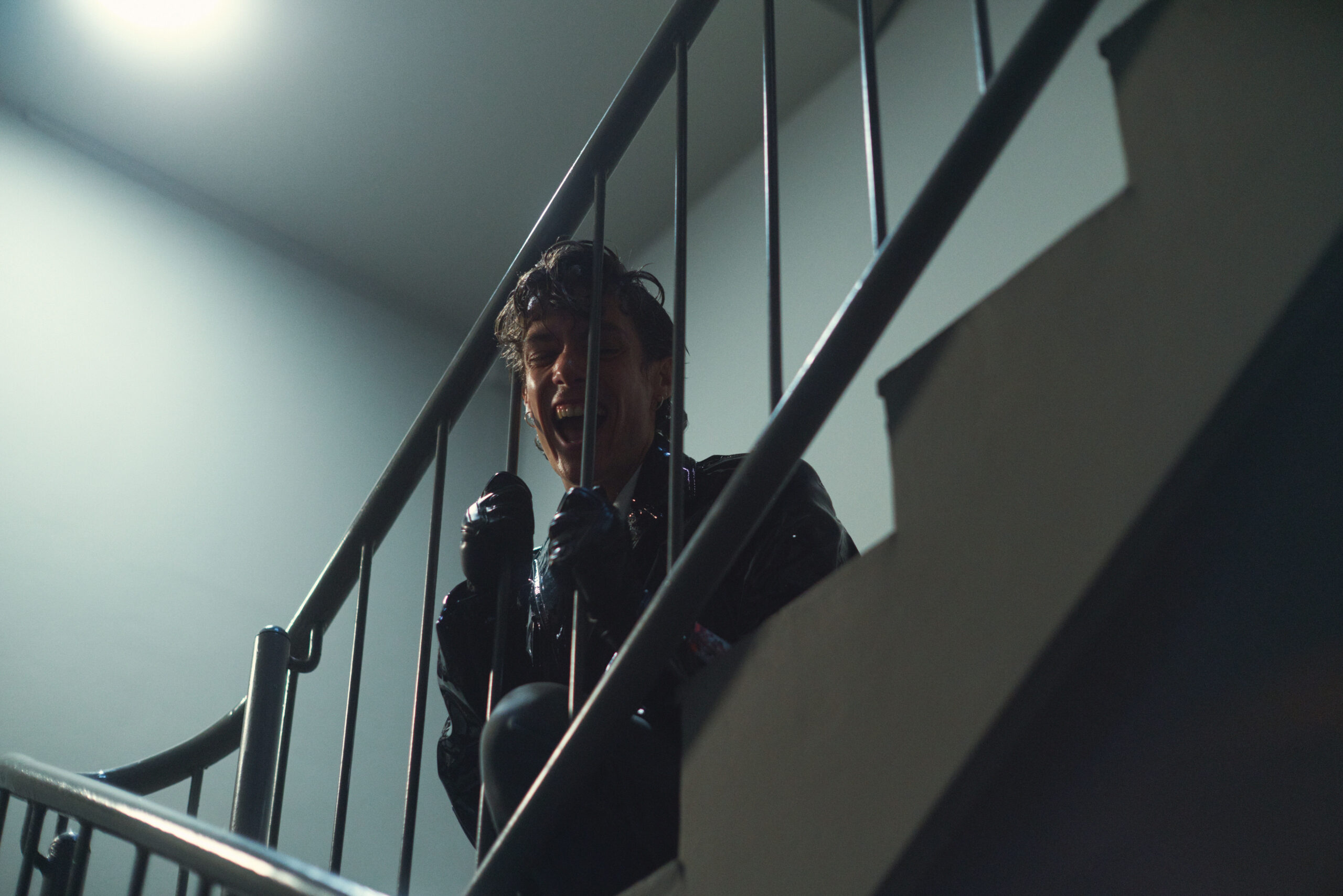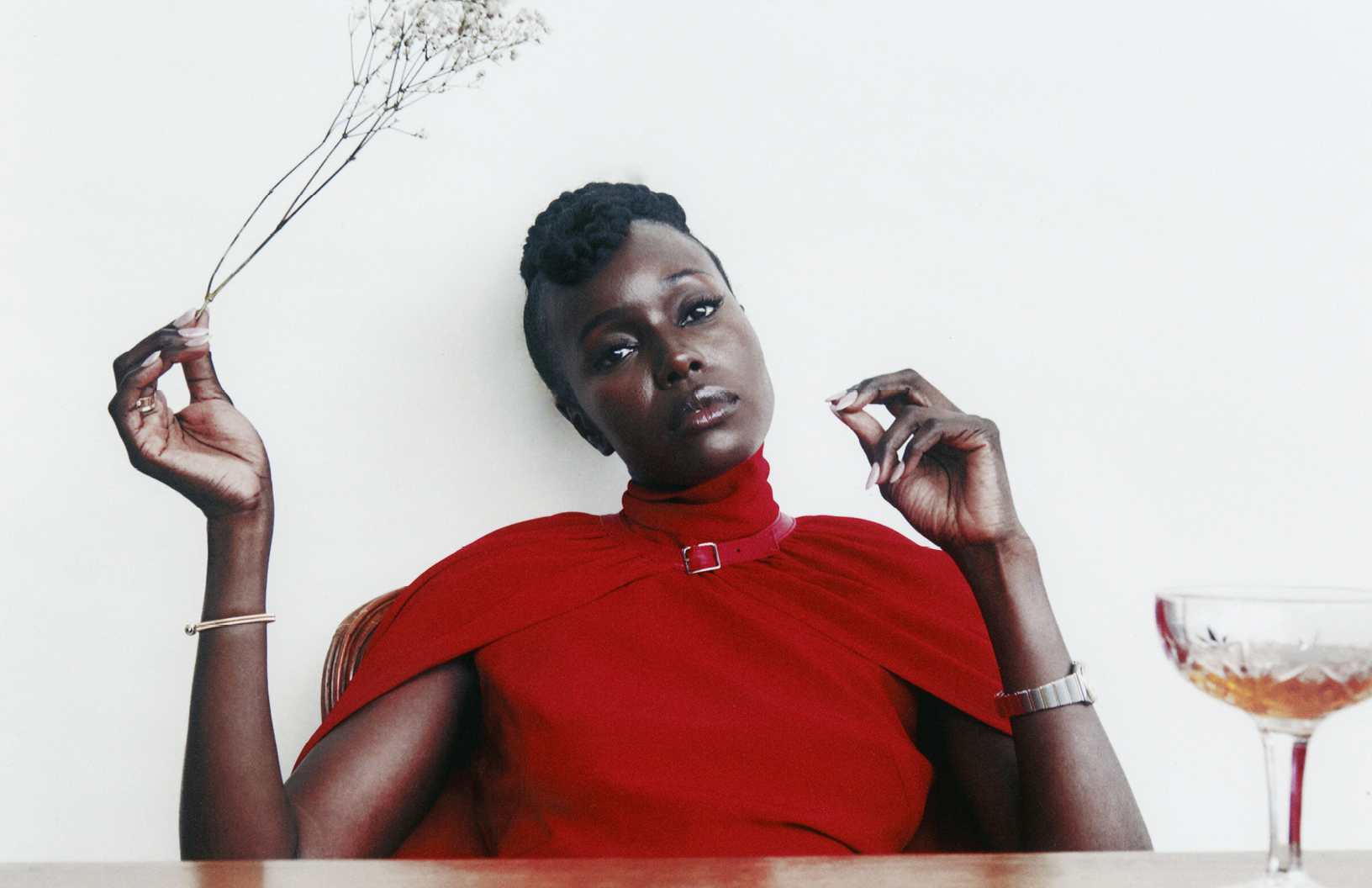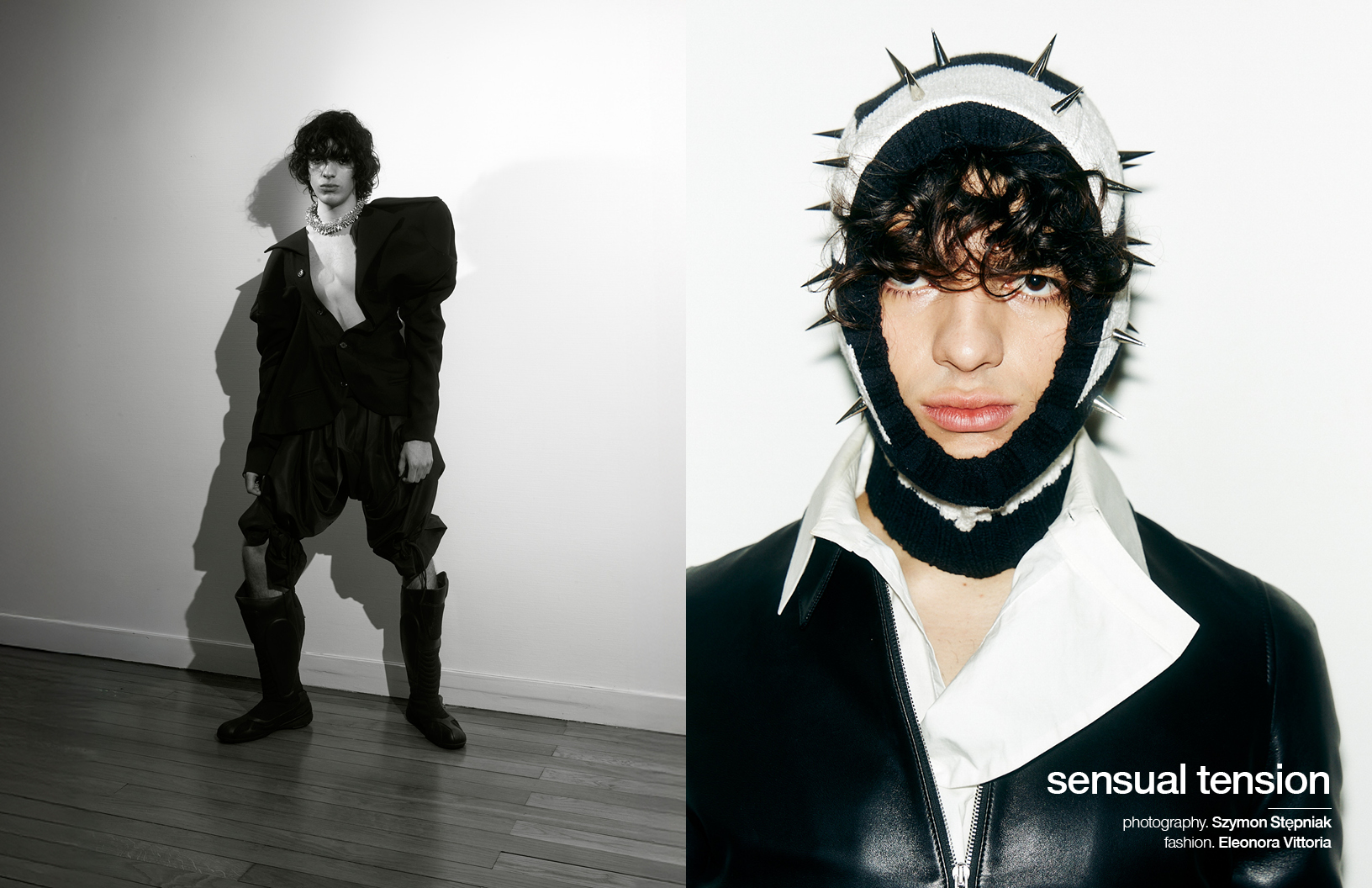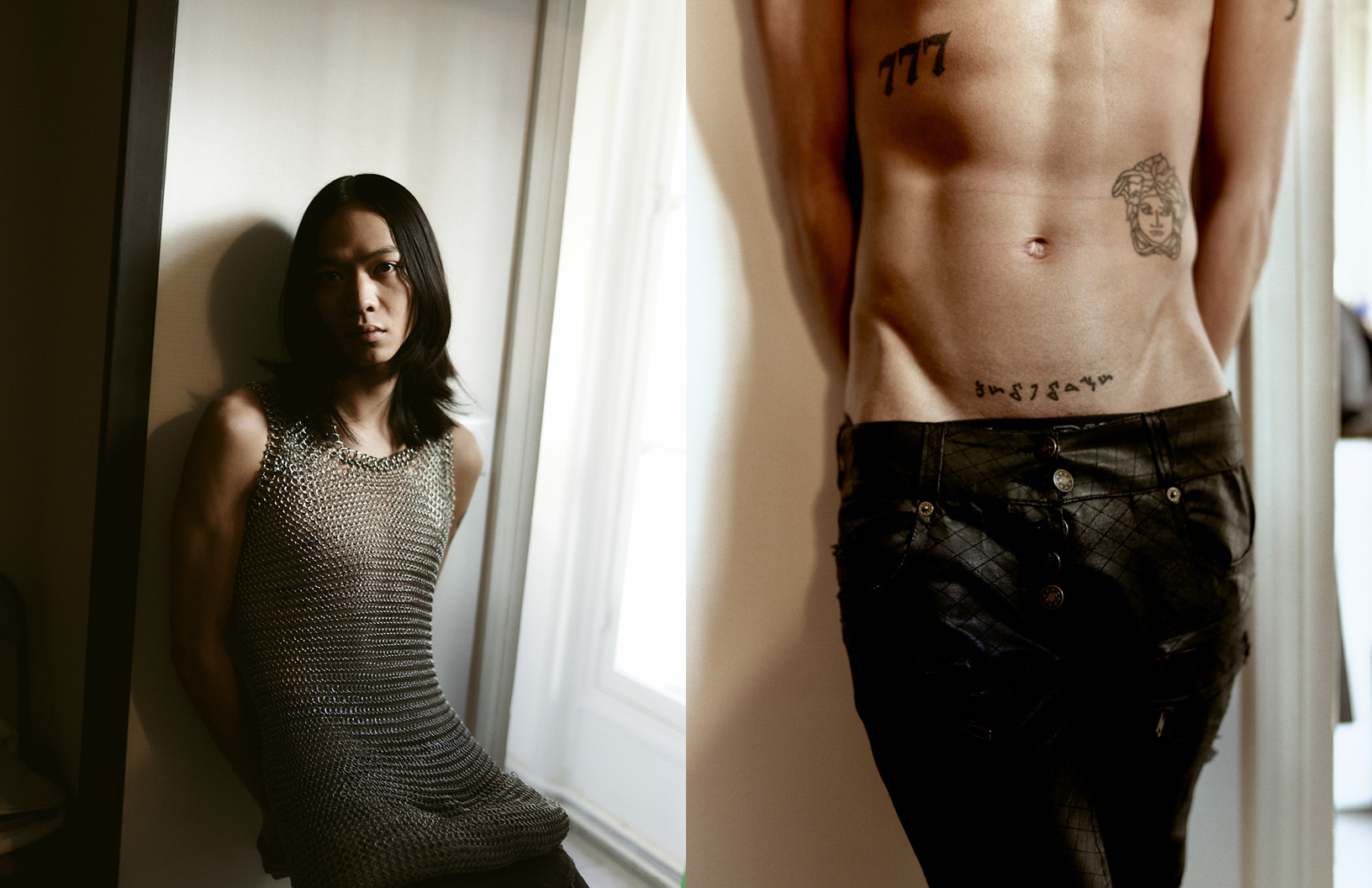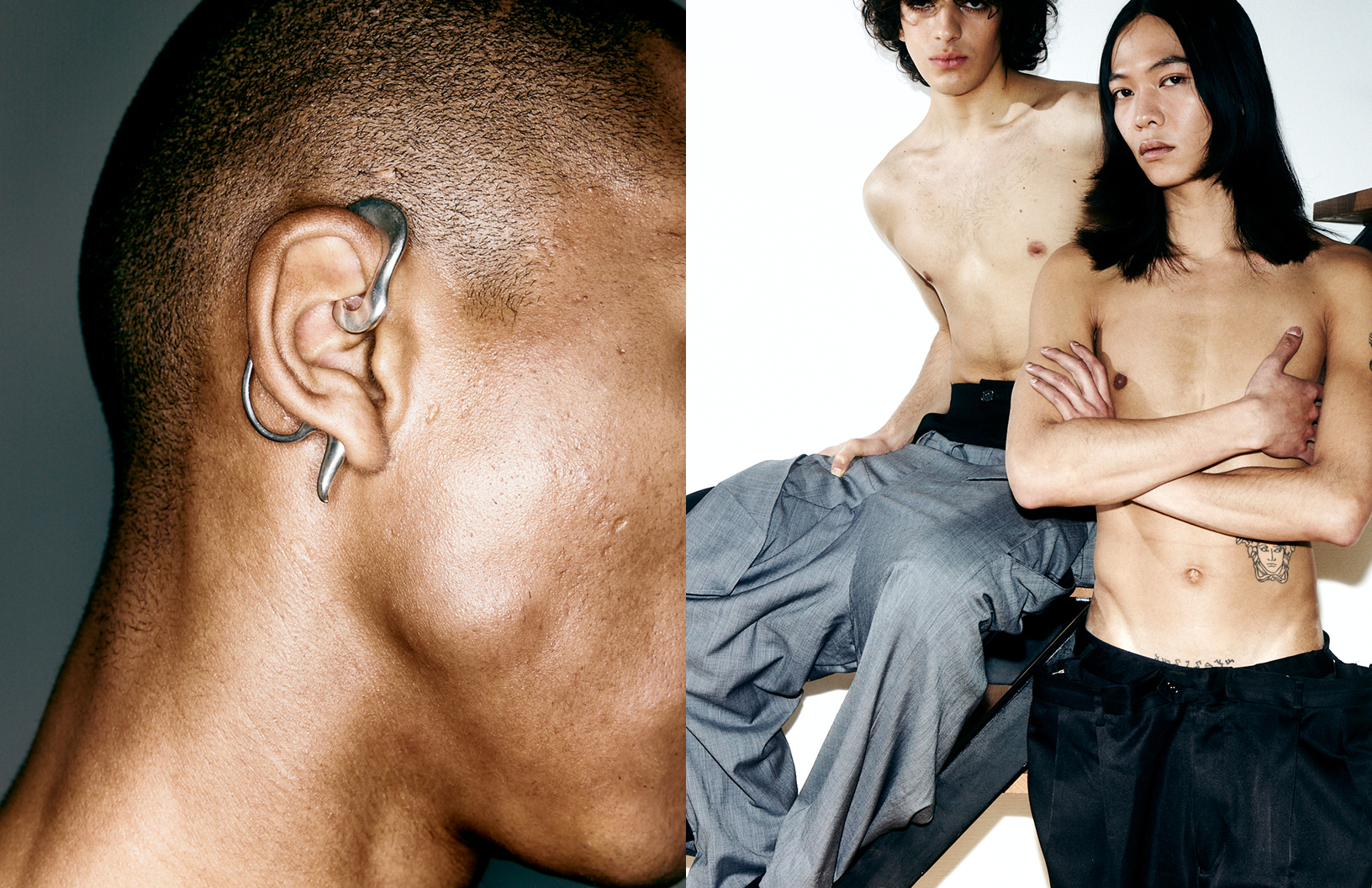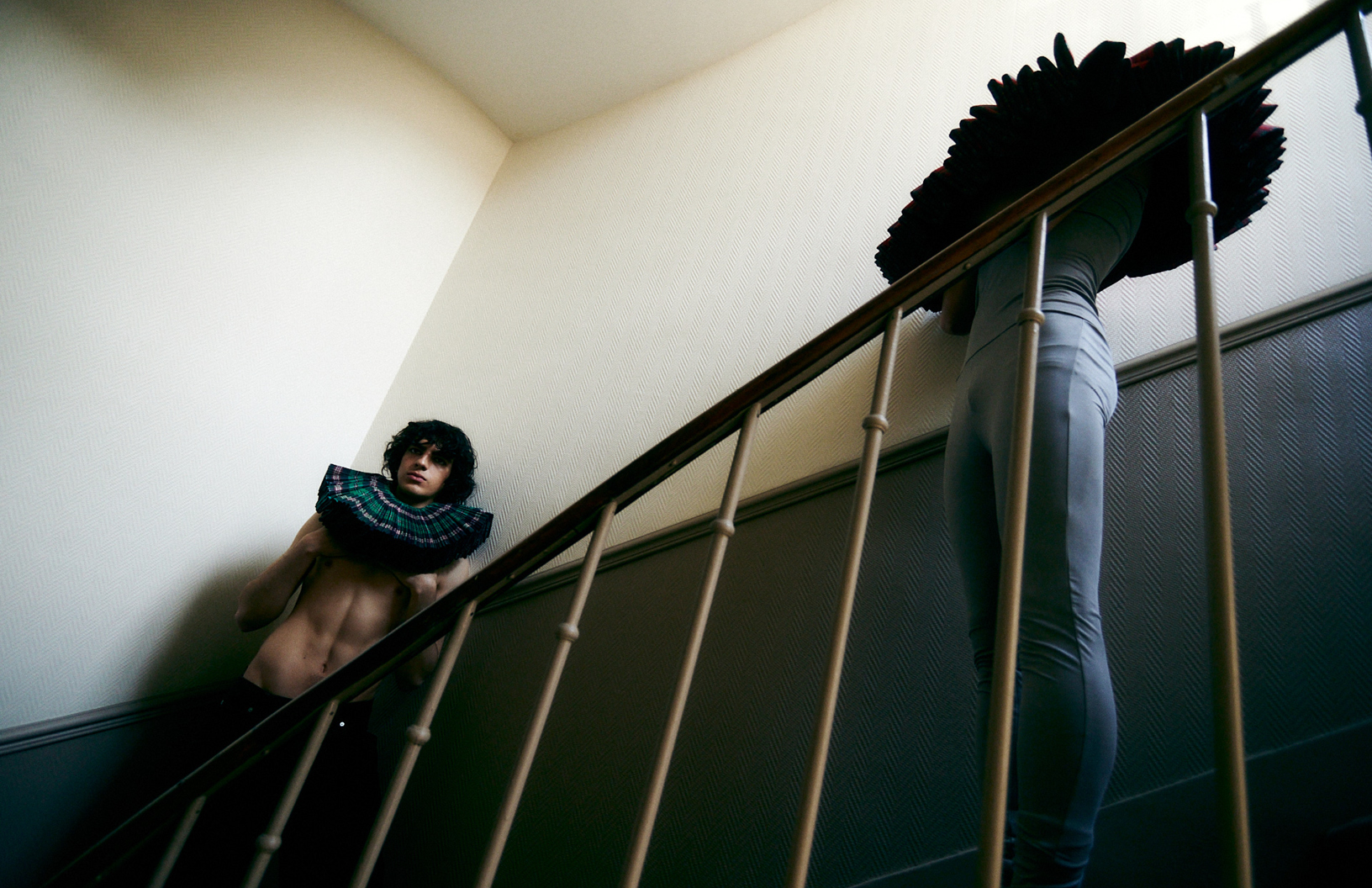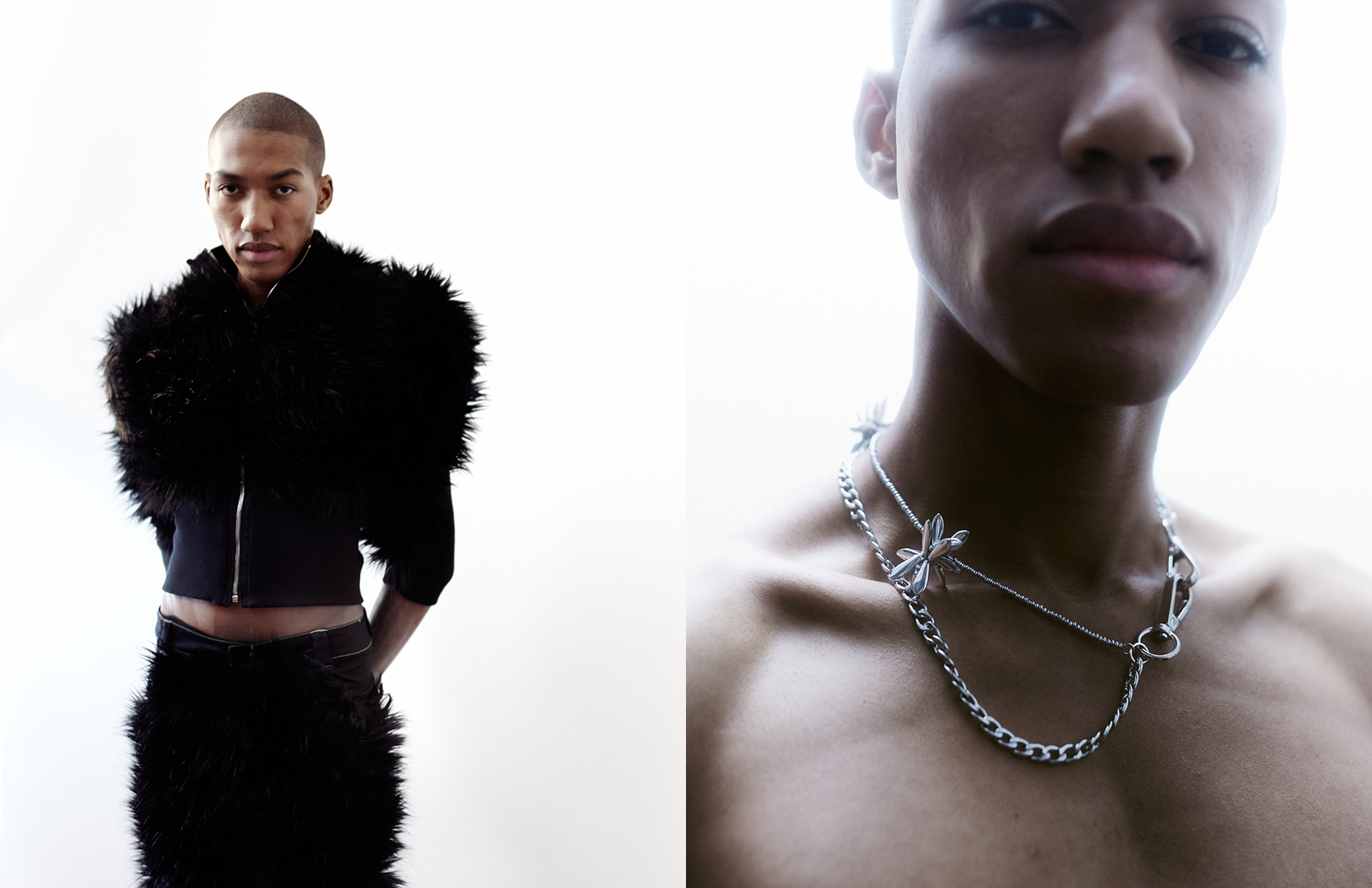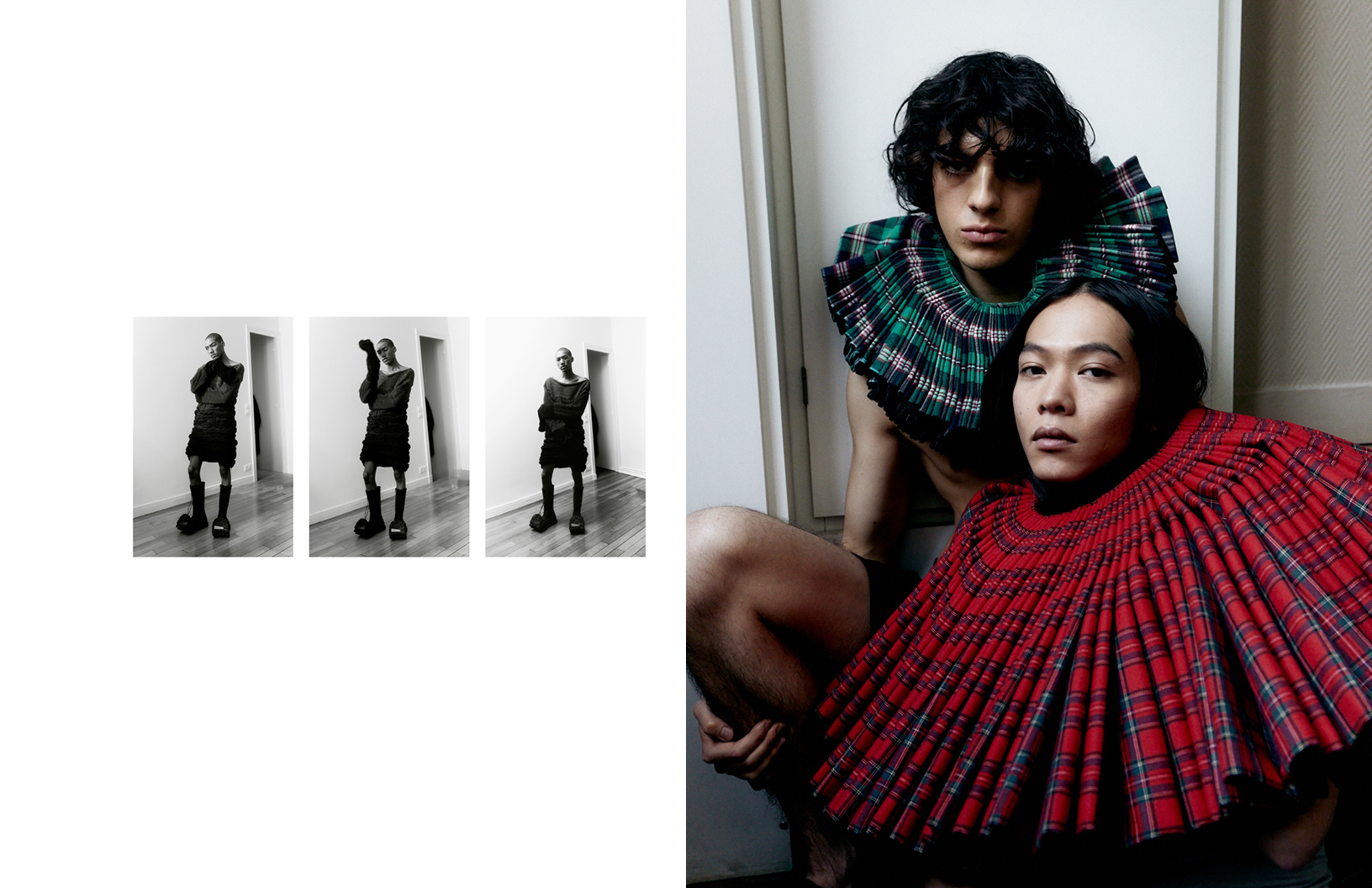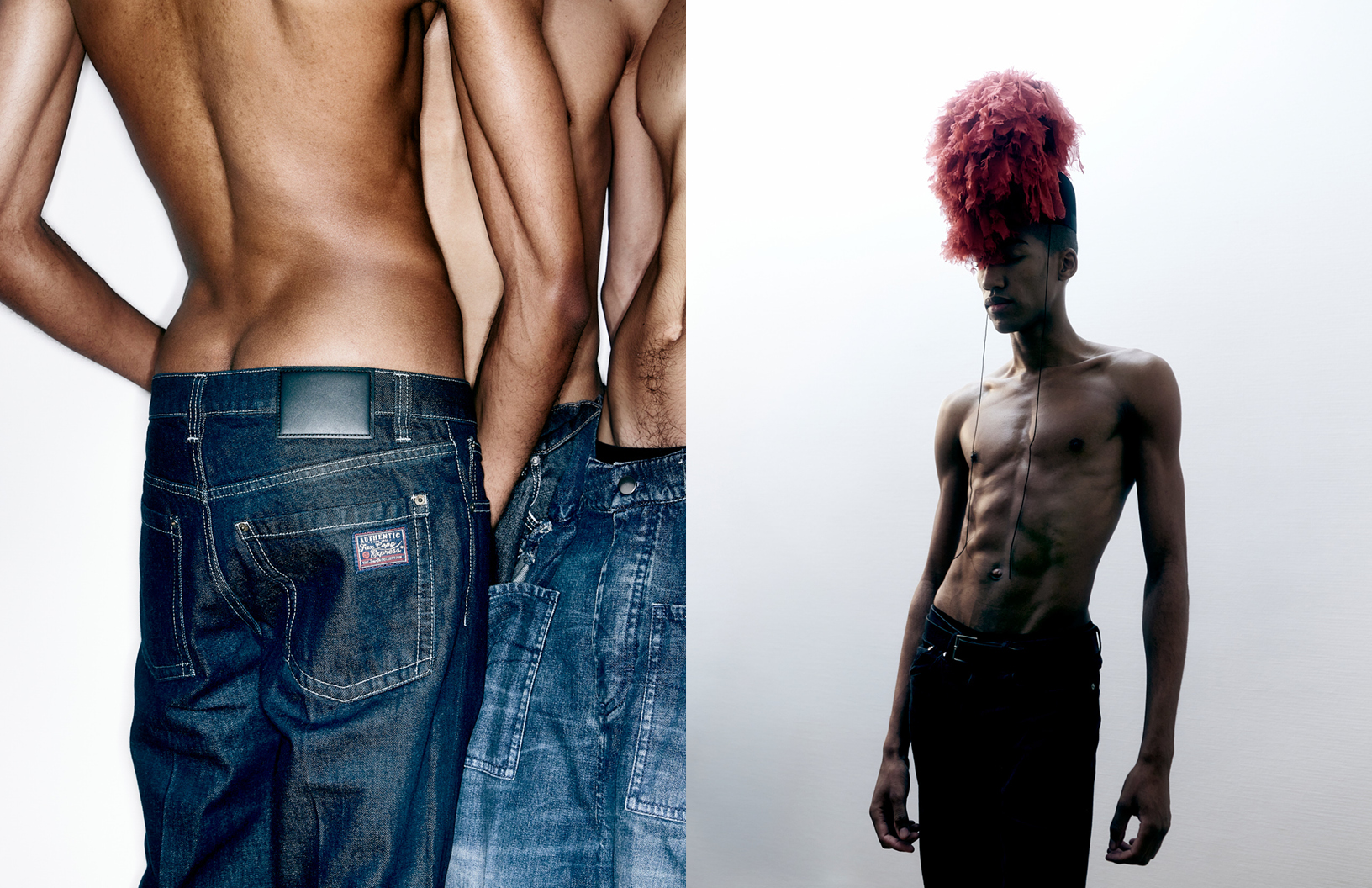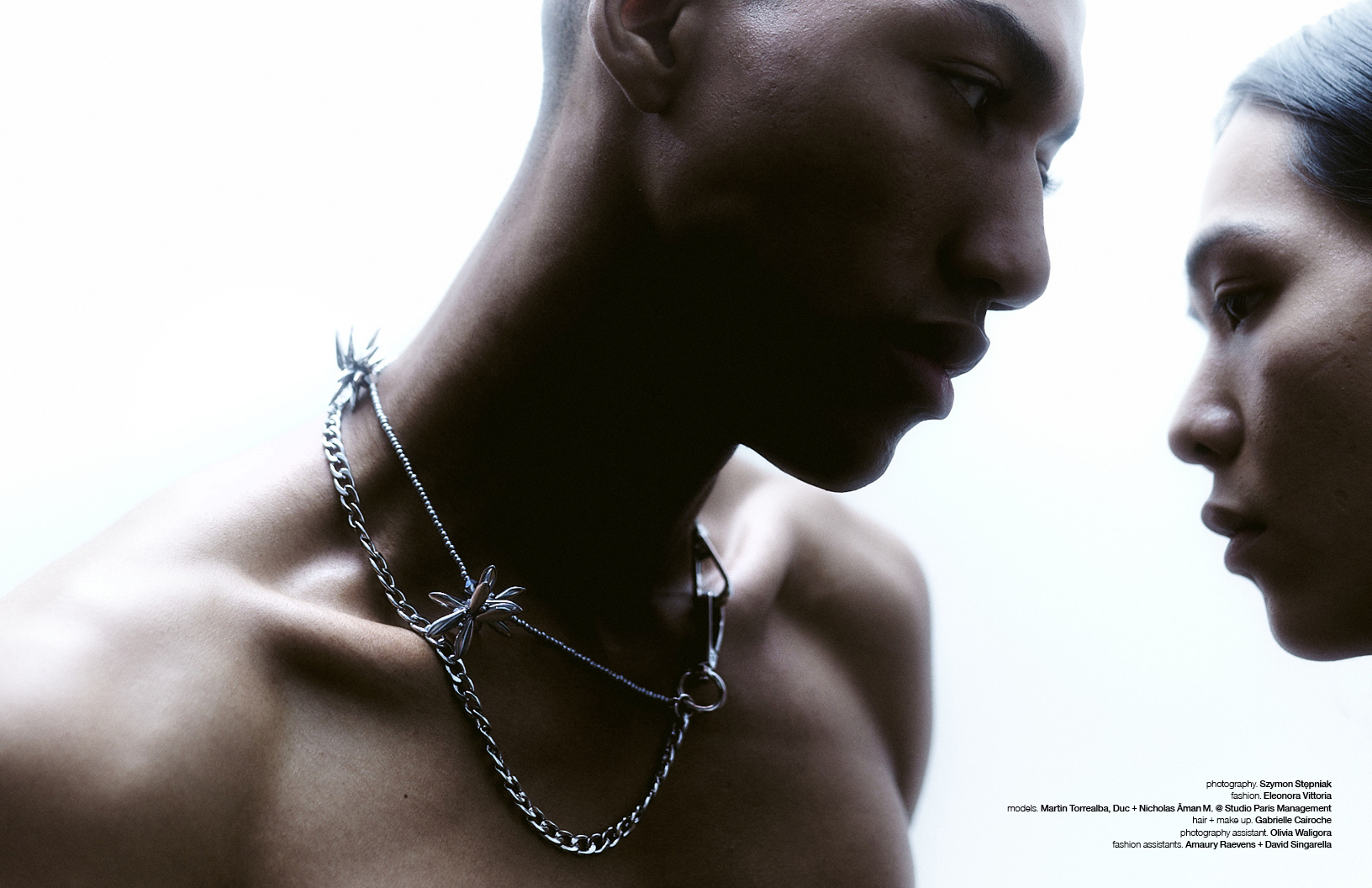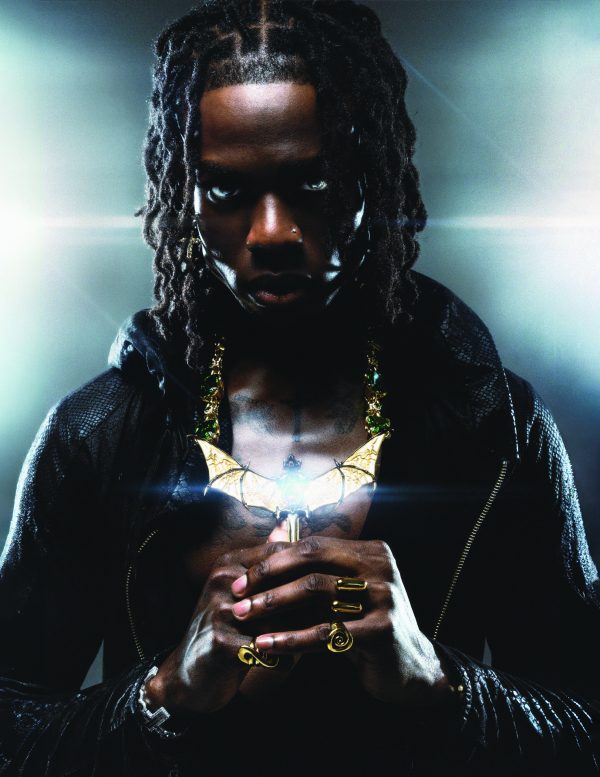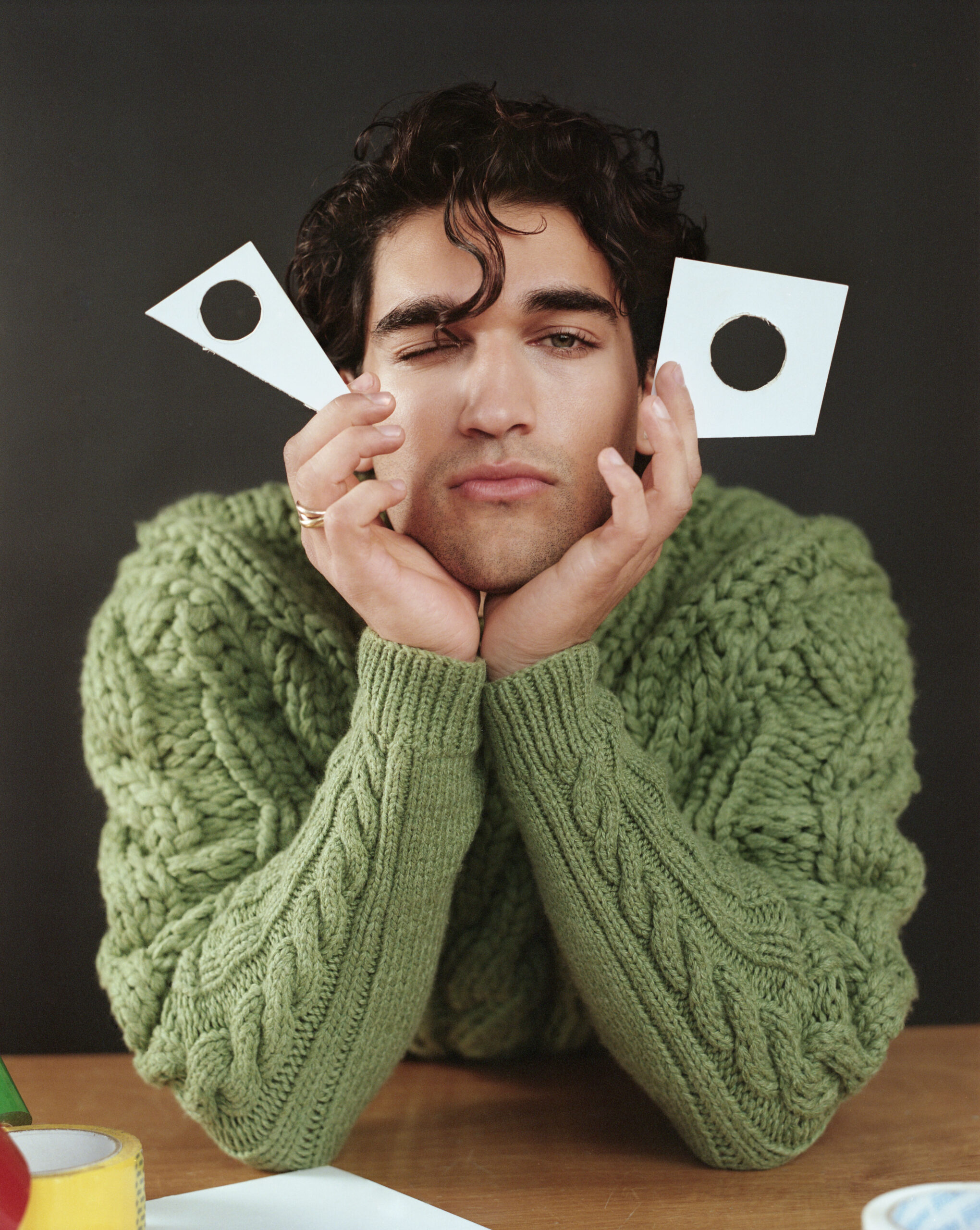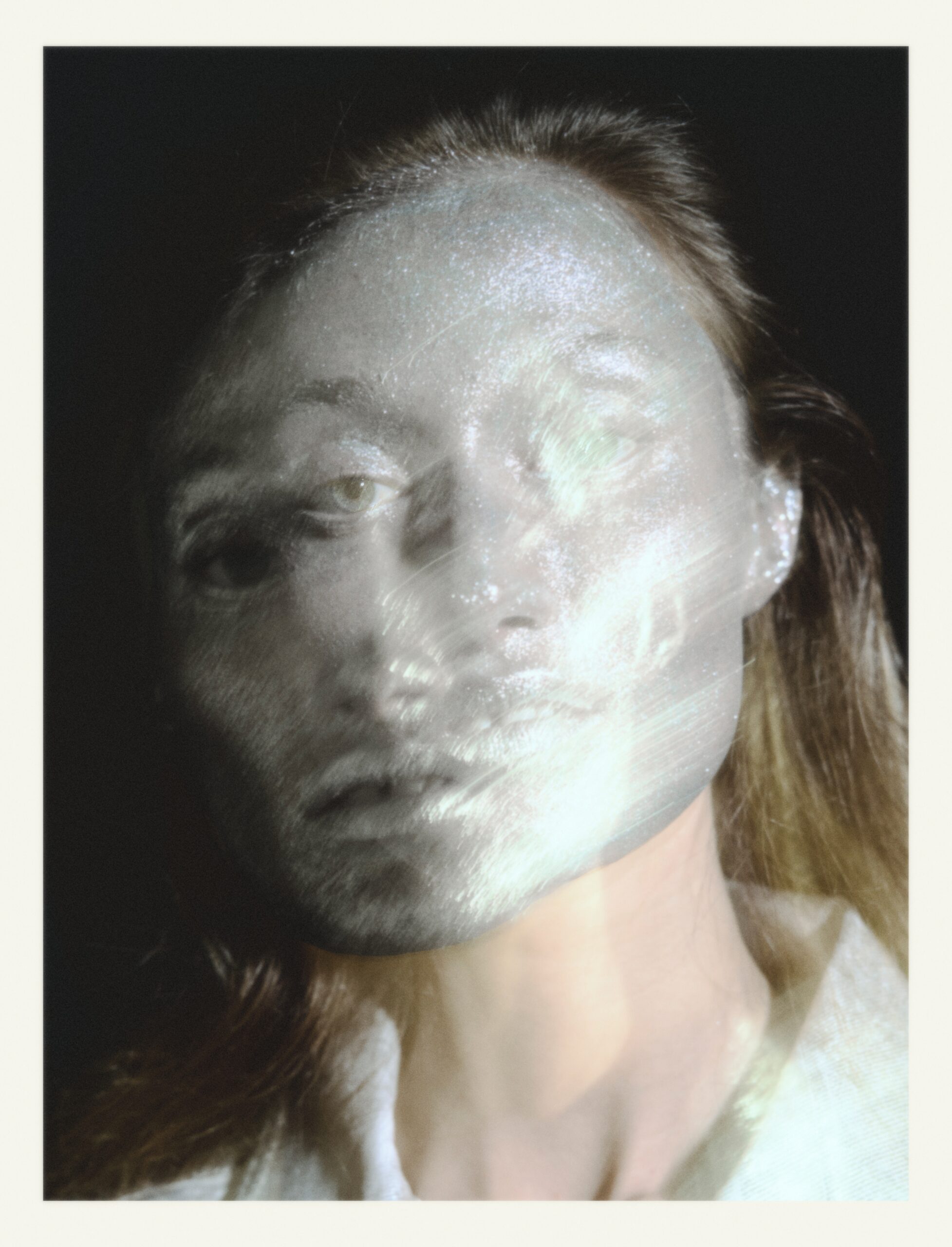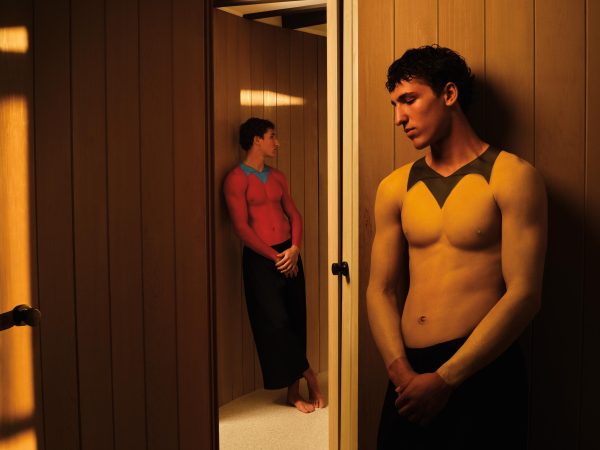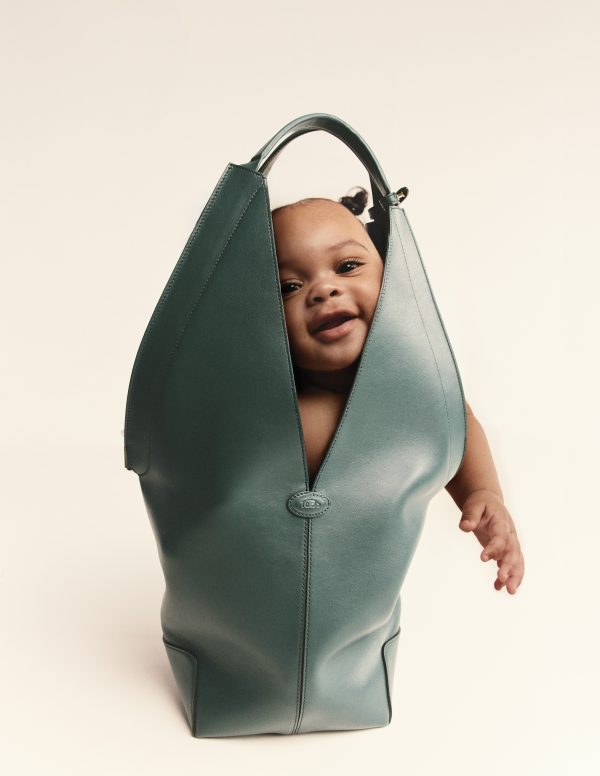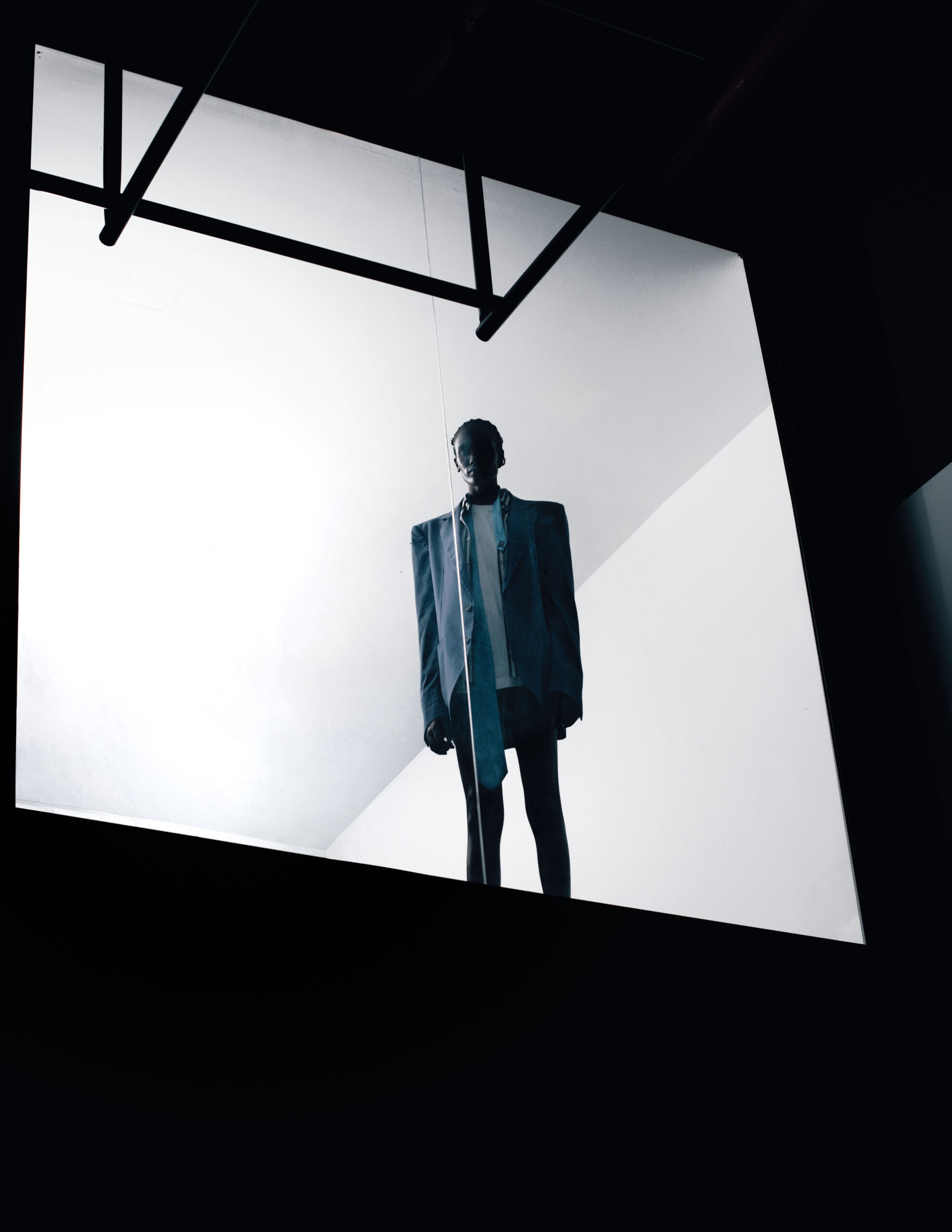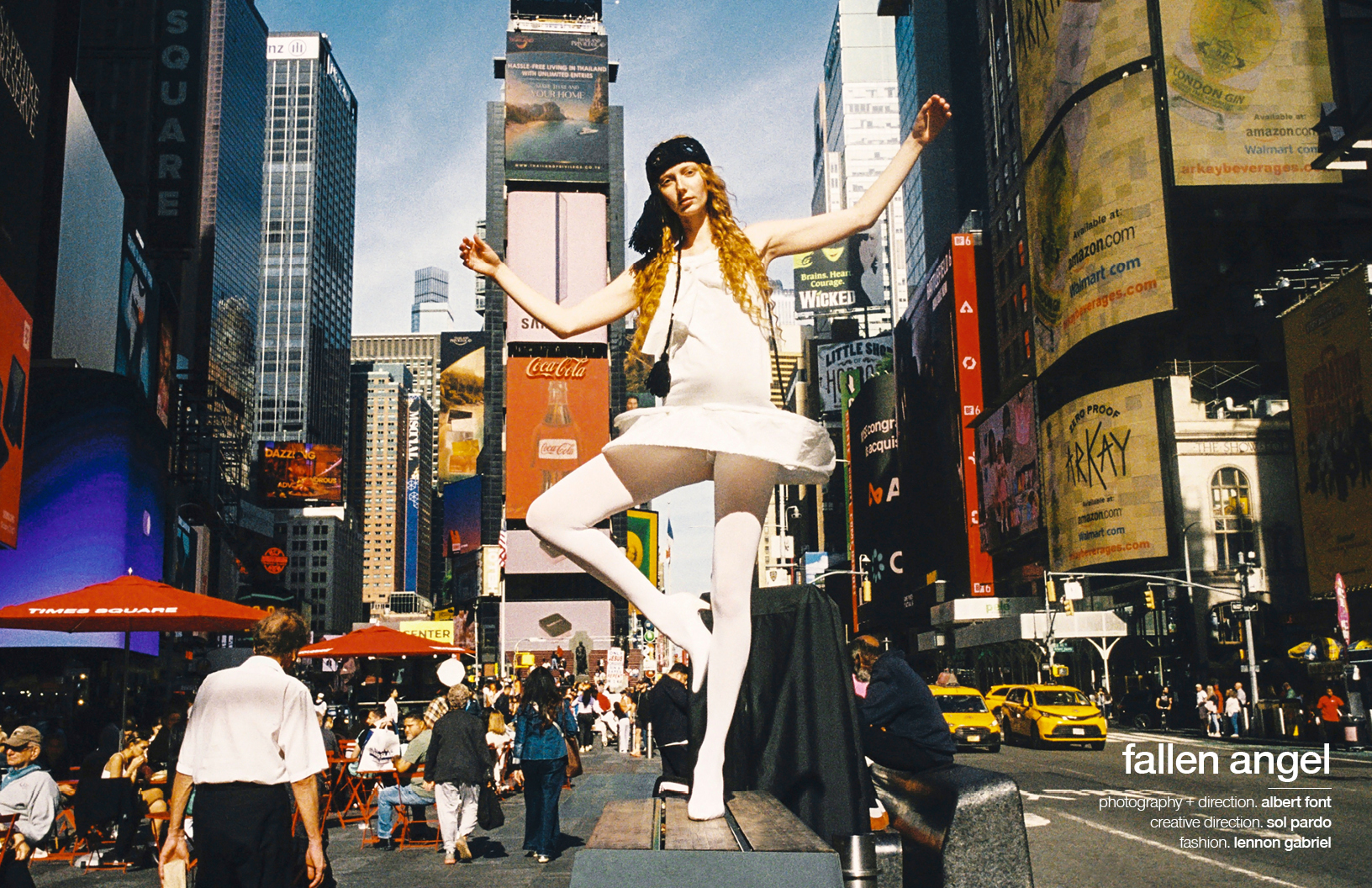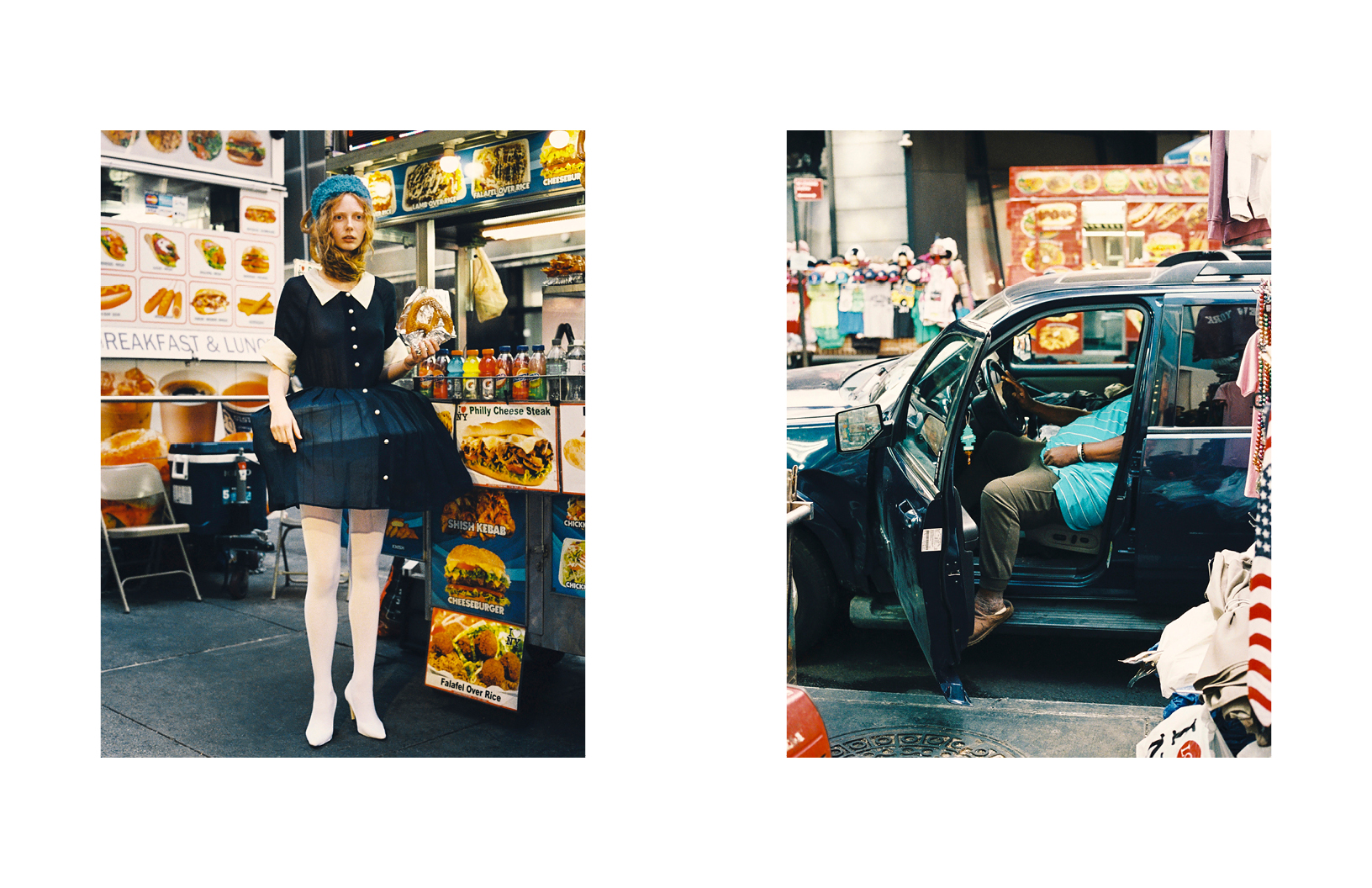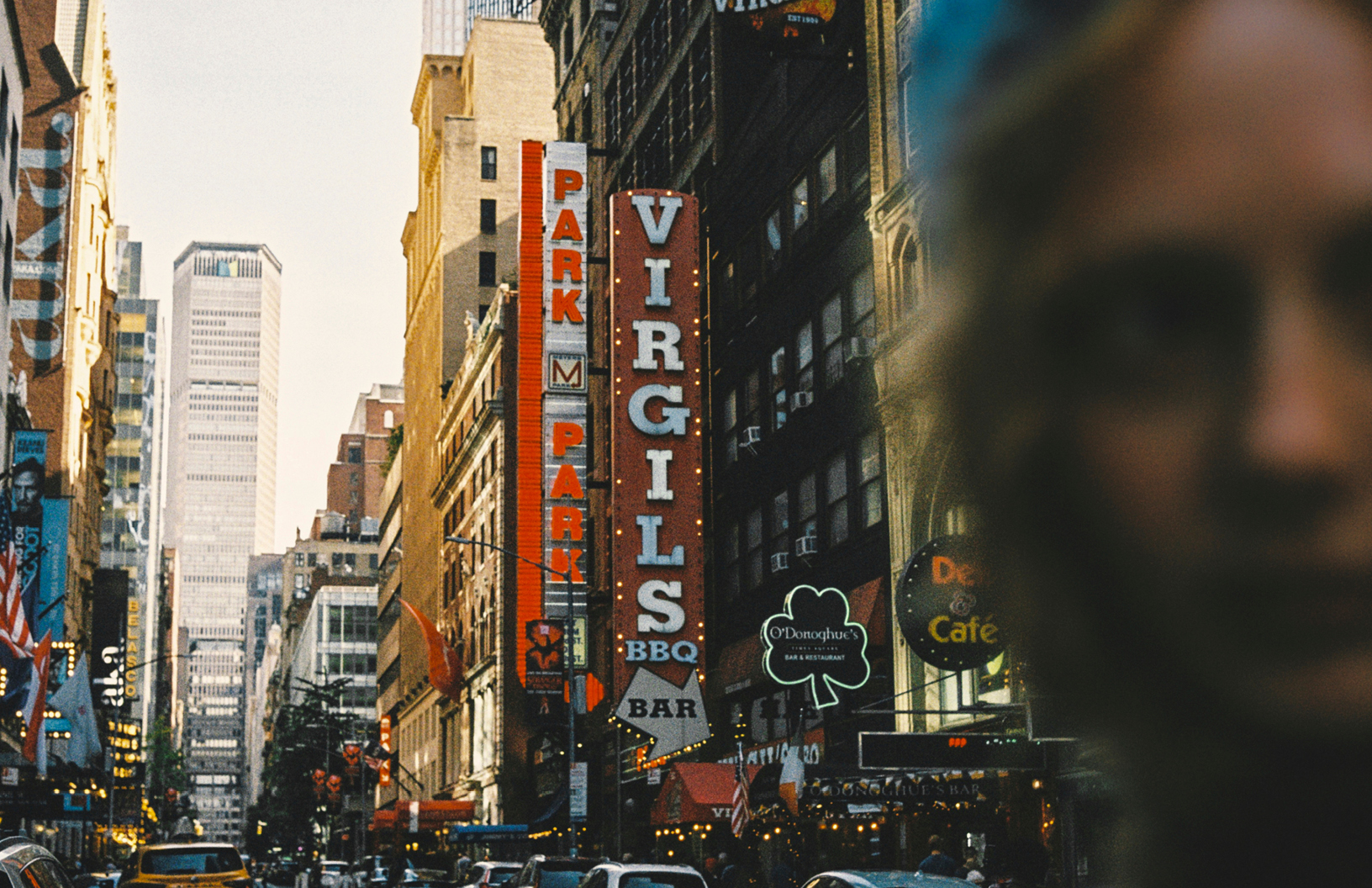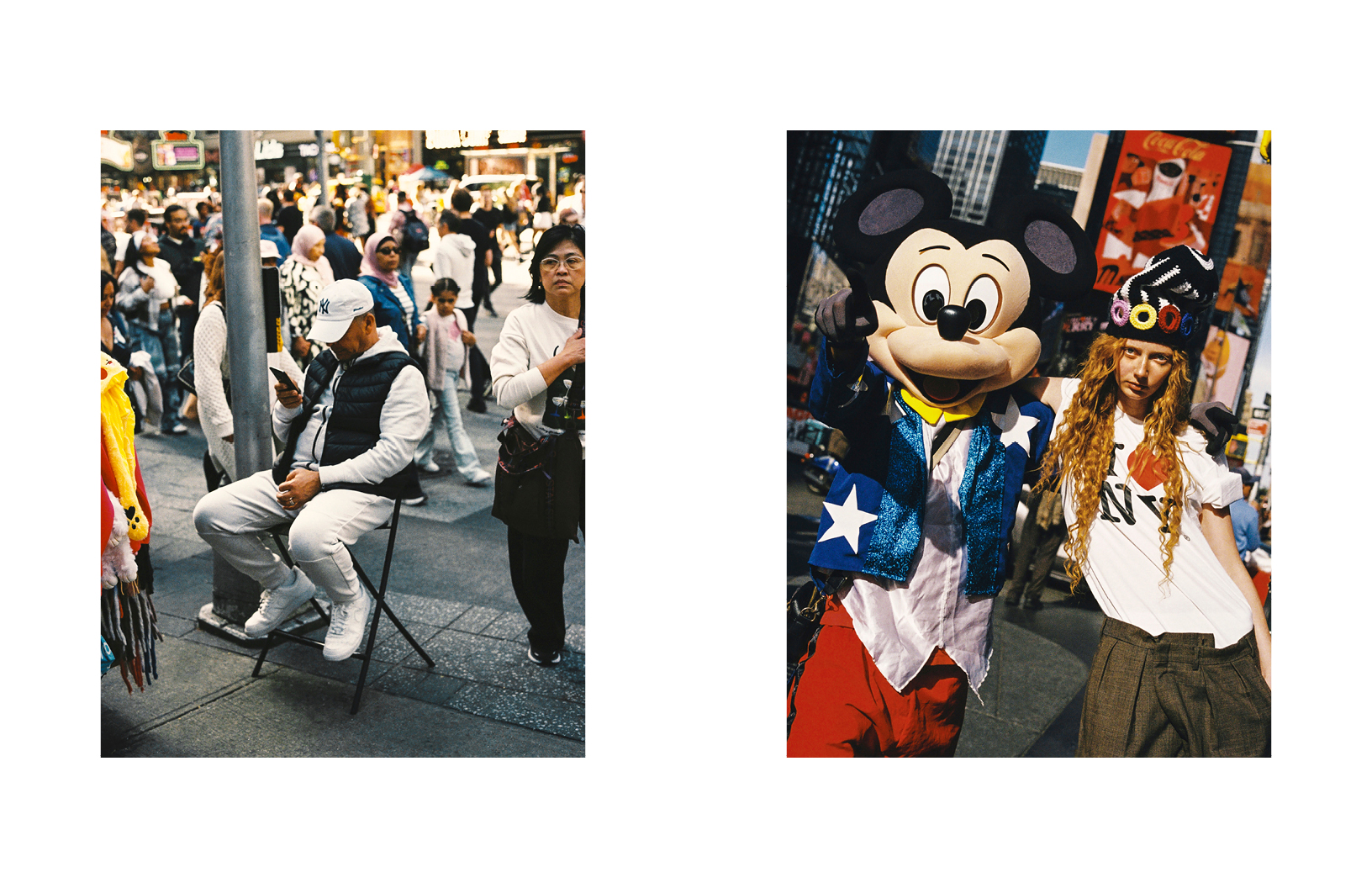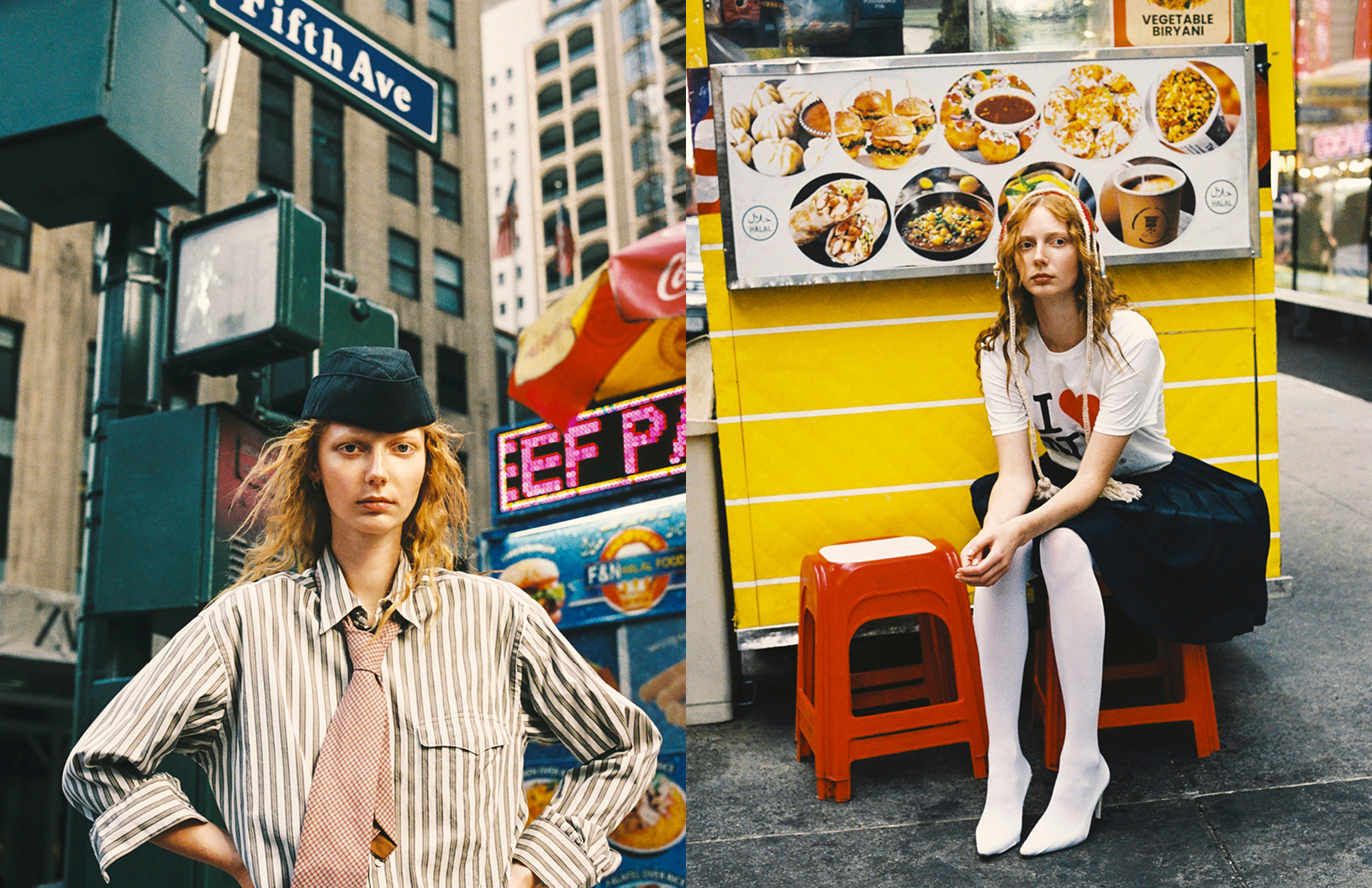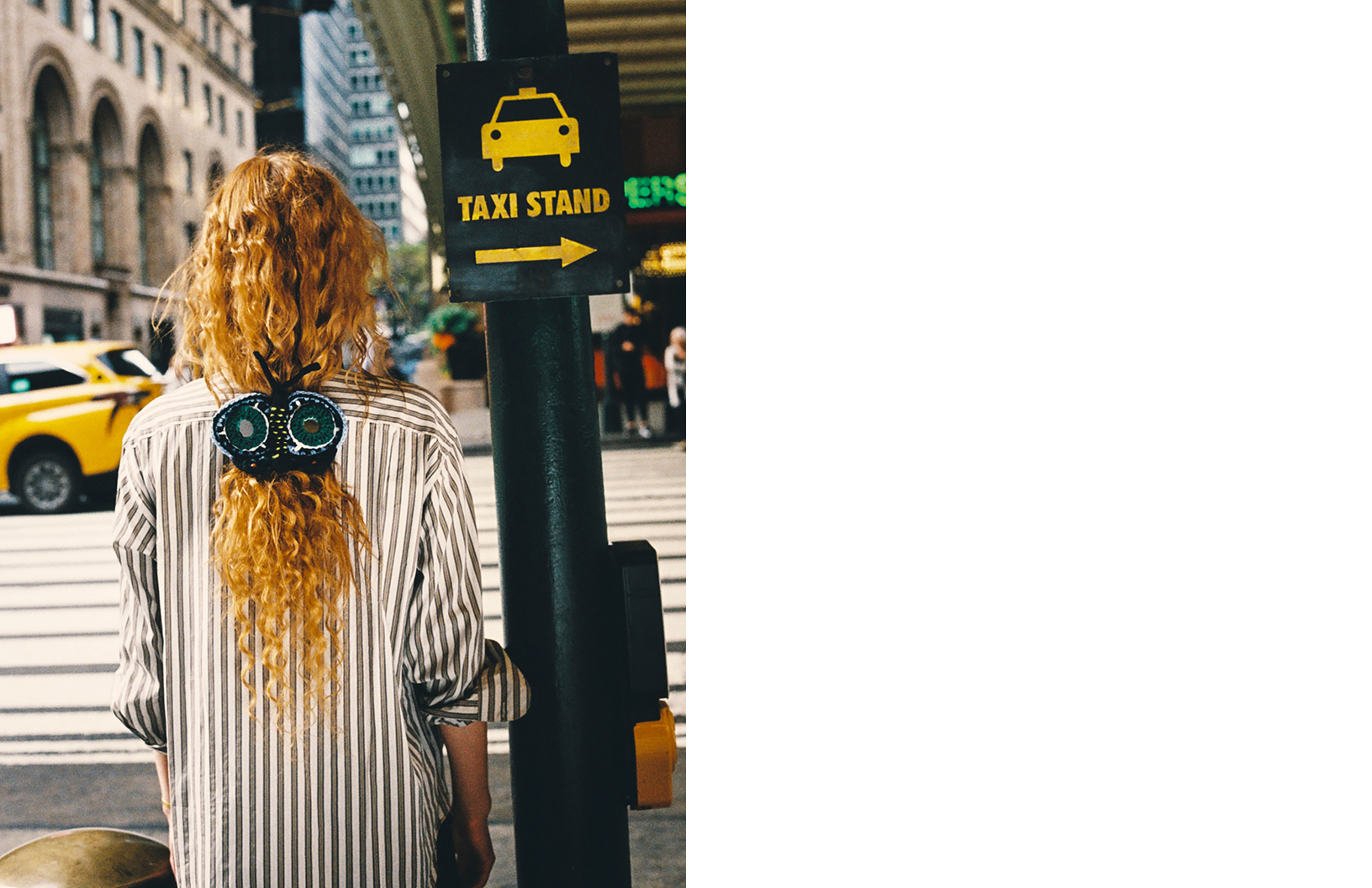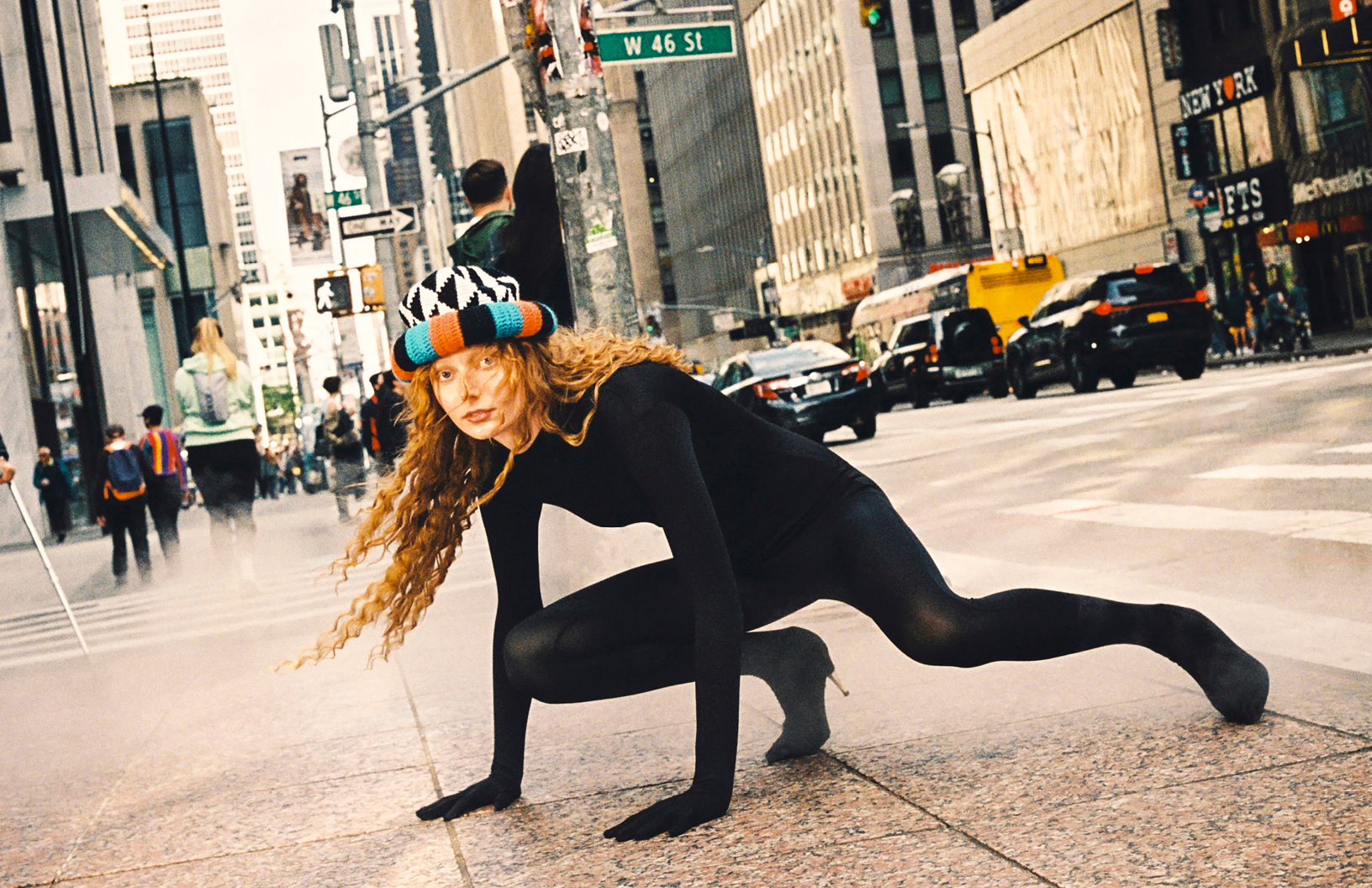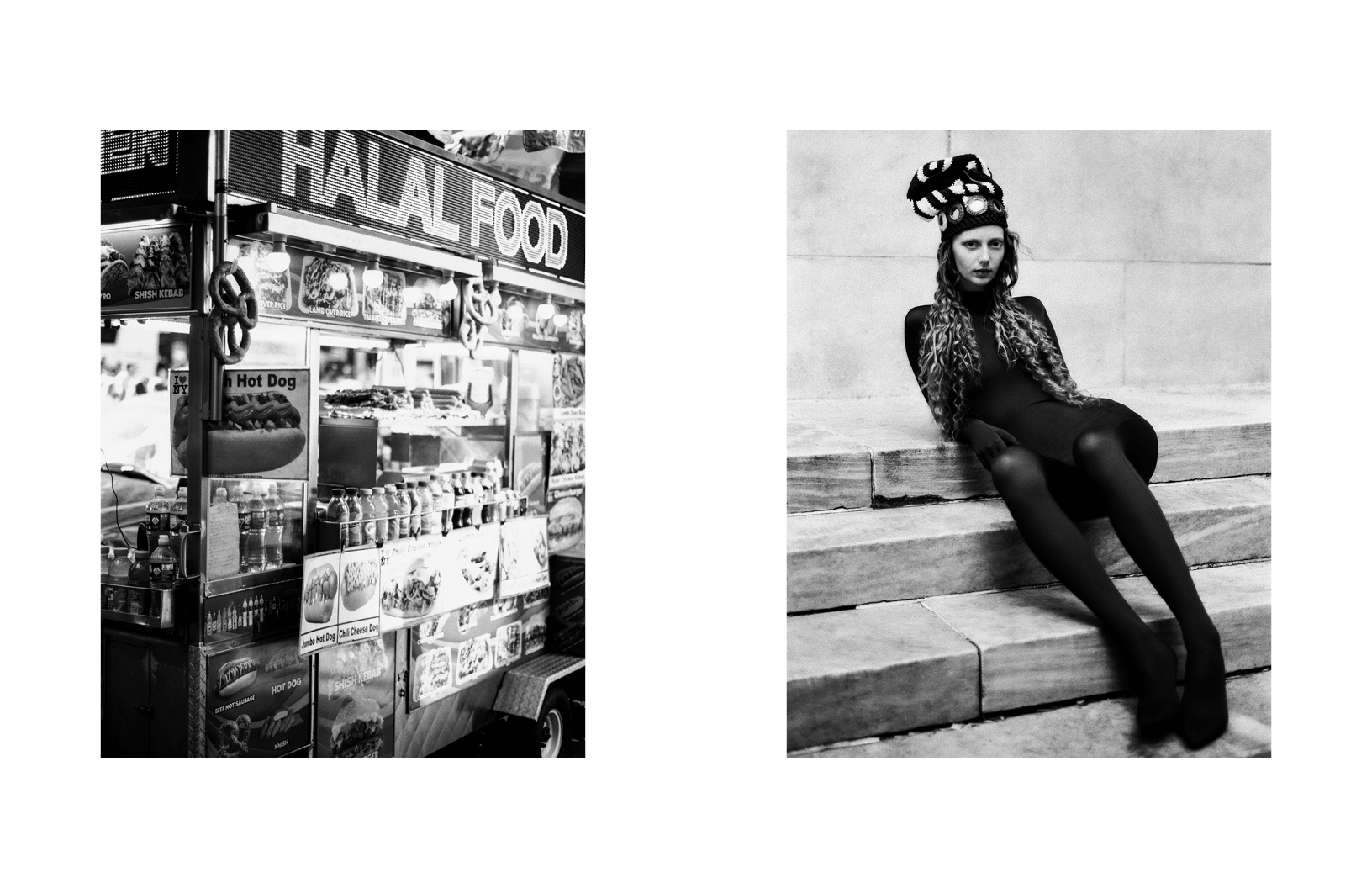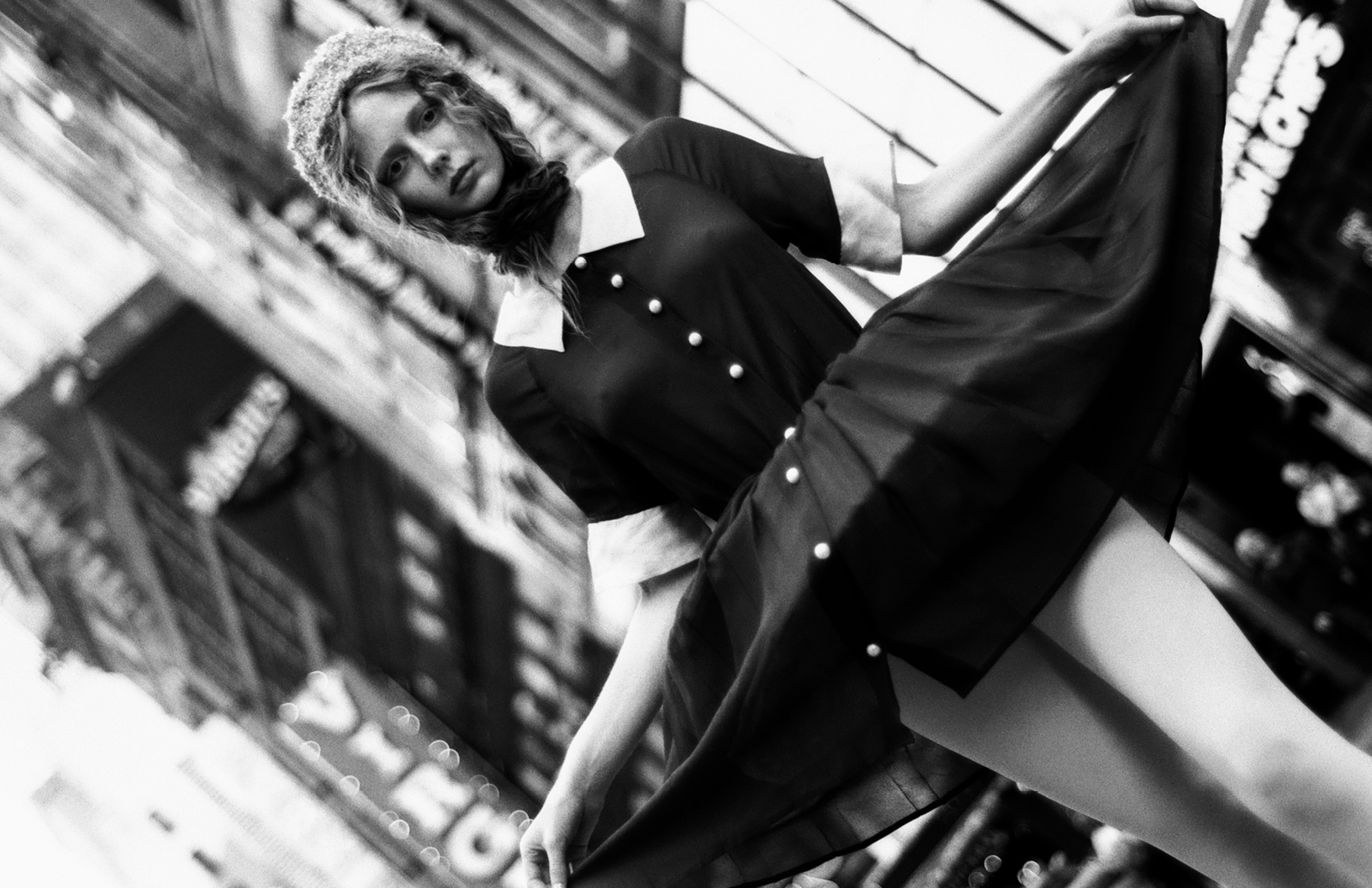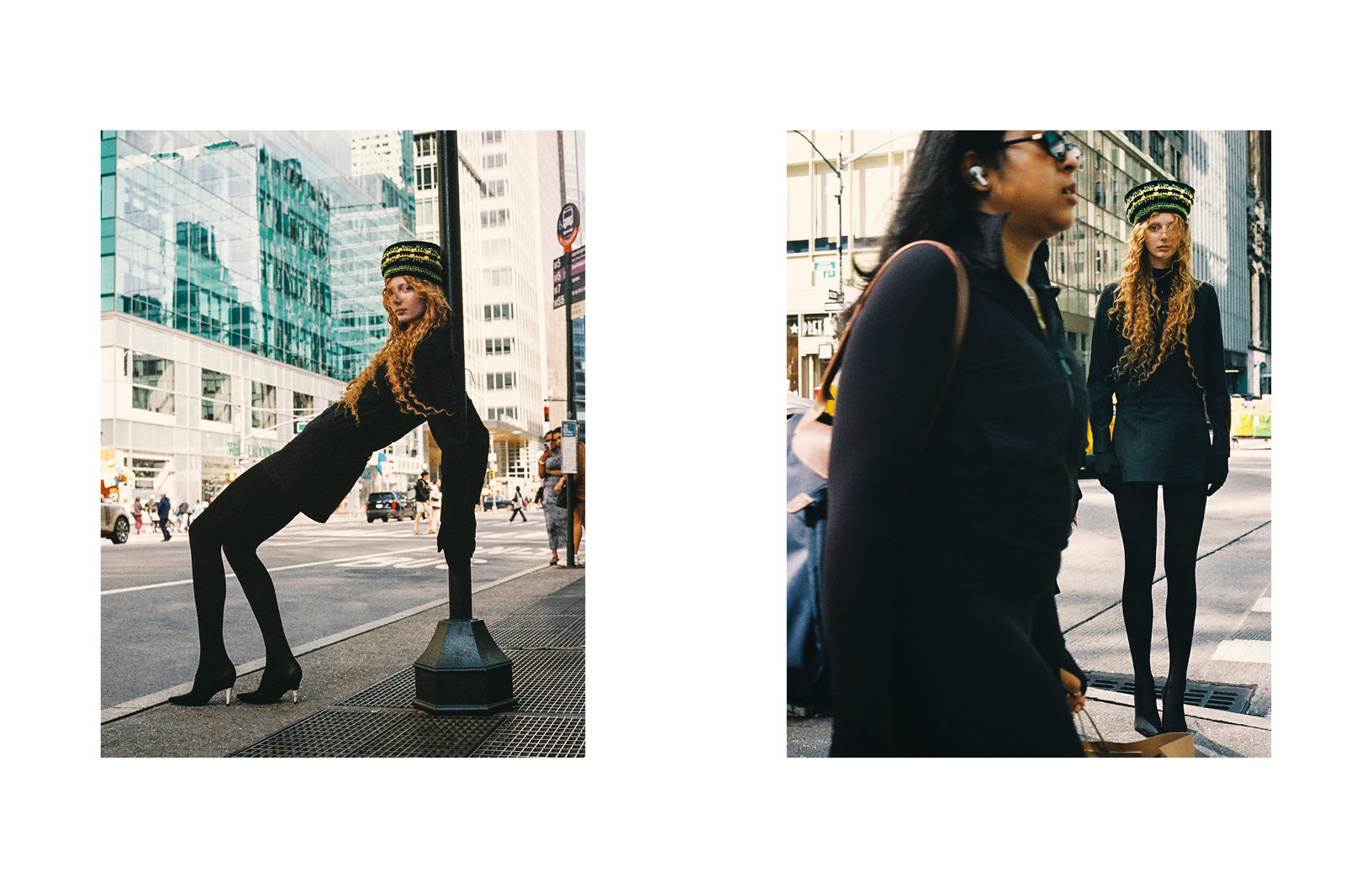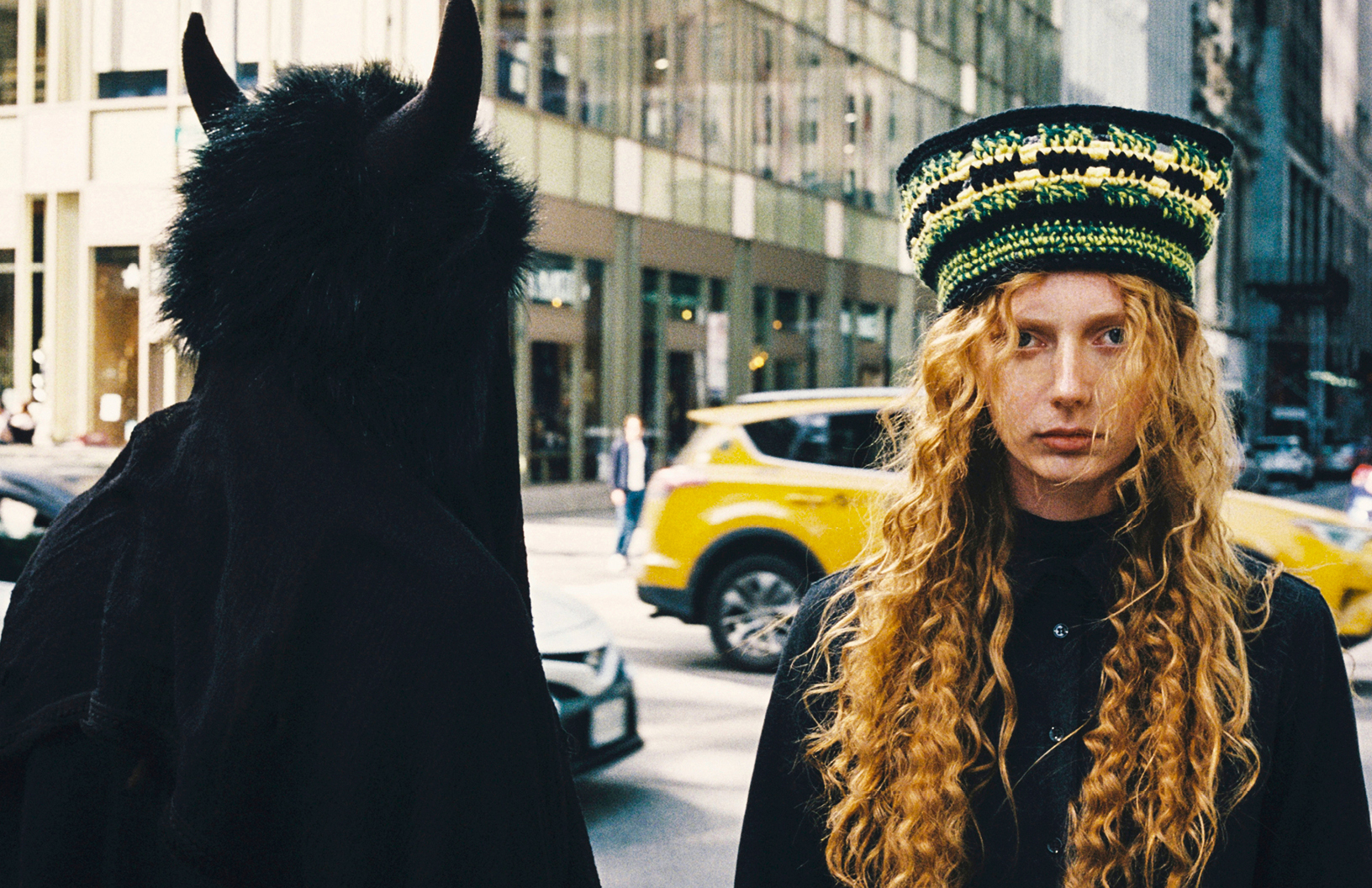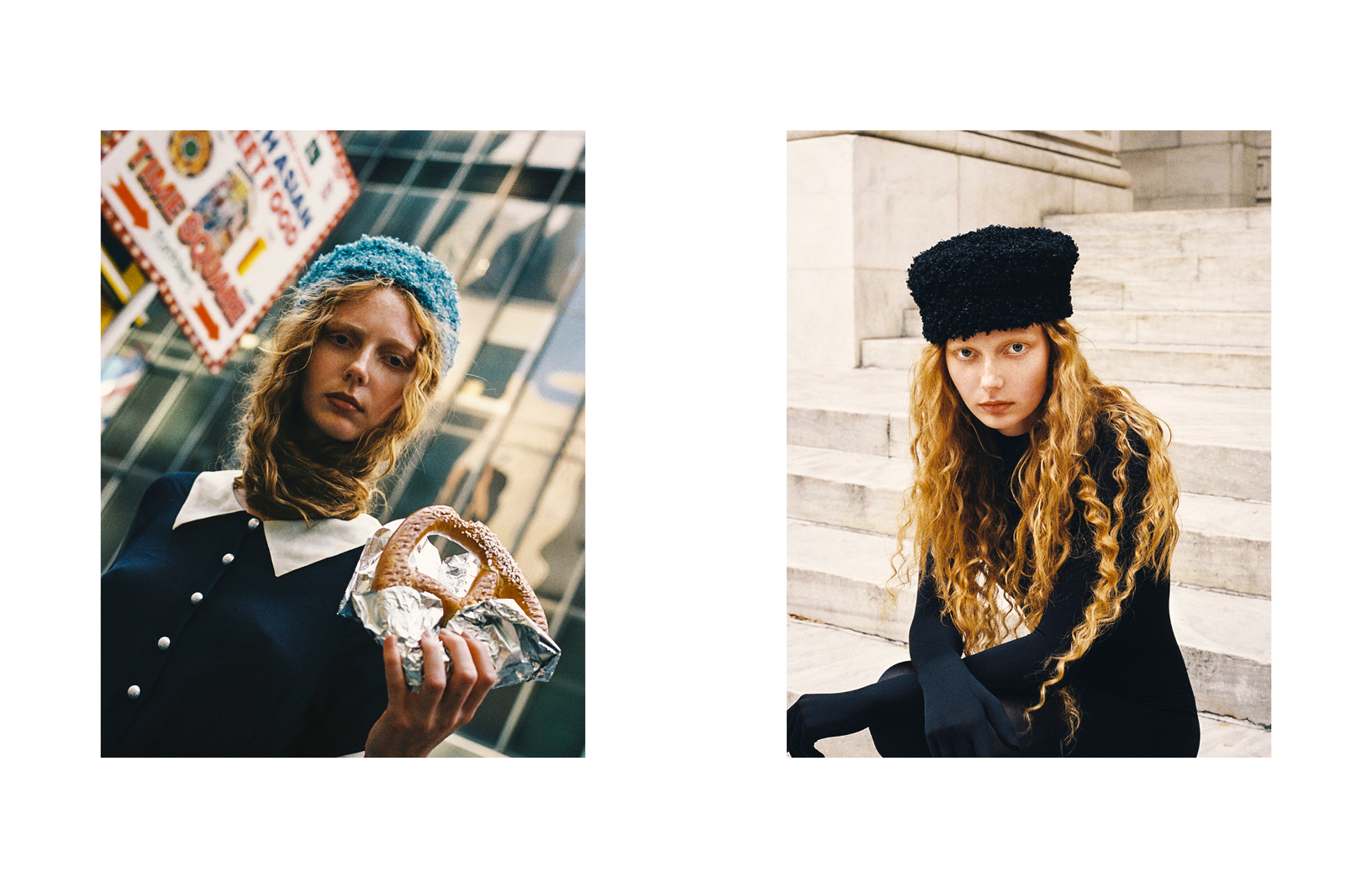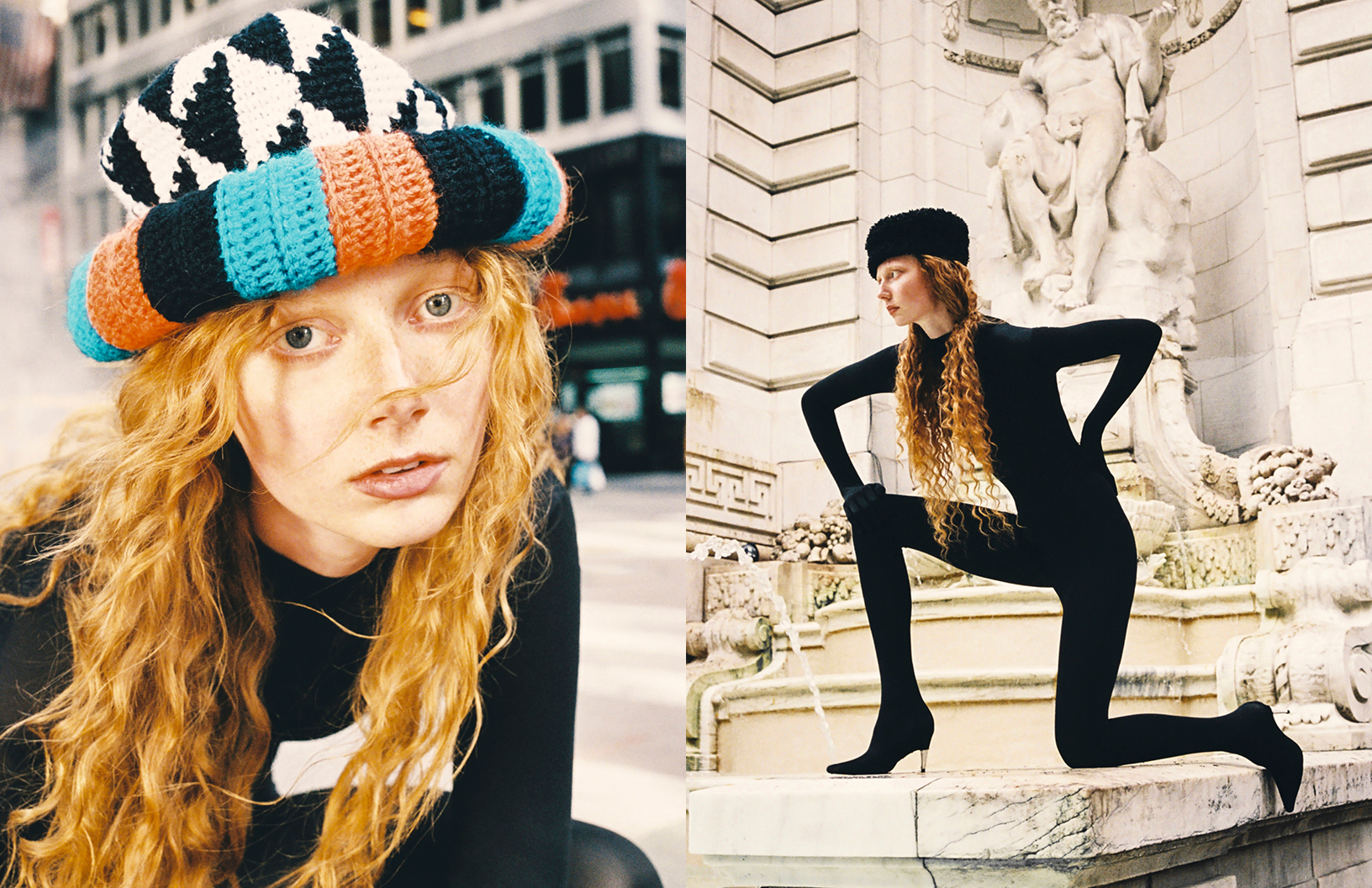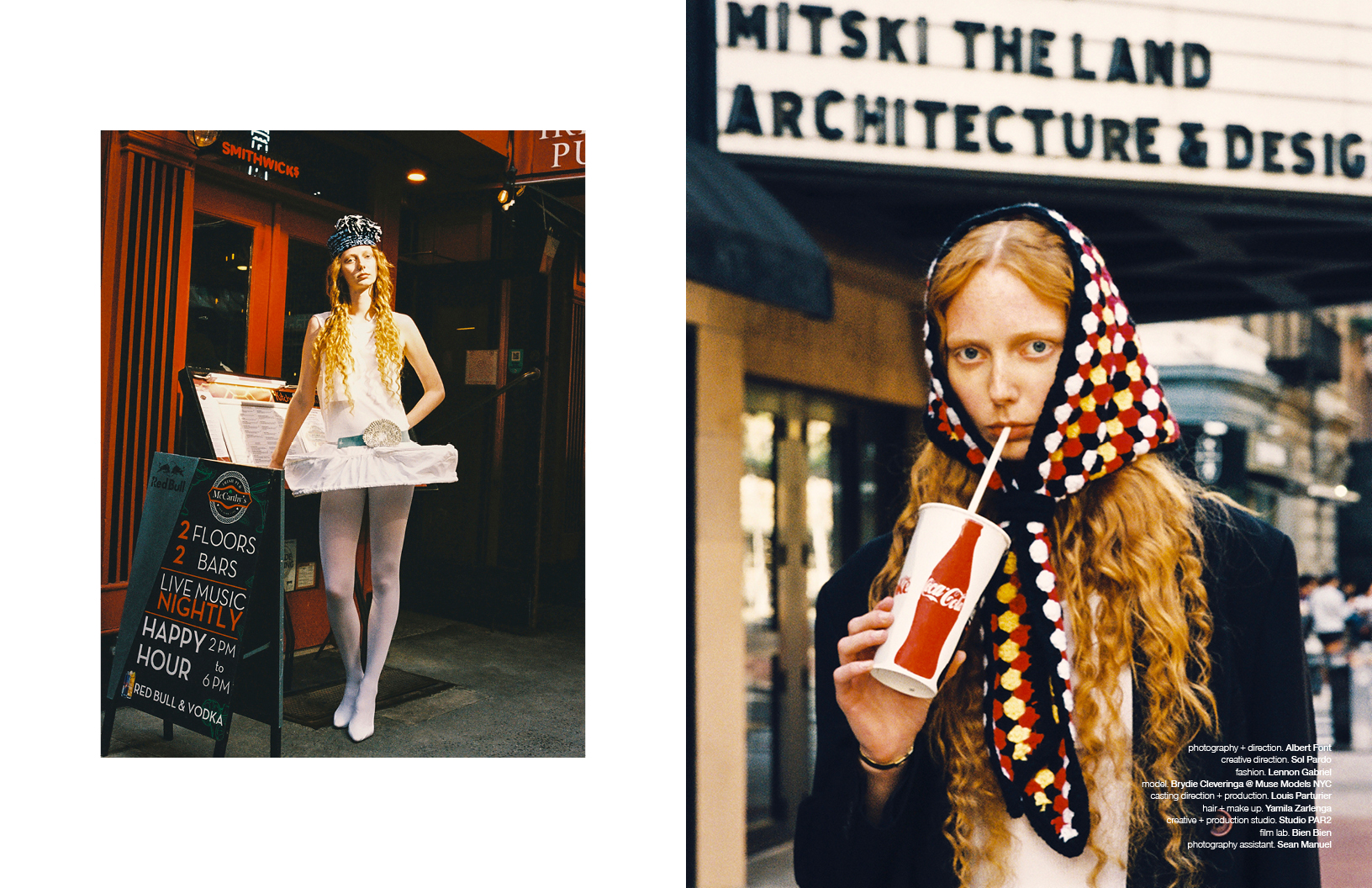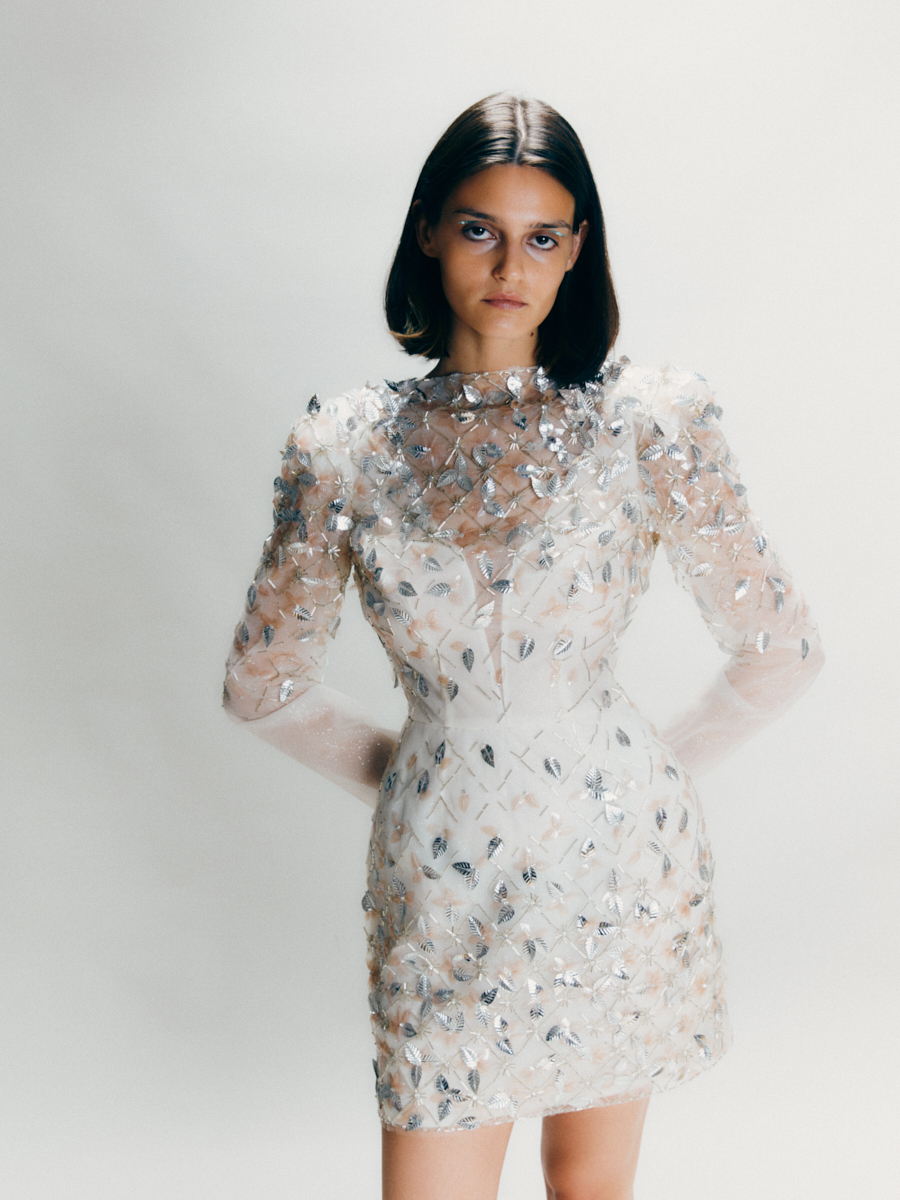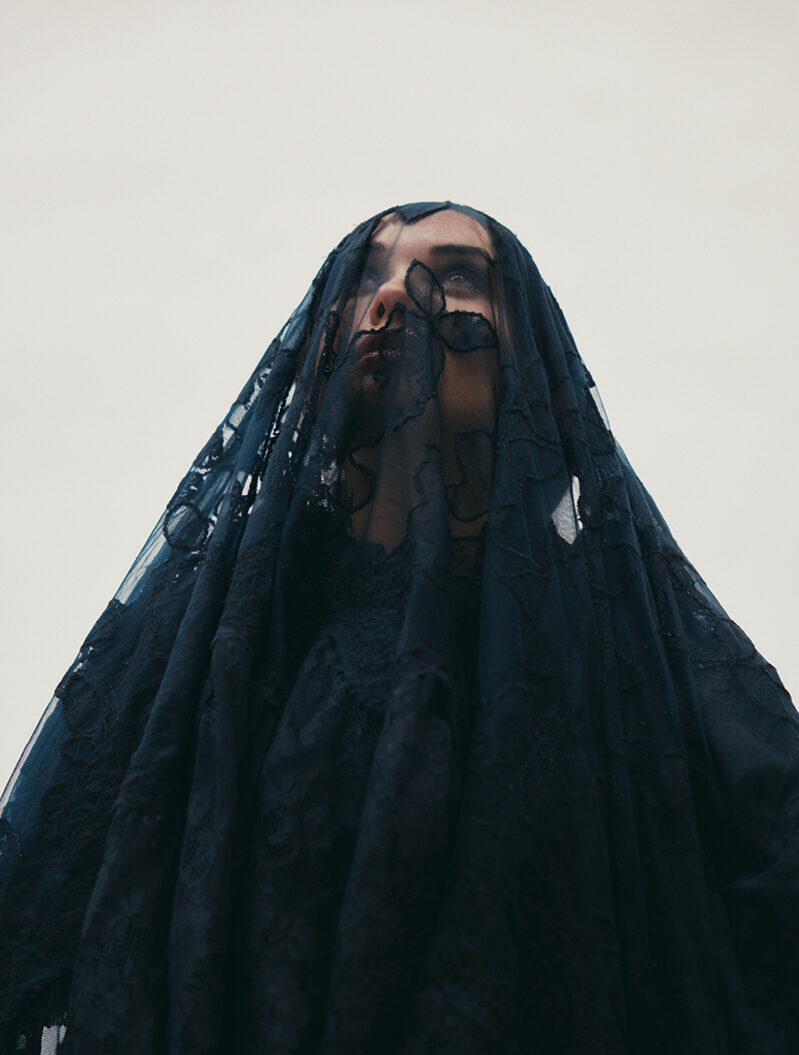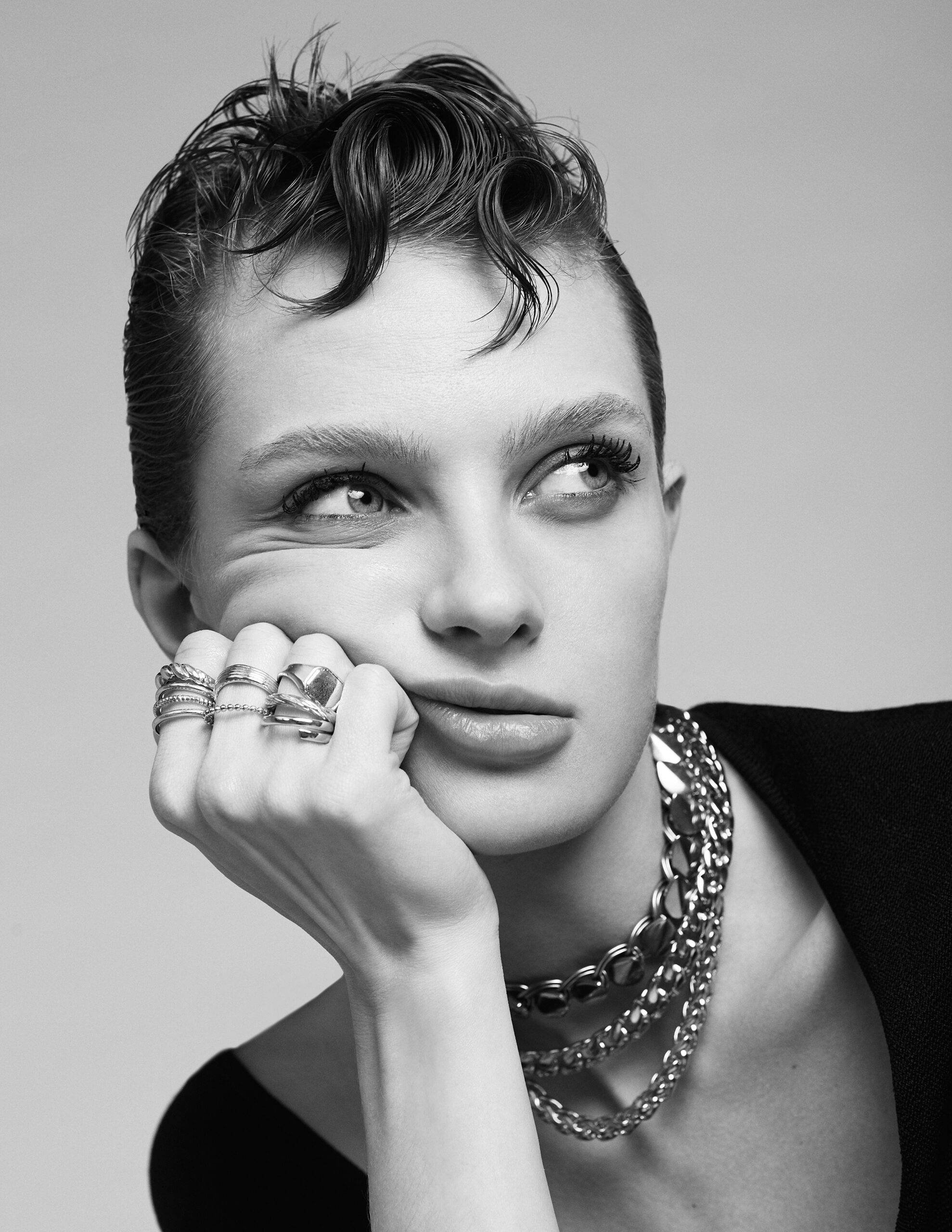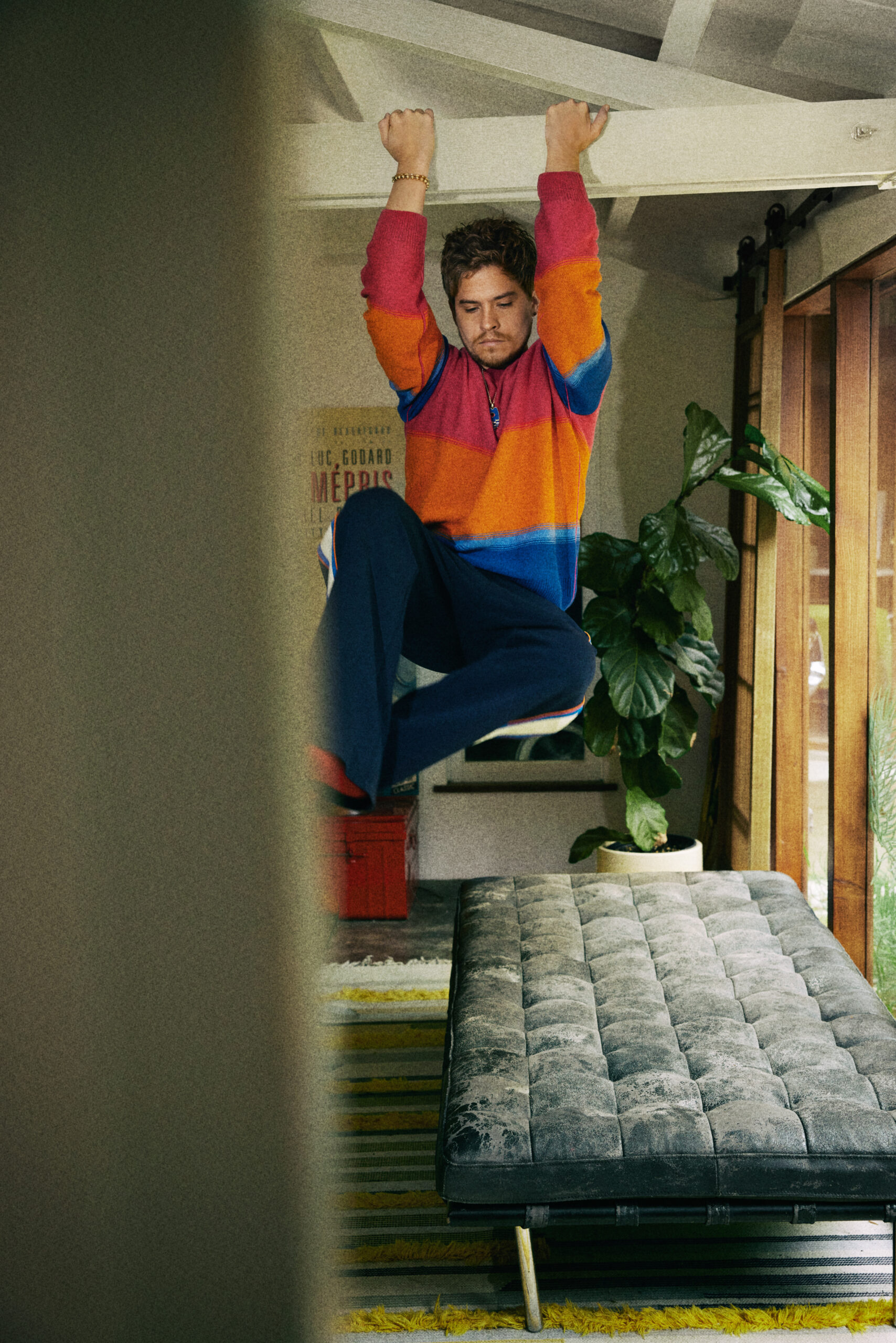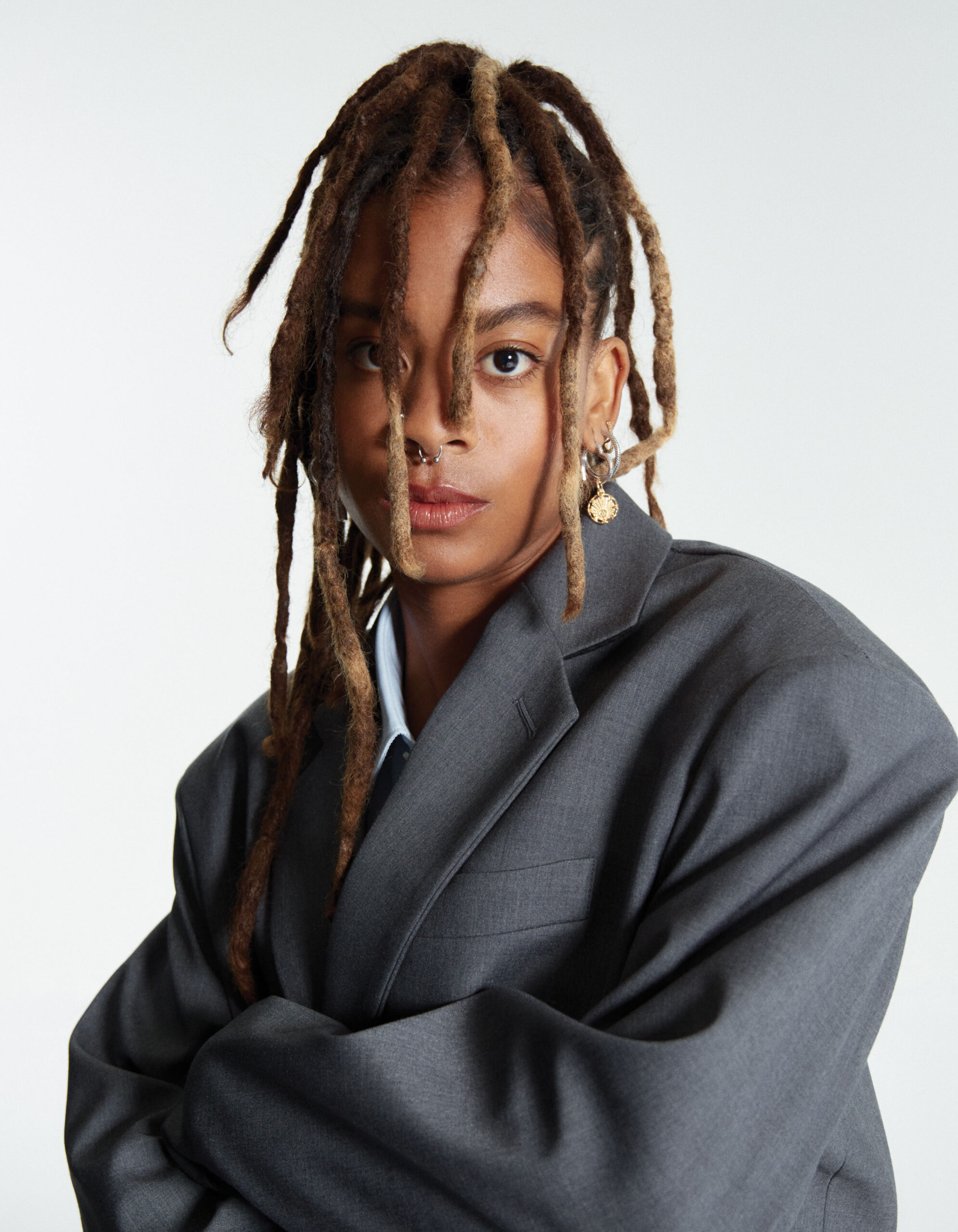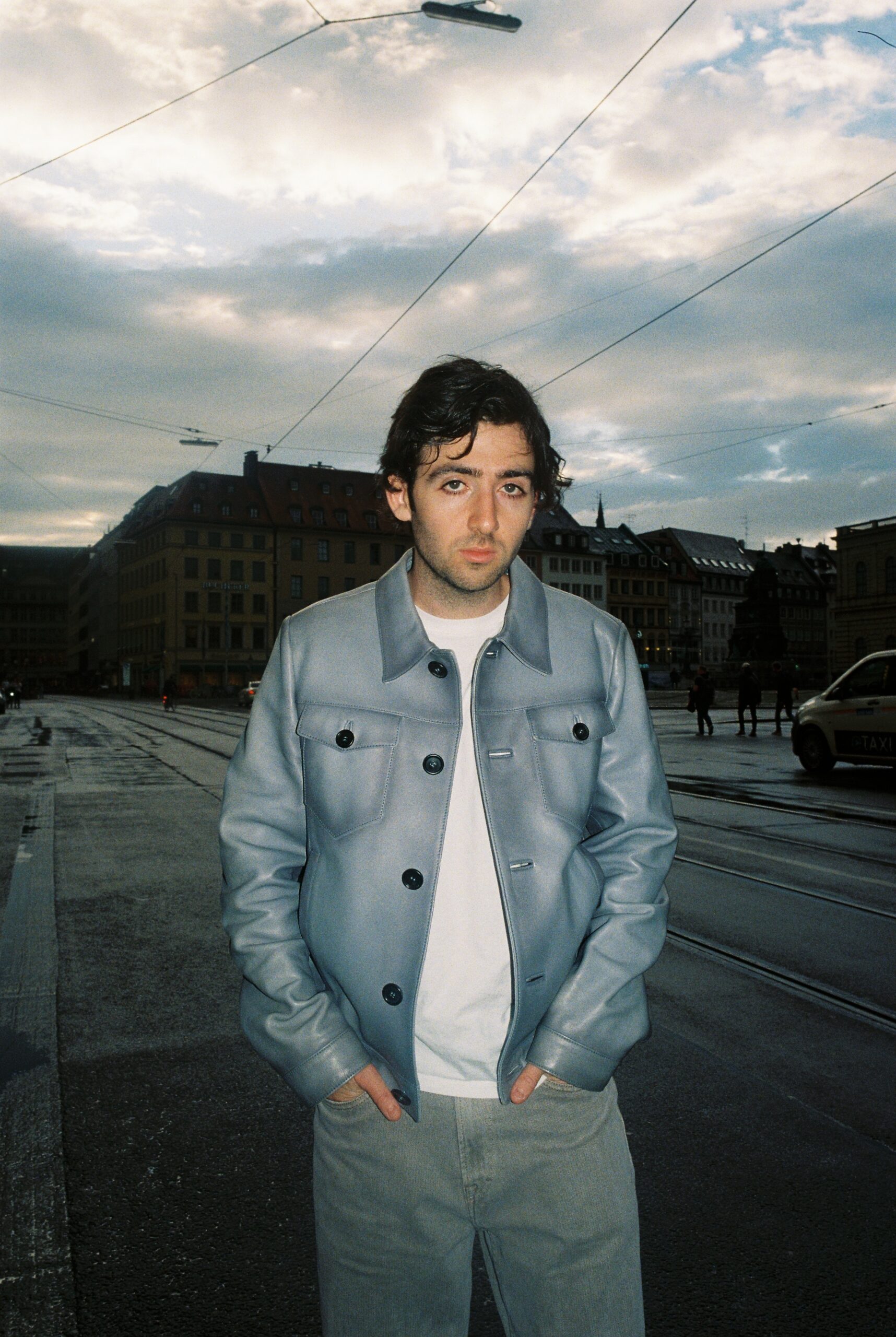
Harley Chamandy, a young Lebanese-Egyptian-Canadian filmmaker, is quickly emerging as a compelling voice in contemporary cinema. With a unique background that spans continents and cultures, Harley’s work is a rich tapestry of influences that reflect his diverse heritage and experiences. His latest film, Allen Sunshine, is a poignant exploration of love, reality, and artistic expression, set against the backdrop of electronic music as the film follows a former music industry vet who retreated to a secluded lake house after his wife’s suicide. What’s most compelling, though, is Chamandy’s direction — taking the lead character from the past to the future throughout the film. It’s been critically acclaimed, even winning the Werner Herzog Film Award, with Herzog applauding Chamandy’s vision and touching on how he first took part in Herzog’s first workshop for young filmmakers when he was just 17 years old.
Following the film’s premiere at the 41st Munich International Film Festival, Schön! dives into Harley Chamandy’s creative process, inspirations, and the challenges he faced as a young filmmaker.
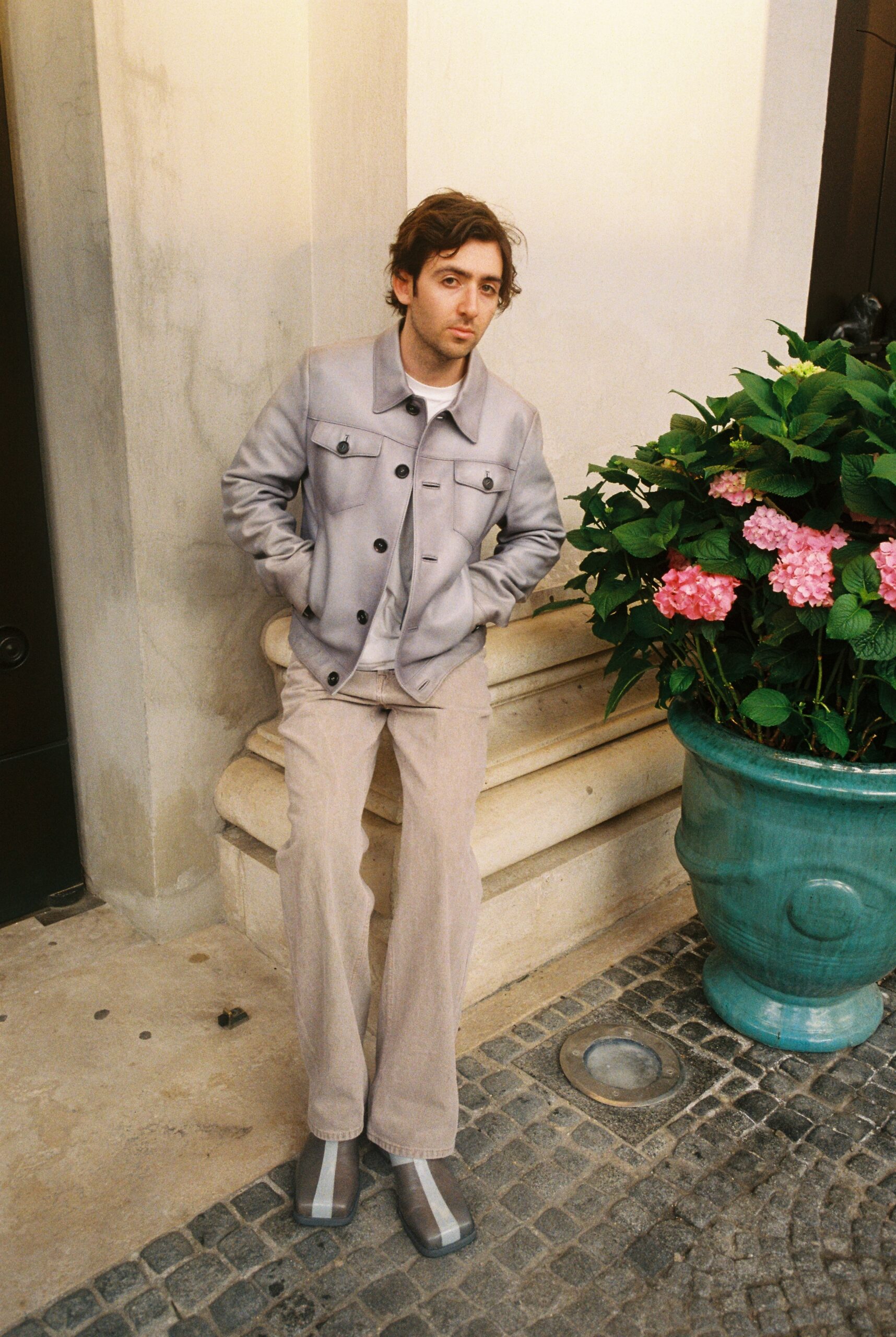
Can you tell us about your background and how your Lebanese, Egyptian heritage and Canadian roots influence your filmmaking?
Absolutely. My mother, Chantal Chamandy was born in Egypt and is a singer by trade. She was the first person to perform in front of the pyramids in Egypt on live television. I remember watching her perform at the pyramids when I was about eight years old. My grandfather, although not a professional musician, is a pianist and immigrated from Egypt to Canada with my mom when she was ten. Their journey was tough, especially after my grandmother passed away. They went from a comfortable life in Egypt to sleeping on a small mattress in a one-bedroom apartment in Montreal. My grandfather opened a deli and worked tirelessly to support them. Their shared bond for music and the artistic struggles they faced have deeply influenced my creative work. Music and art have always been a way to connect and express, even during the toughest times.
What inspired you to create Allen Sunshine and how did you come up with the storyline and themes?
I wanted to explore the idea of love and what it means to live without it. I think visually, so I started with images that I wanted to see and built the narrative around them. The film delves into our current reality and different realities, like modern-day success versus genuine human connections. Allen’s journey in the film reflects this, moving from fame and money to forming new friendships and exploring different realities. I also incorporated elements of magical realism to prompt viewers to question what is real. The themes of fame and parasocial relationships, where people feel they know someone through their image, were also crucial to the story.
How did electronic music and fashion play a role in Allen Sunshine and why were these elements important to the film?
Electronic music, especially Ethan Rose’s work, was a significant influence. His album Ceiling Songs moved me deeply, and I listened to it daily while writing Allen Sunshine. Electronic music is introspective and doesn’t cater to an audience, making it a meditative and personal art form, which suits the film’s introspective nature. Fashion was also vital; I wanted every frame to look like a painting. My girlfriend, Samantha Vocatura a sustainable fashion designer, took on the role of costume designer, ensuring that every piece of clothing was second-hand, adding texture and character. I am inspired by fashion designers like Alexander McQueen and Margiela, whose strong aesthetic viewpoints influence my filmmaking more than other filmmakers.
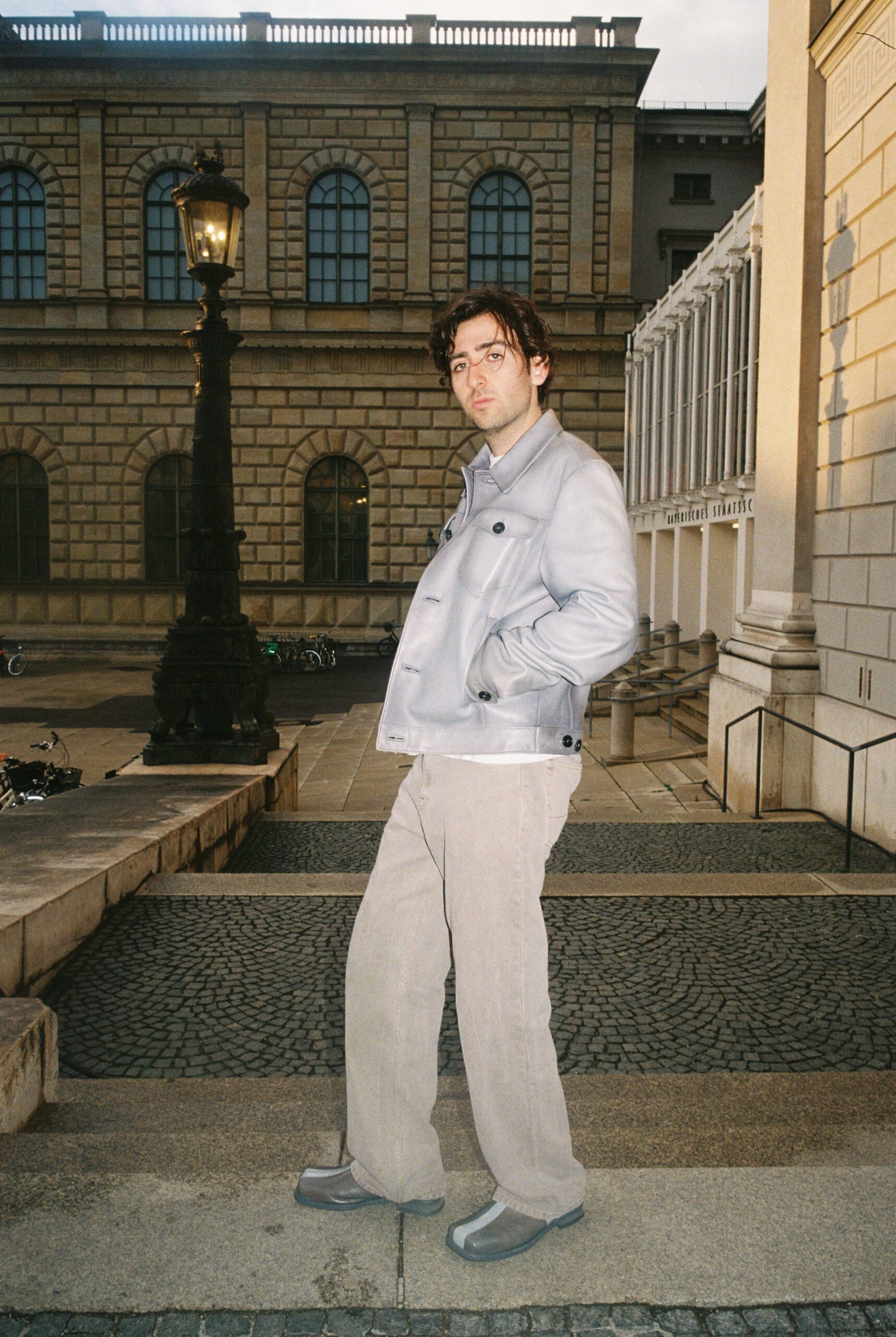
Can you share your experiences working with Ethan Rose on the score and how his previous work influenced the musical direction of the film?
Discovering Ethan Rose’s music was a transformative experience for me. His album Ceiling Songs profoundly impacted me, and I couldn’t imagine the film without his music. I reached out to him with a cold email, sharing how much his work meant to me. He appreciated the script and the focus on Alan’s relationship with his music. This collaboration started with a cold email and evolved into a partnership that shaped the film’s musical direction.
As a young filmmaker at 22, what challenges did you face while making Allen Sunshine and how did you overcome them?
We faced numerous challenges, from working with non-actors and animals to dealing with unpredictable weather. My mom produced the film, and her resourcefulness and dedication made it possible. She and her partner found creative solutions to make the film on a very small budget. Working with family created a strong support system, allowing us to navigate the obstacles together.
In your opinion, what is the current state of cinema, especially for young artists, and how do you see it evolving in the future?
I believe cinema is currently in a challenging state, with many young filmmakers focusing on politically motivated themes and punchlines rather than visual storytelling. To keep cinema alive, we need a strong aesthetic viewpoint and original perspectives. Filmmakers should prioritize visual elements and create more nuanced and thoughtful work. We need more artists like Frank Ocean in the film industry, pushing boundaries and creating impactful art.
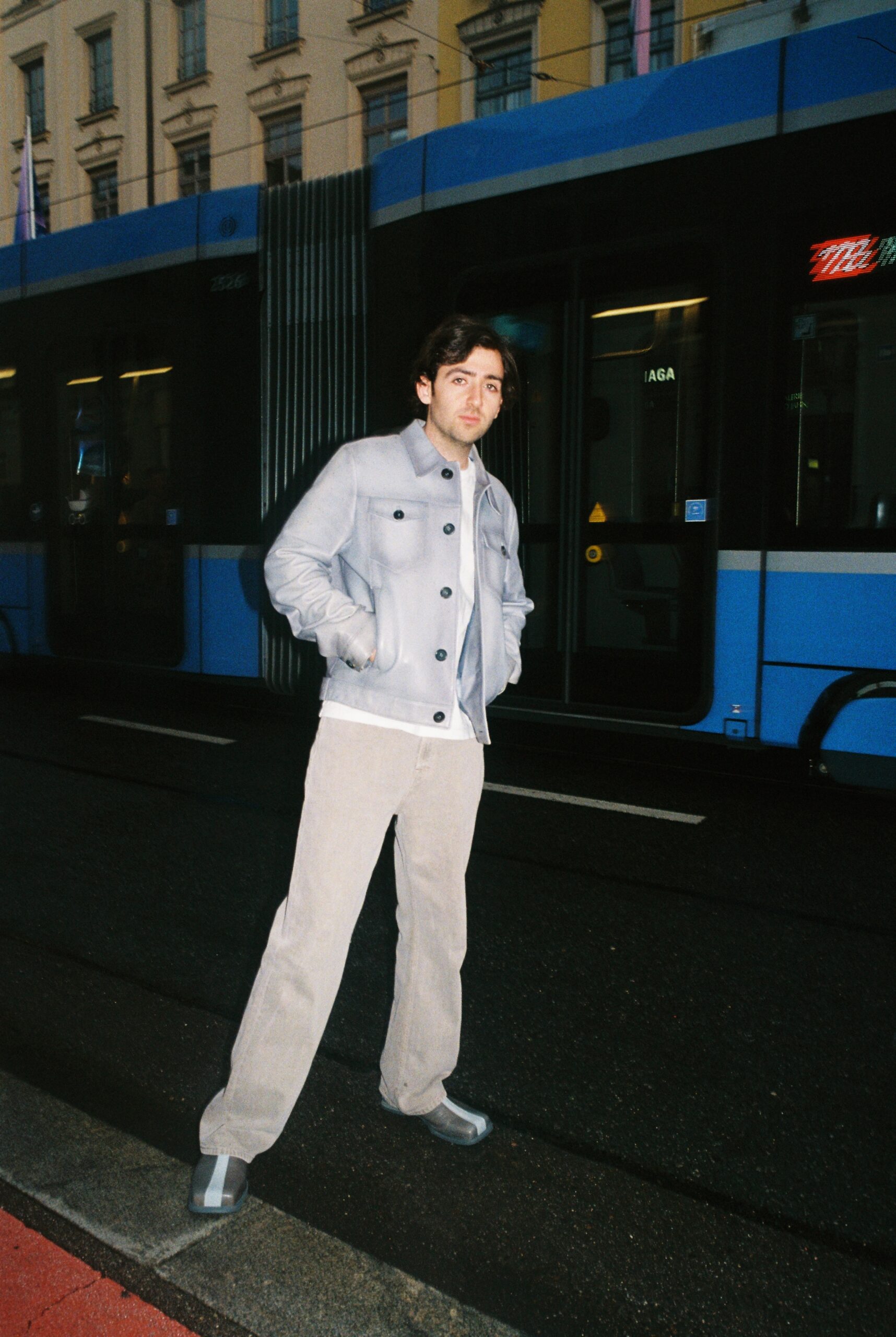
How do you feel about Allen Sunshine premiering at the 41st Munich International Film Festival, and what are your expectations for the audience’s reception?
I’m incredibly excited and grateful for the opportunity to showcase the film on an international stage. It’s an honour to represent Canadian cinema, which hasn’t been at the forefront of culture recently. There’s a focus on Canadian films at Munich, which is very encouraging. I’m thrilled to share the film with an audience and have my family present.
What do you believe makes Allen Sunshine a unique and compelling film for today’s viewers, and how do you hope it contributes to the discourse on the arts, electronic music, and fashion?
I hope Allen Sunshine offers a sense of hope and optimism to my generation. The film encourages viewers to slow down and reflect on what makes us human. By exploring unconventional friendships and relationships, I aim to create a film that resonates on multiple levels, from visual aesthetics to emotional depth. I want Allen Sunshine to serve as a reference for future fashion designers and artists, emphasizing that fashion, music, and cinema are interconnected and stem from the same creative source.
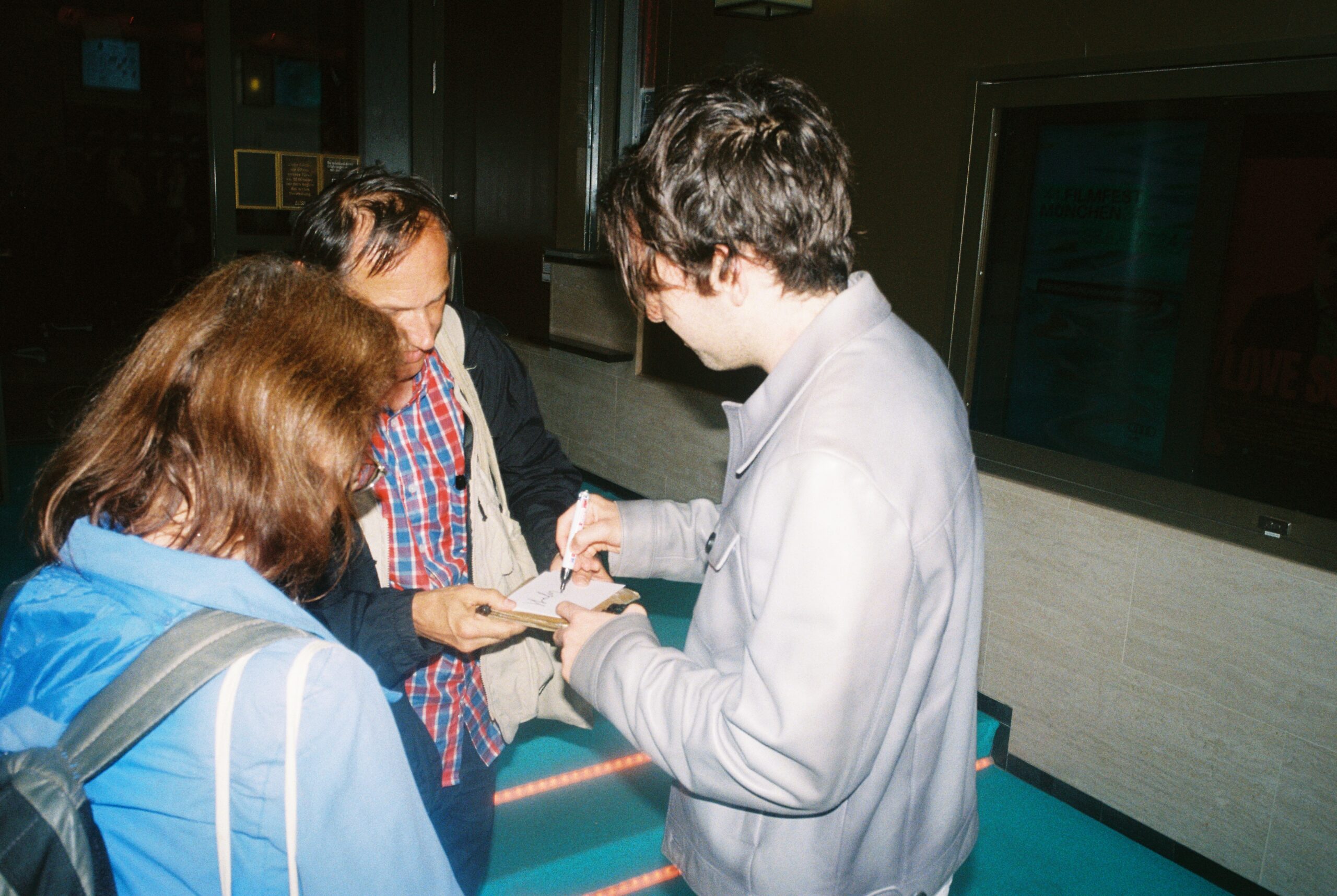
Follow Harley Chamandy at @harleychamandy.
photography. Boris Halas
styling. Samantha Vocatura + Kyron Warrick
interview. Alper Kurtel




